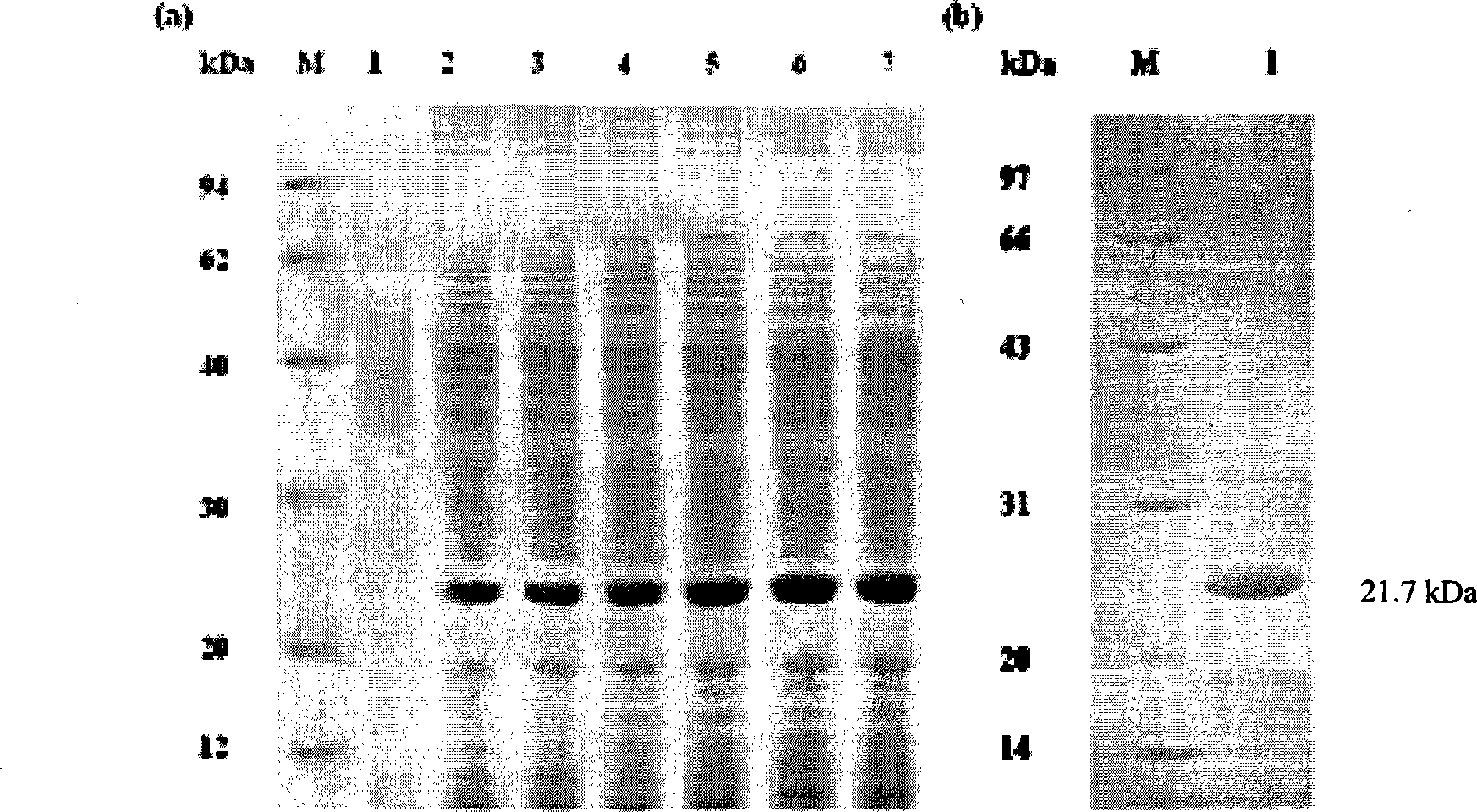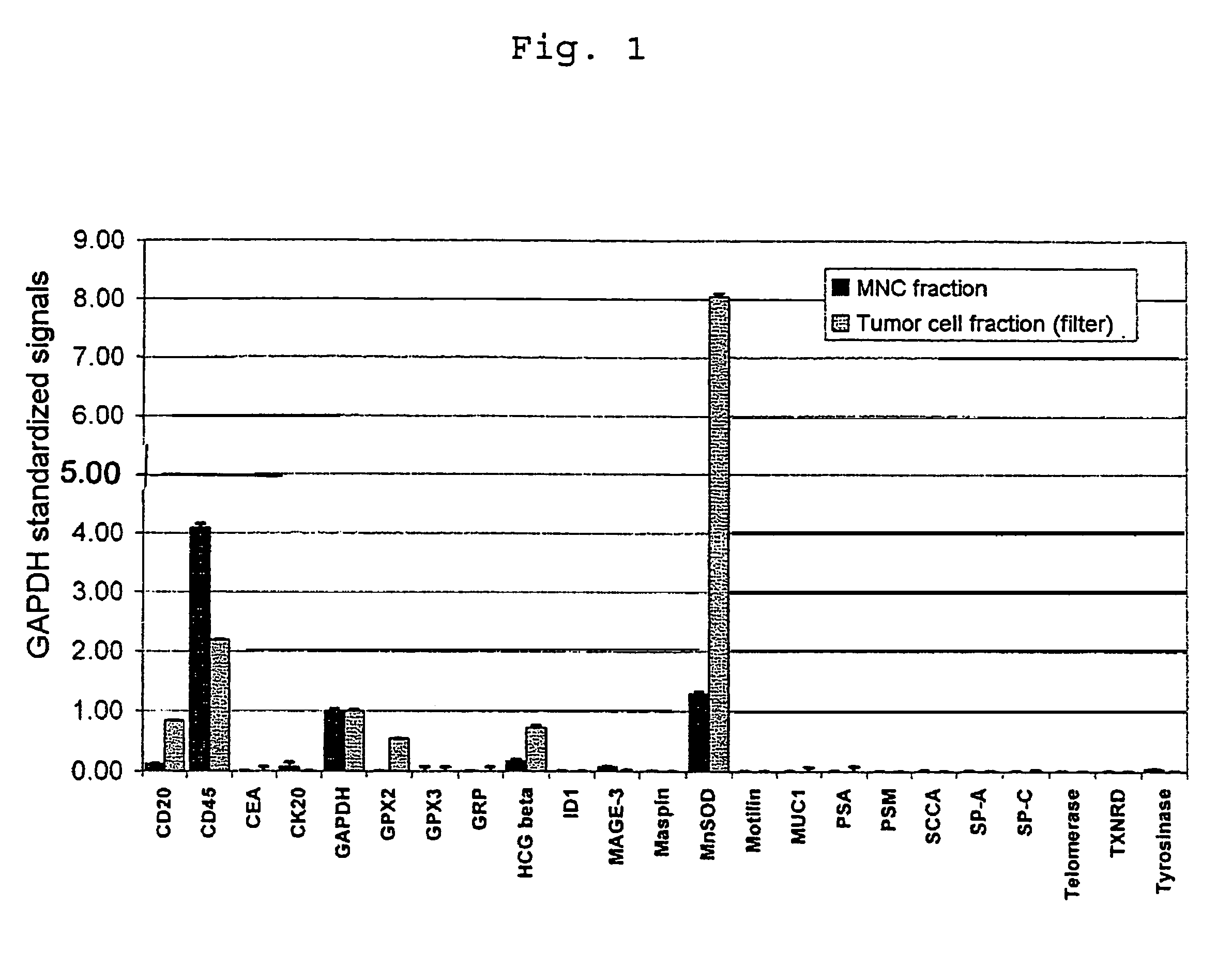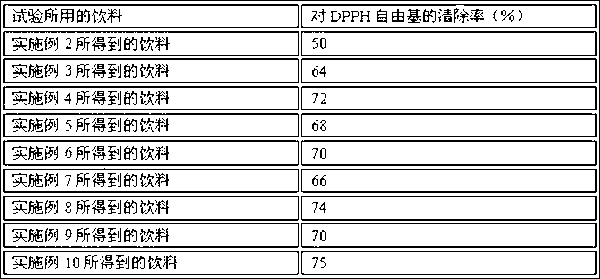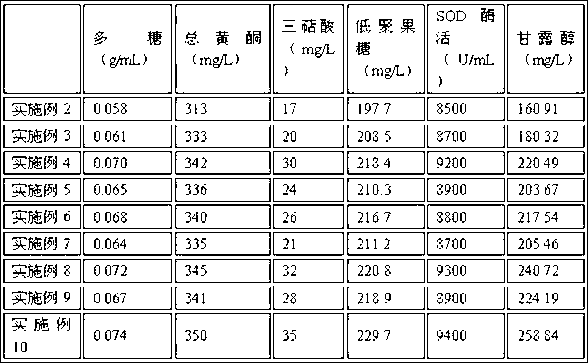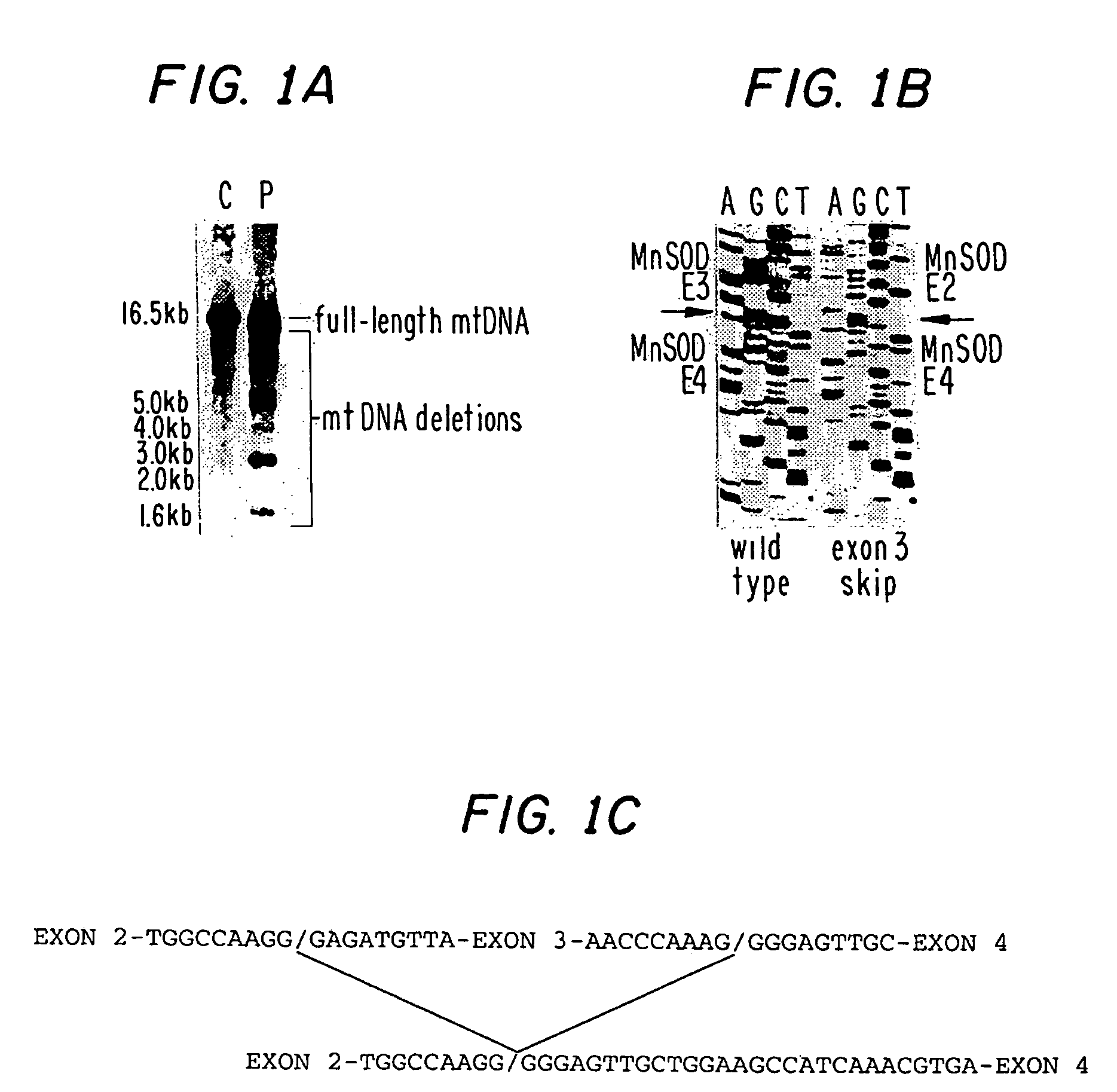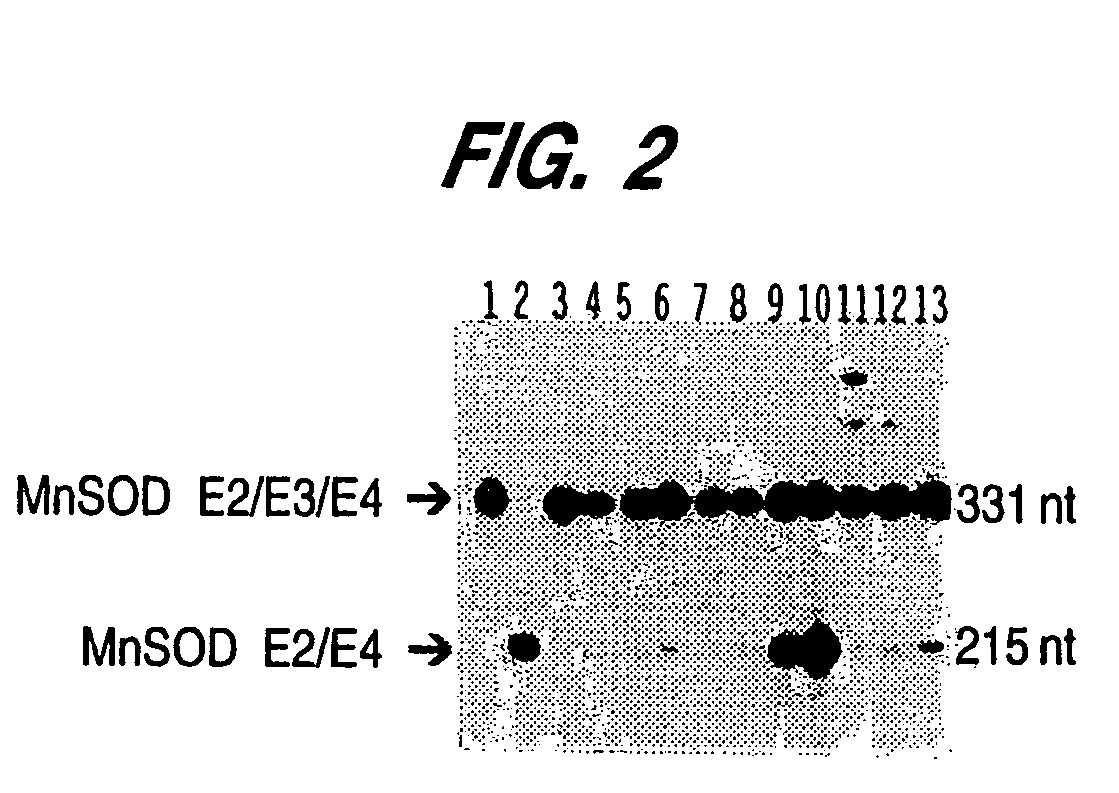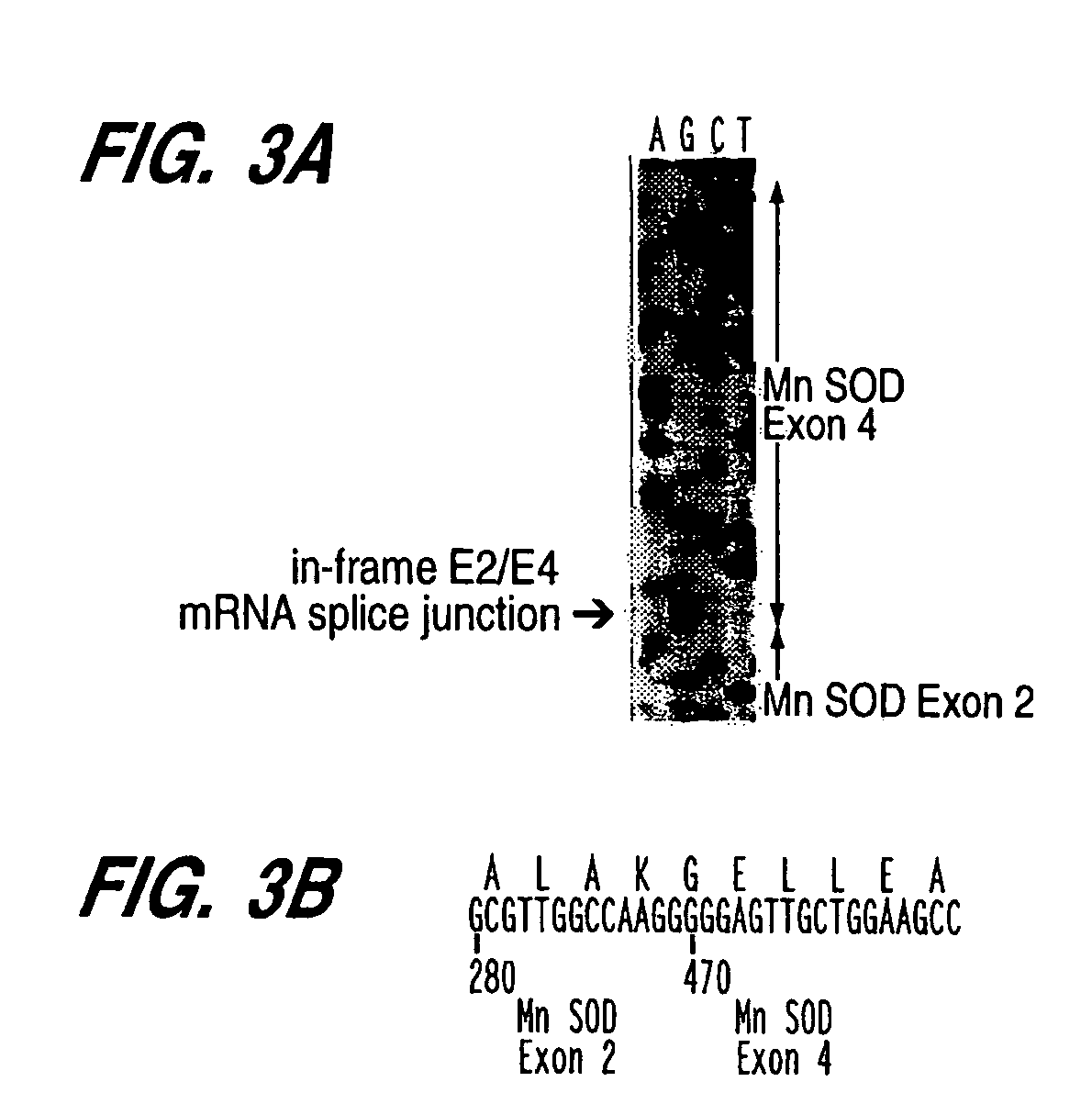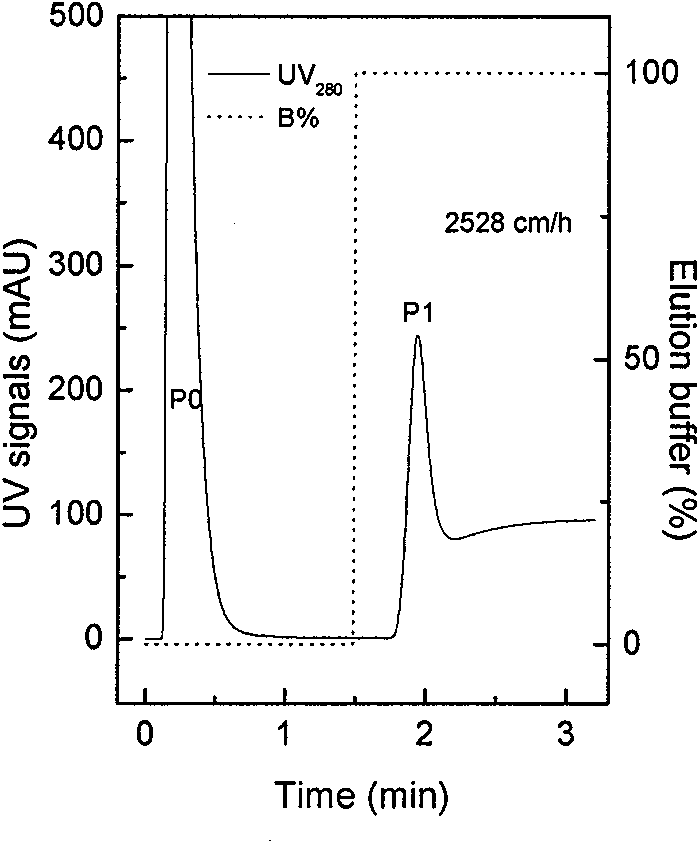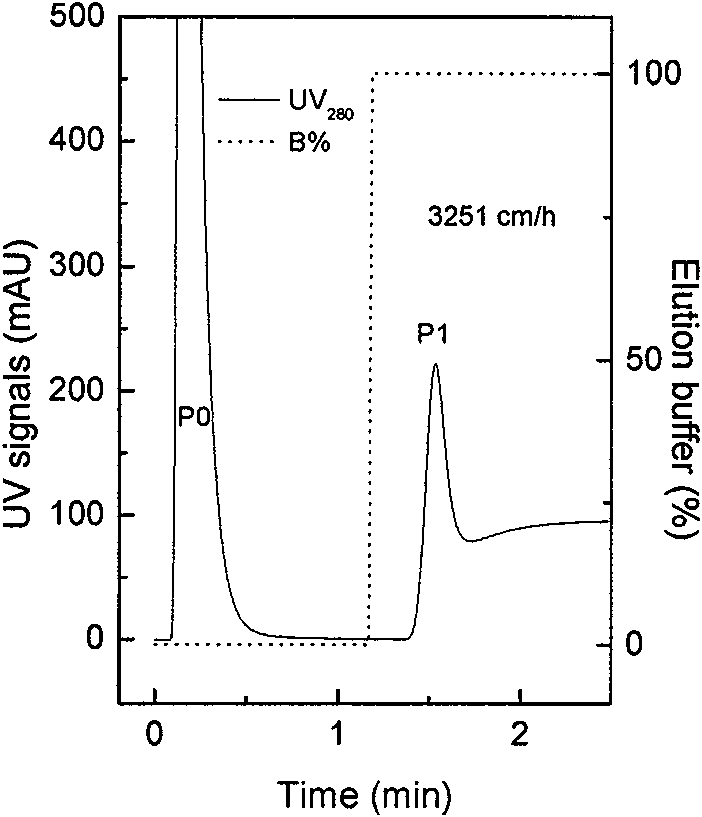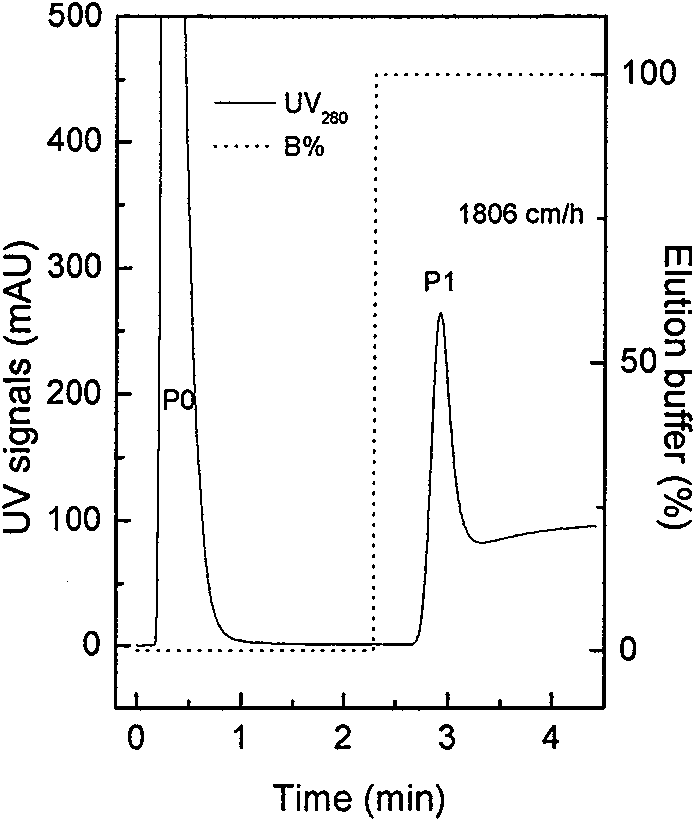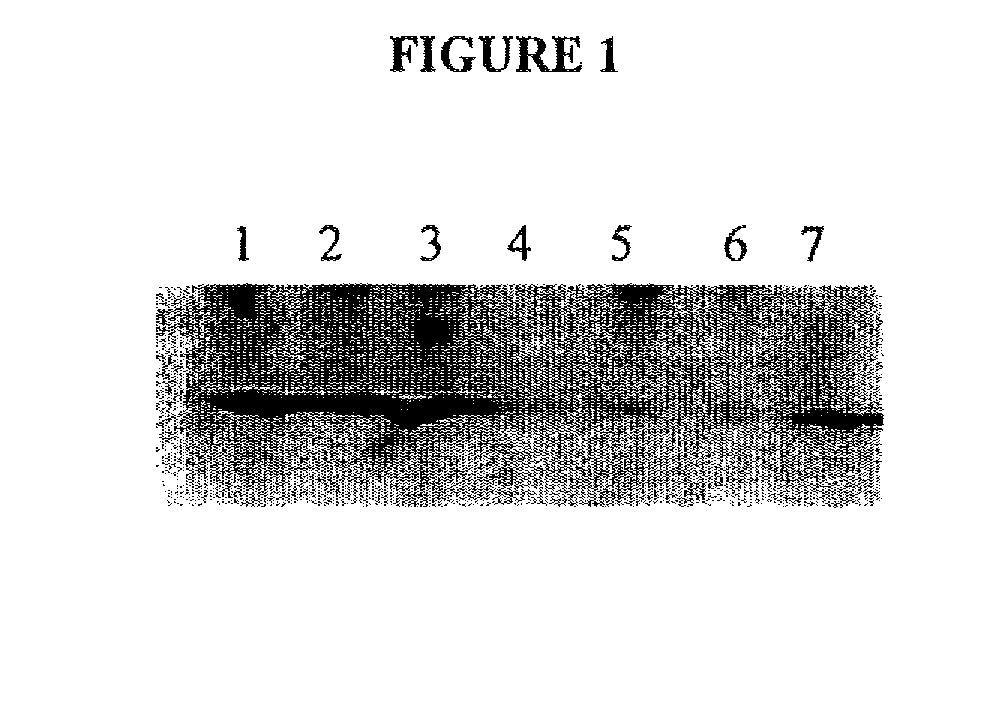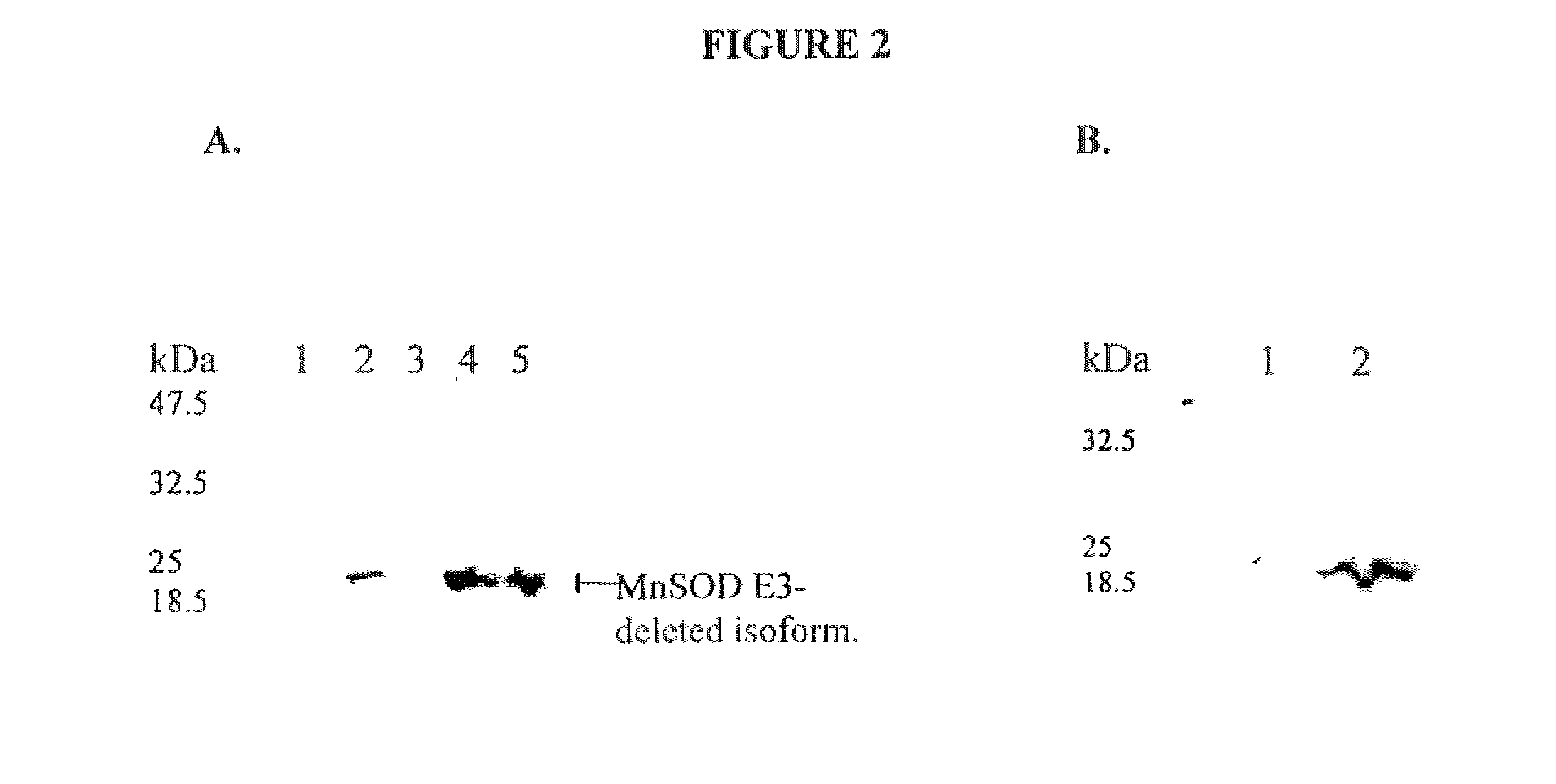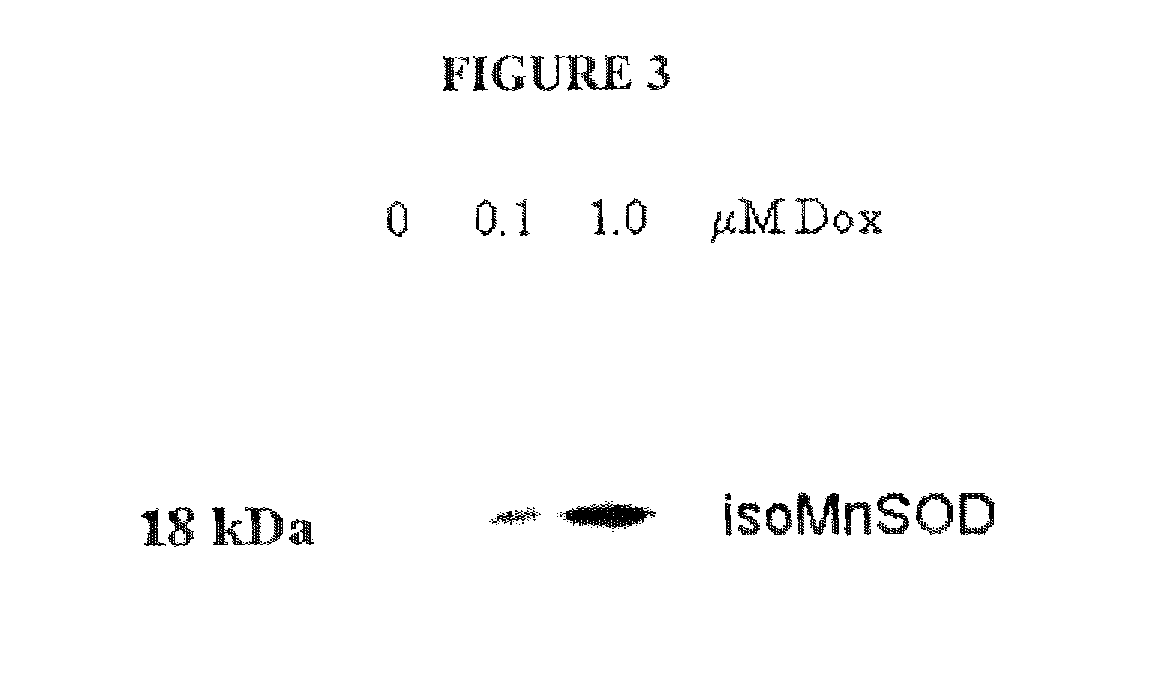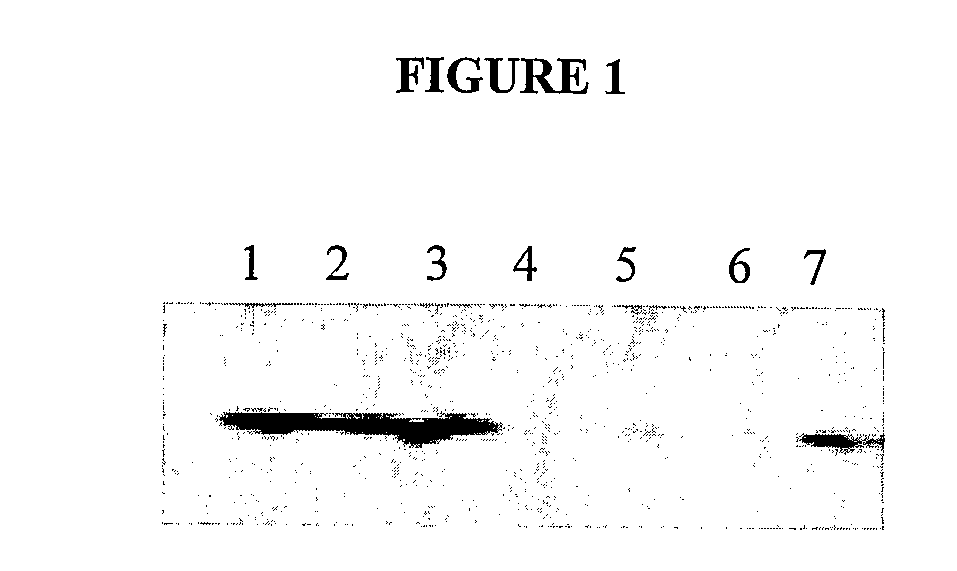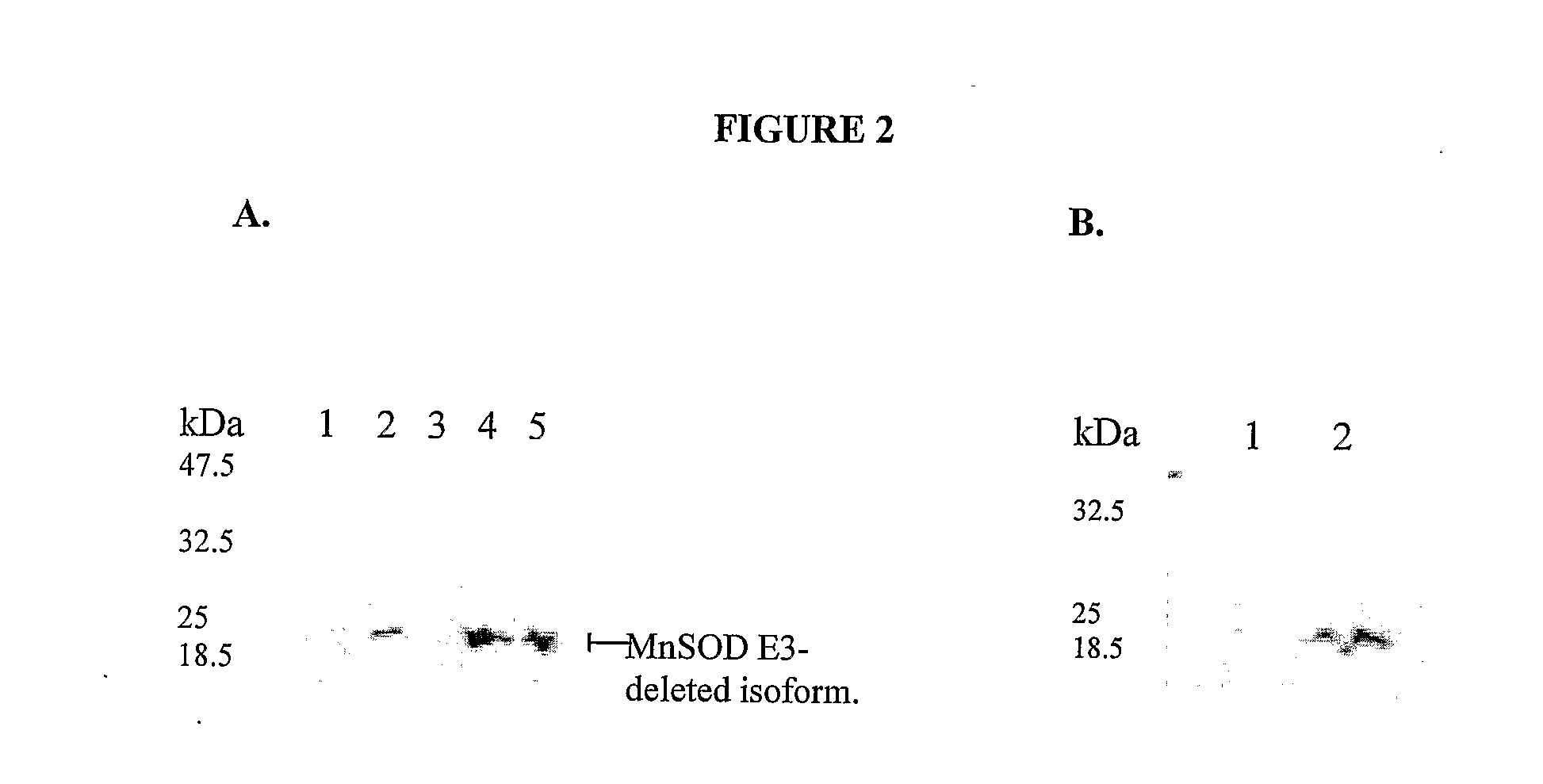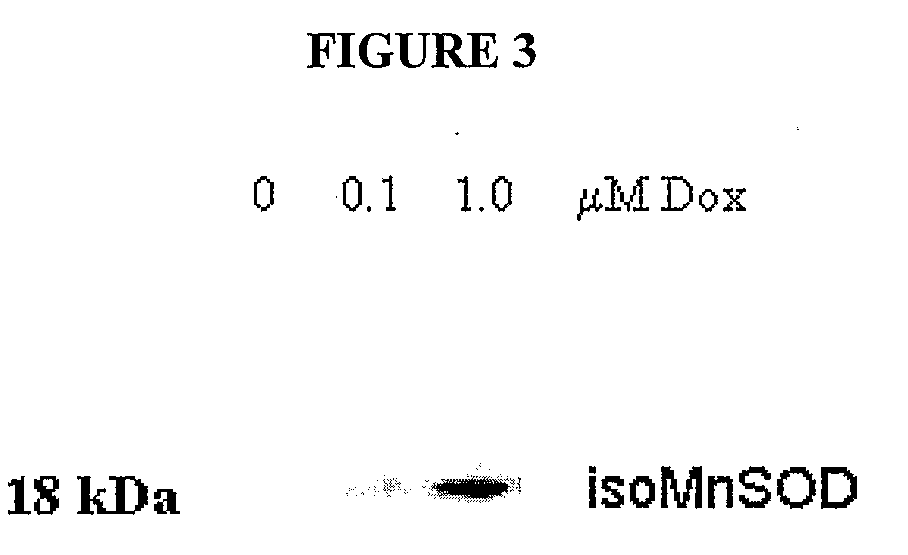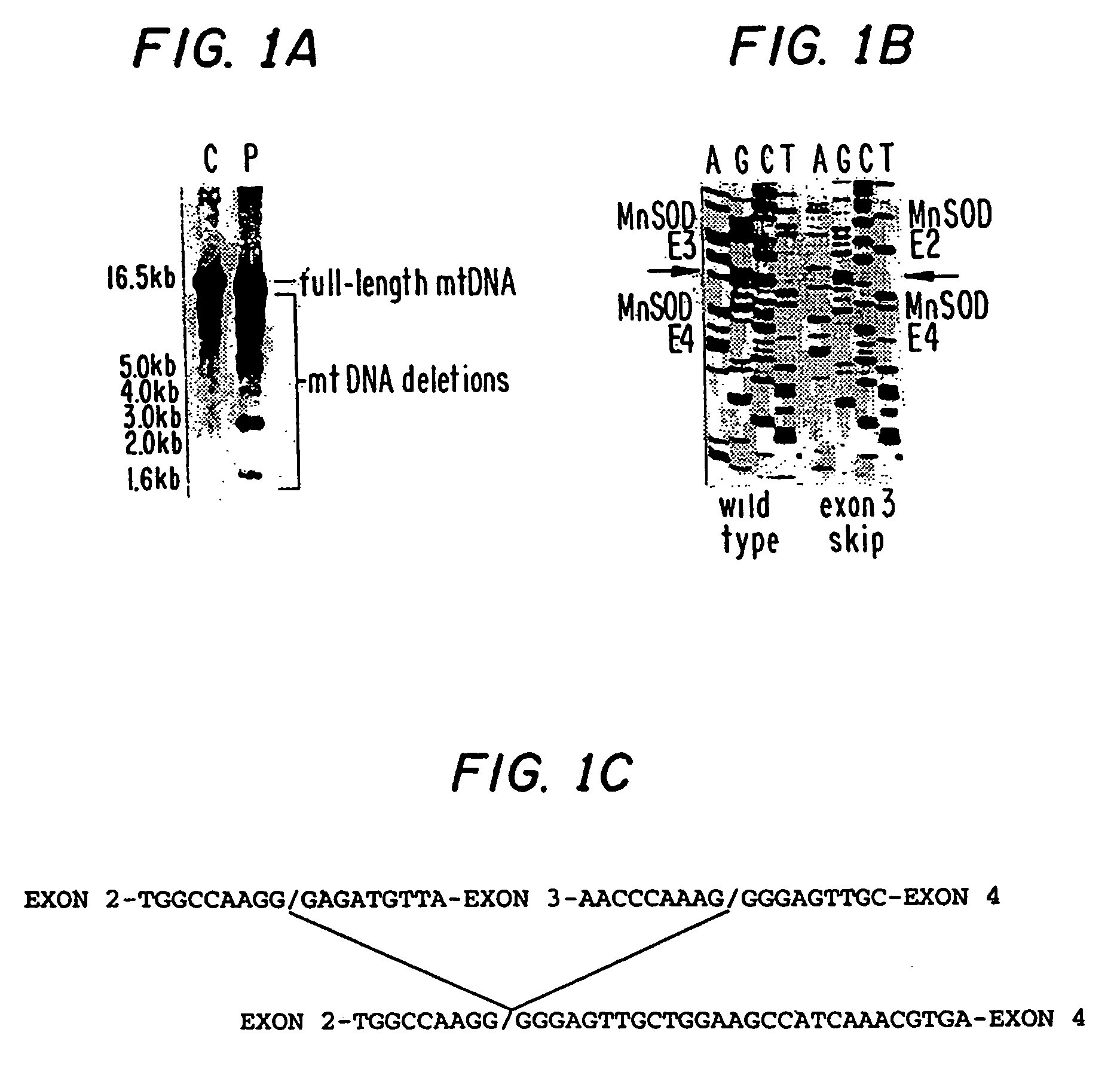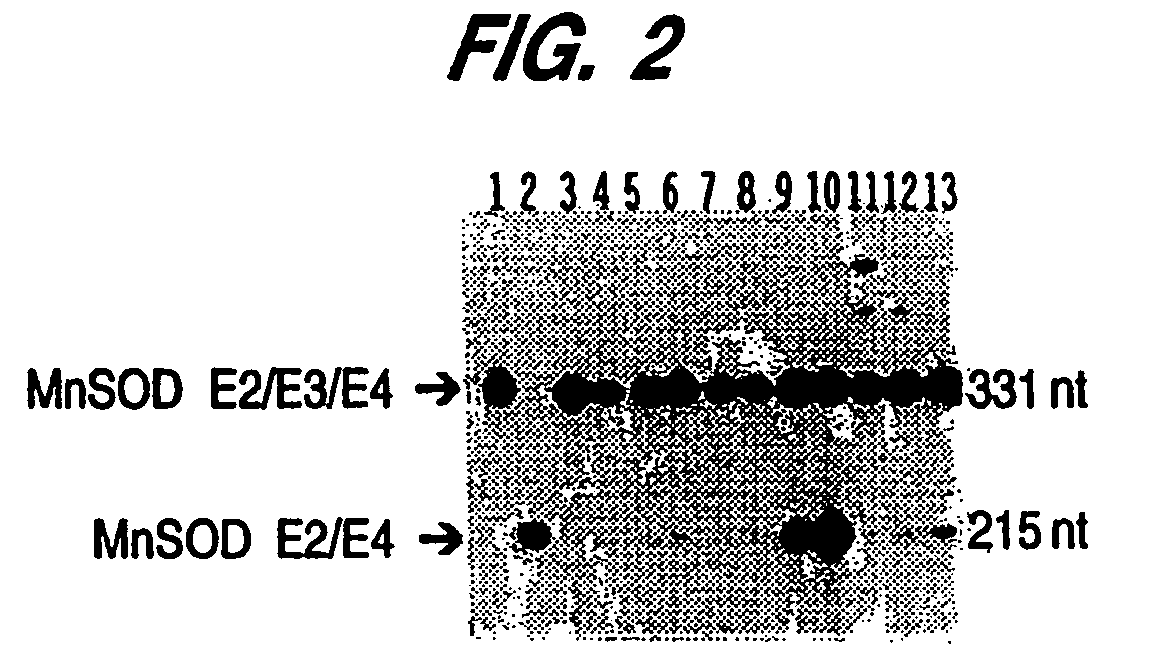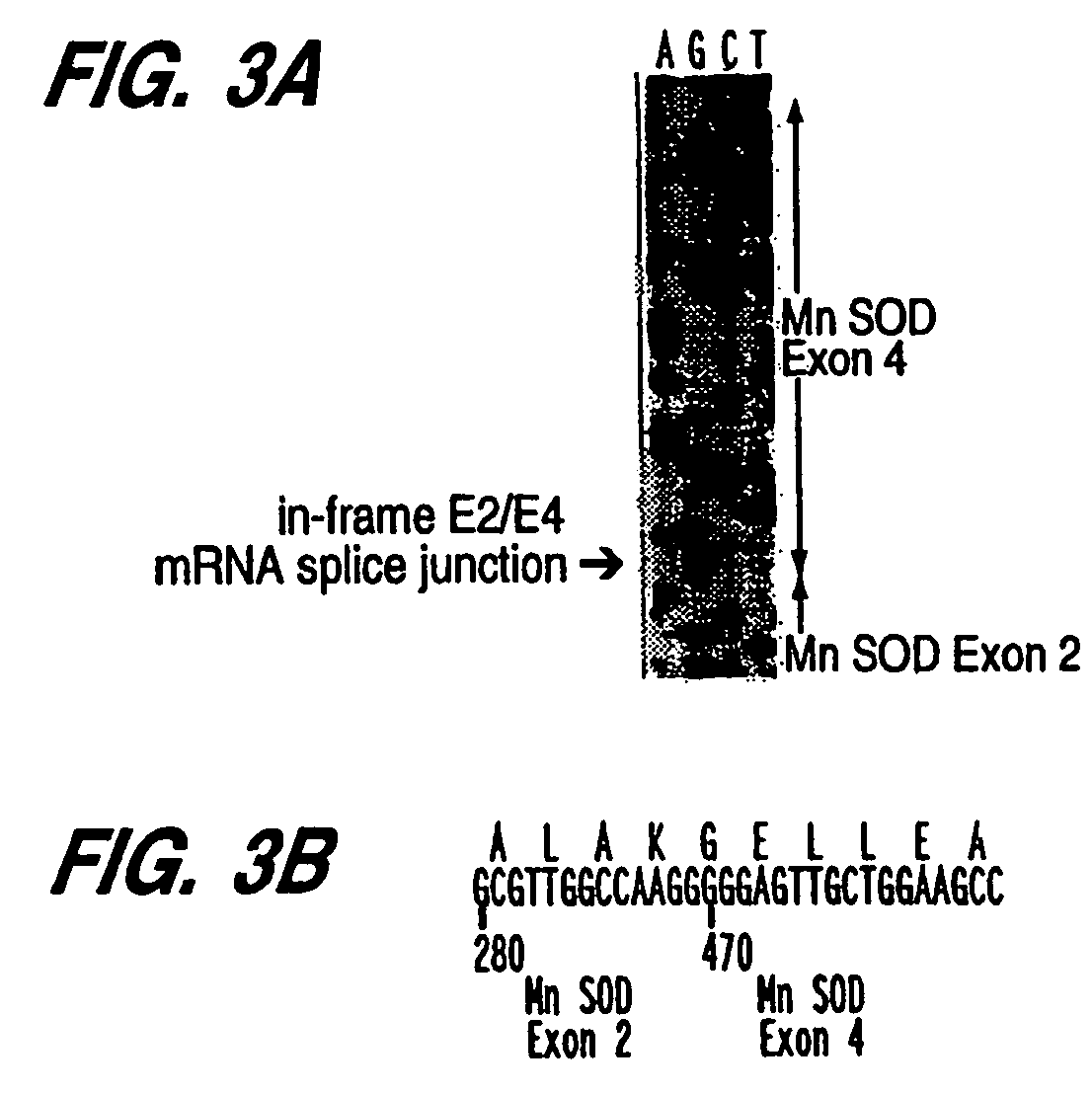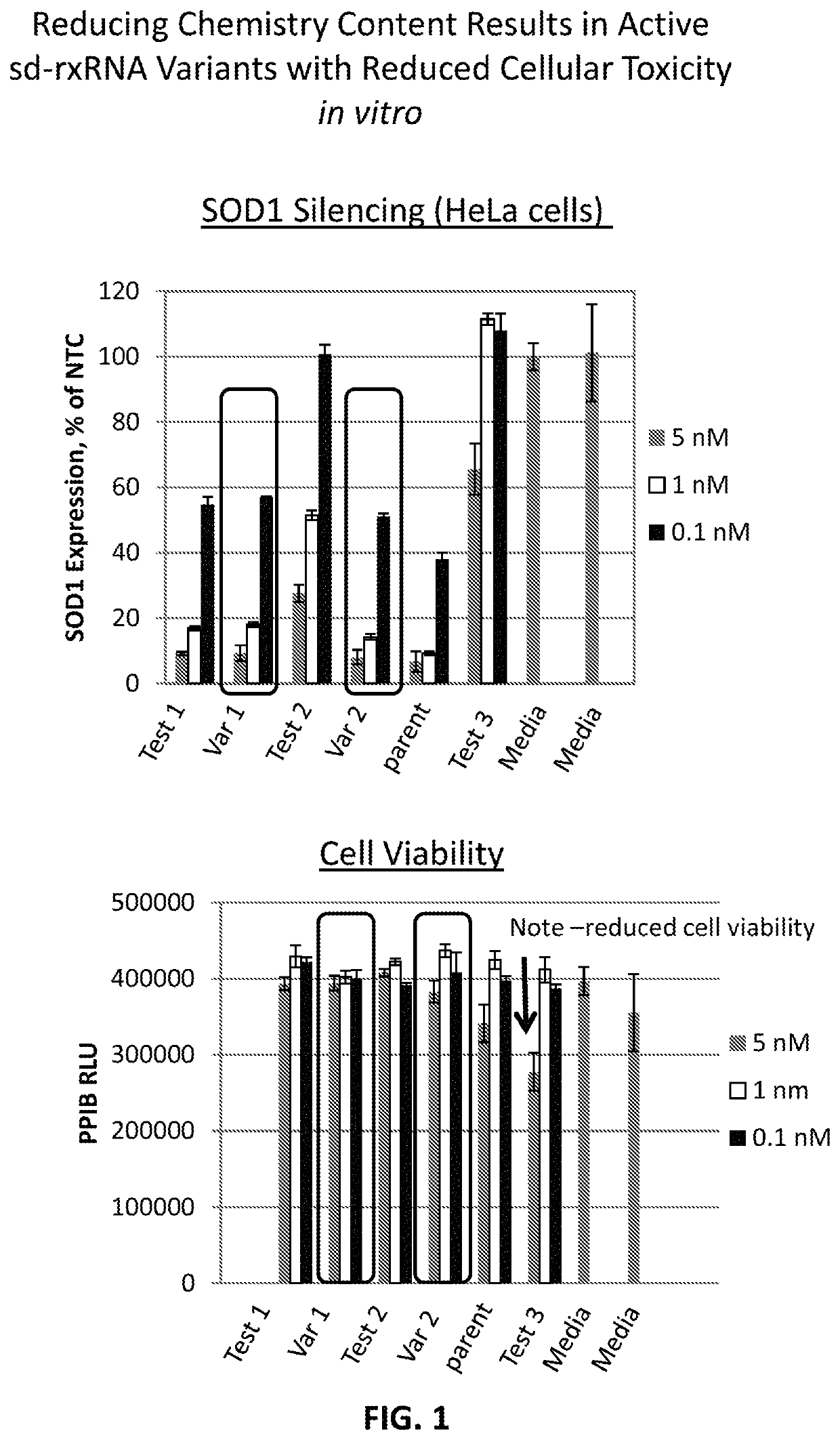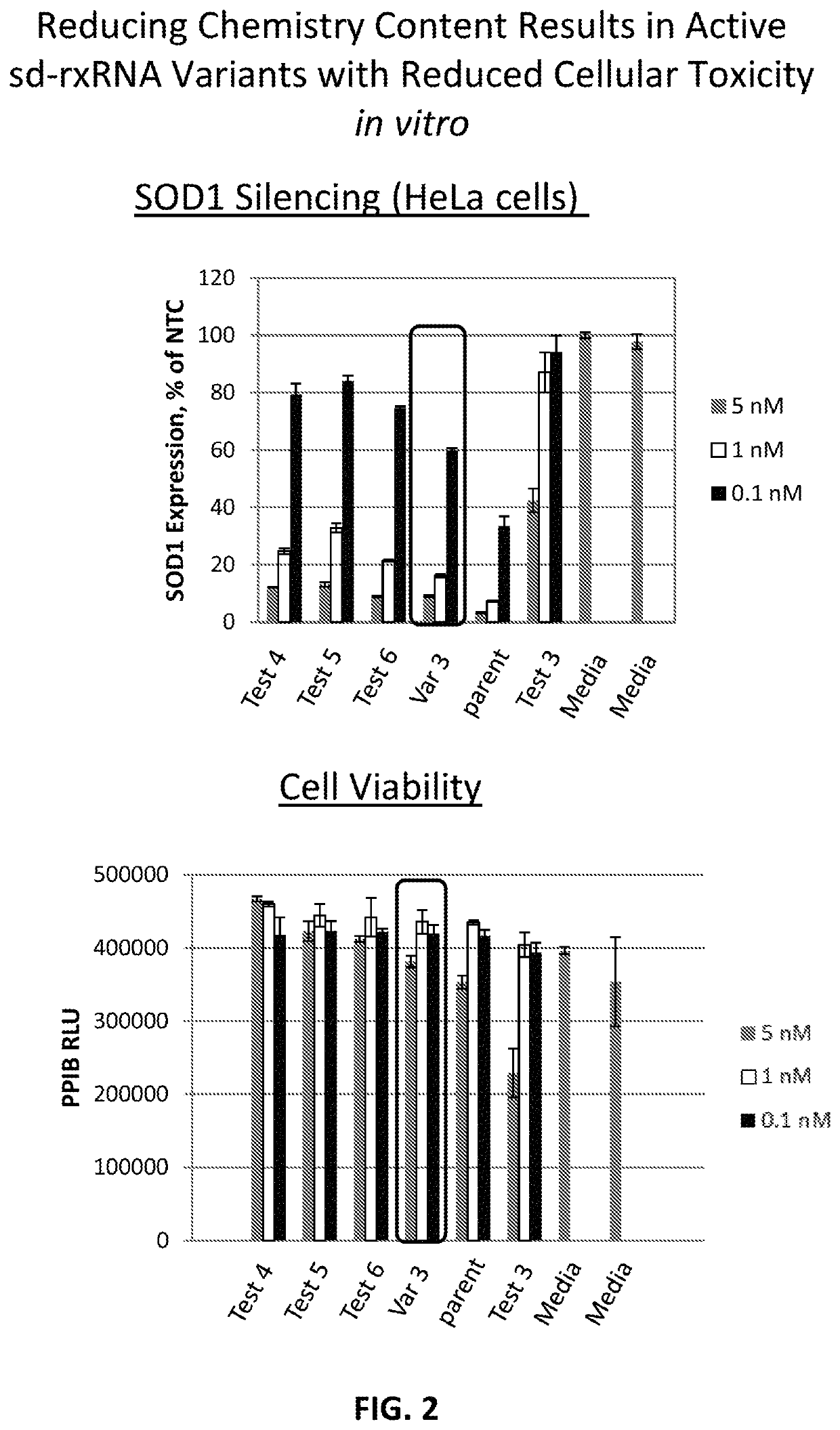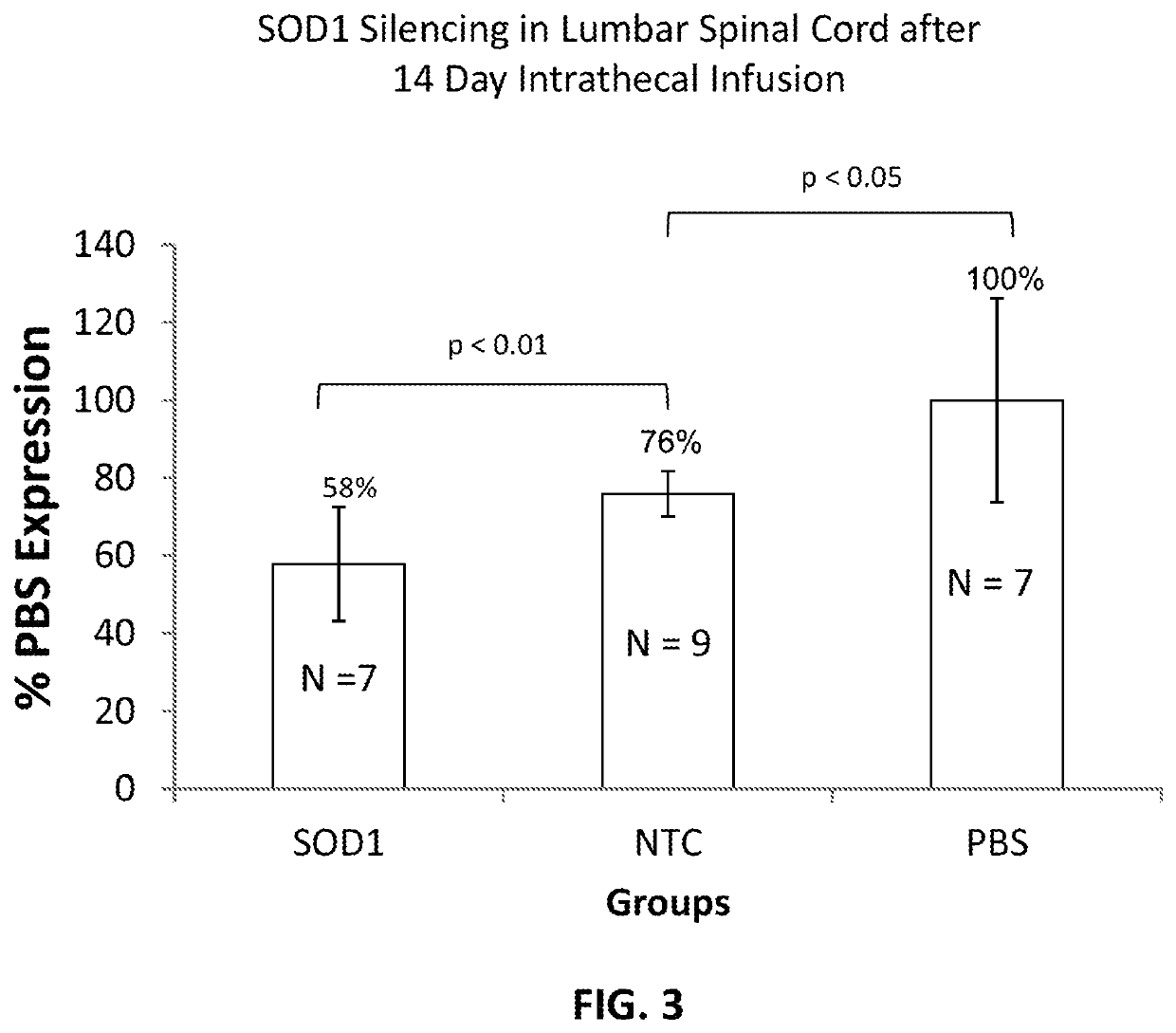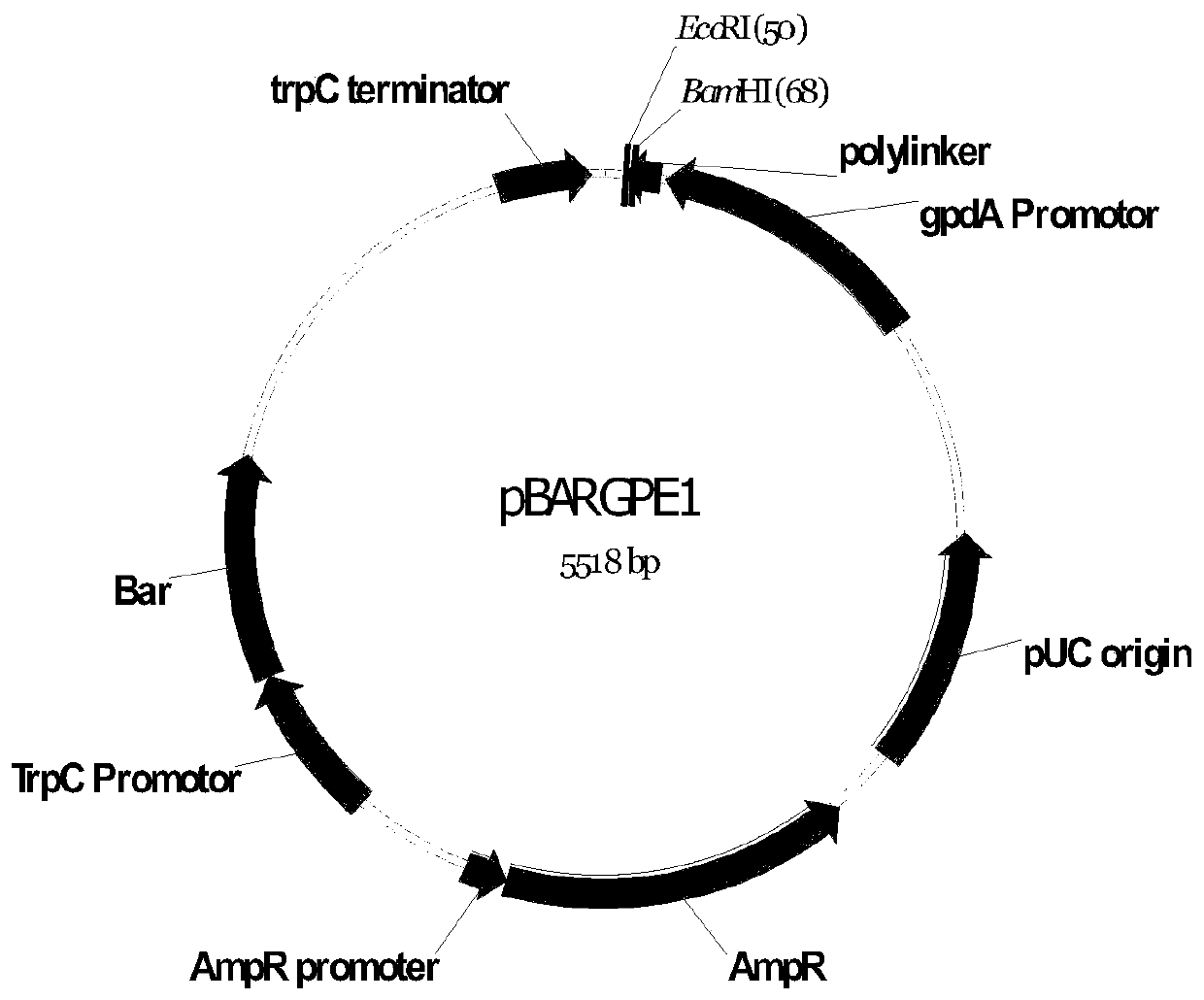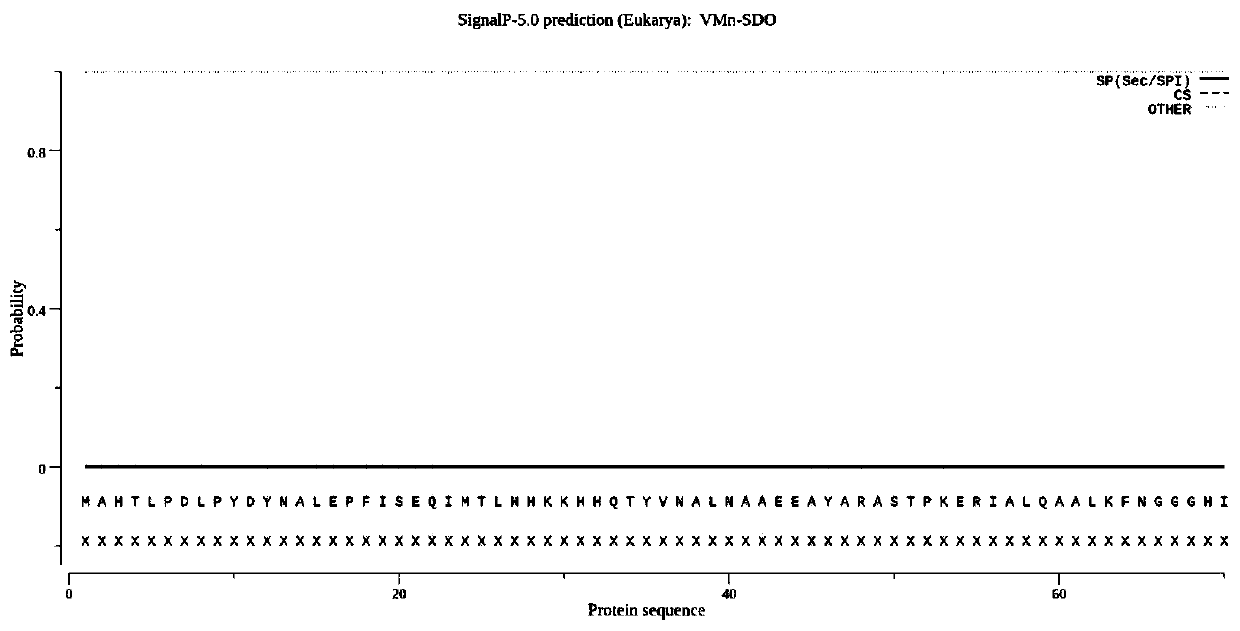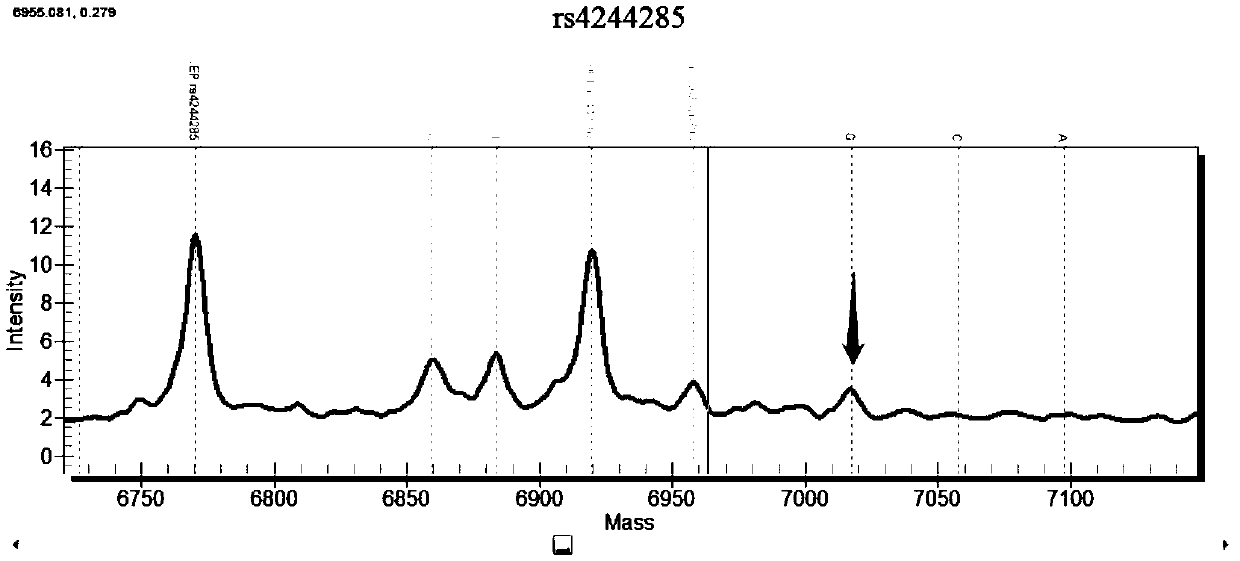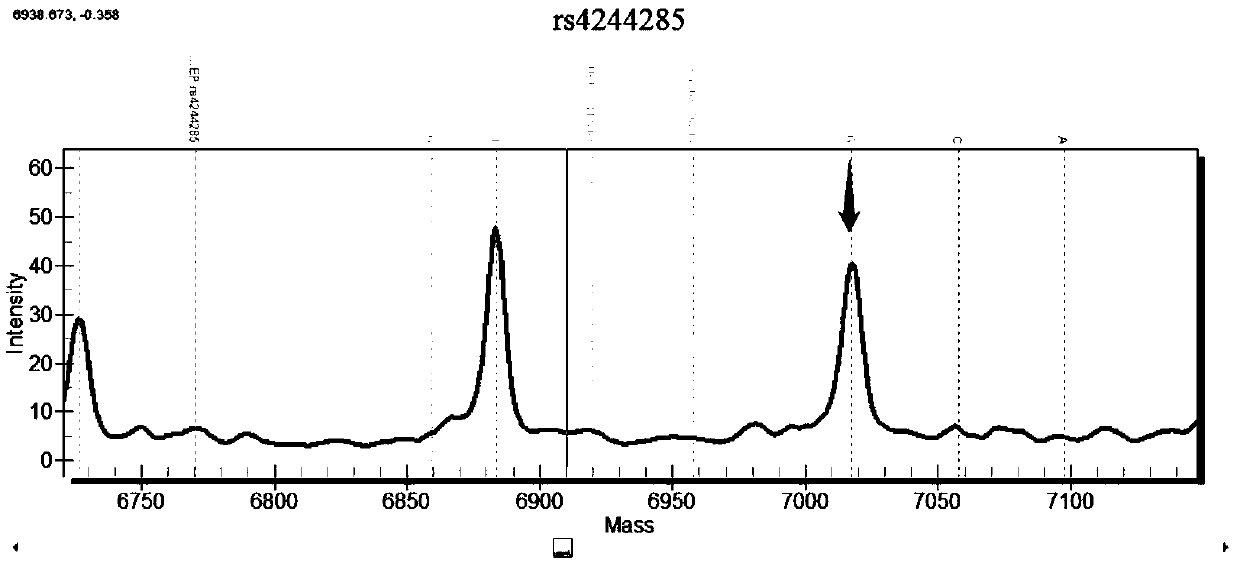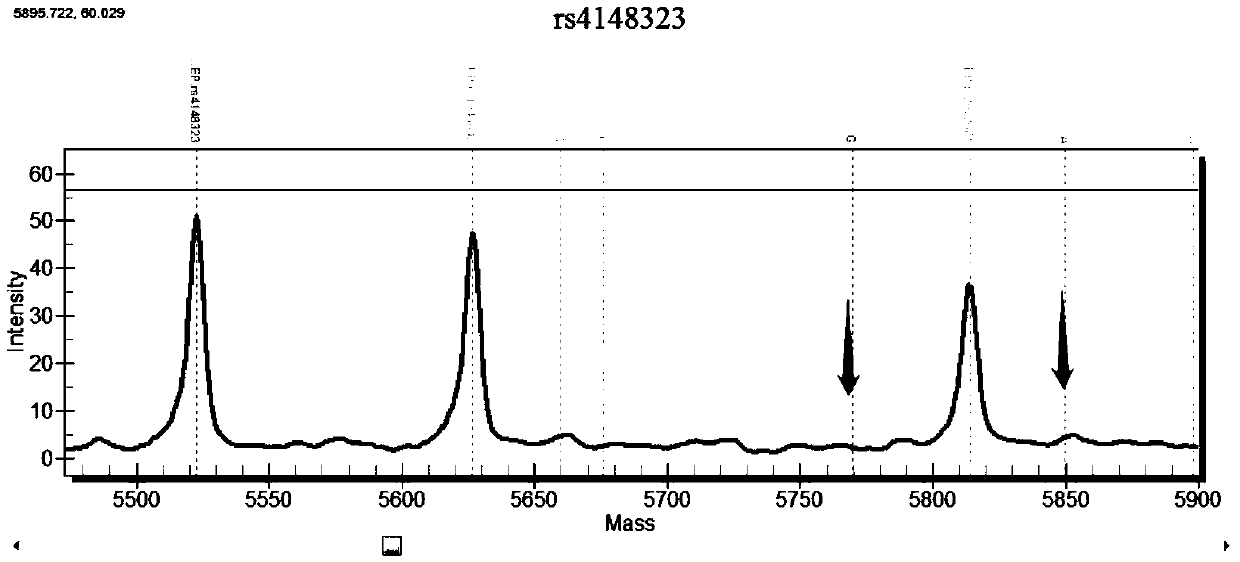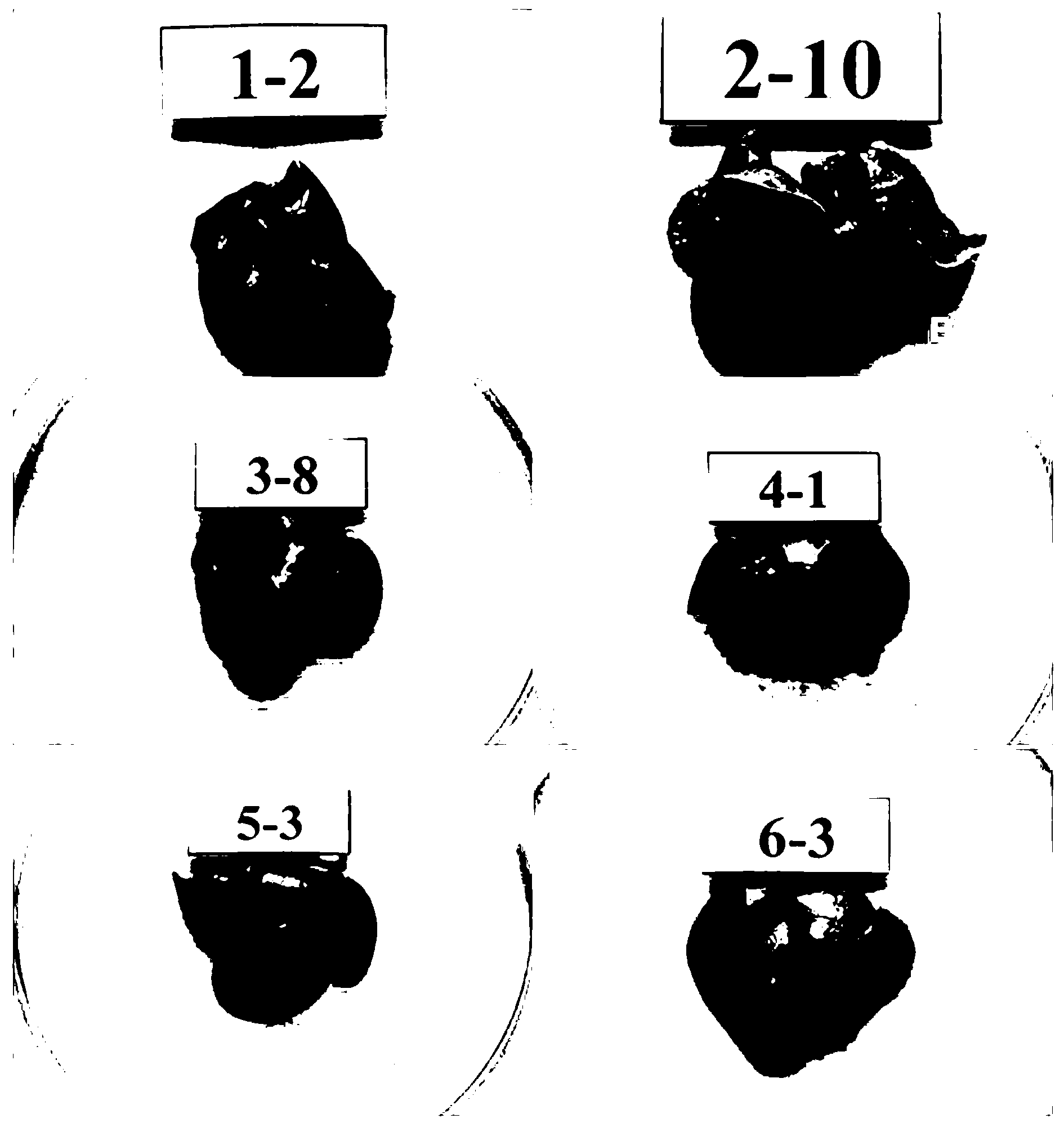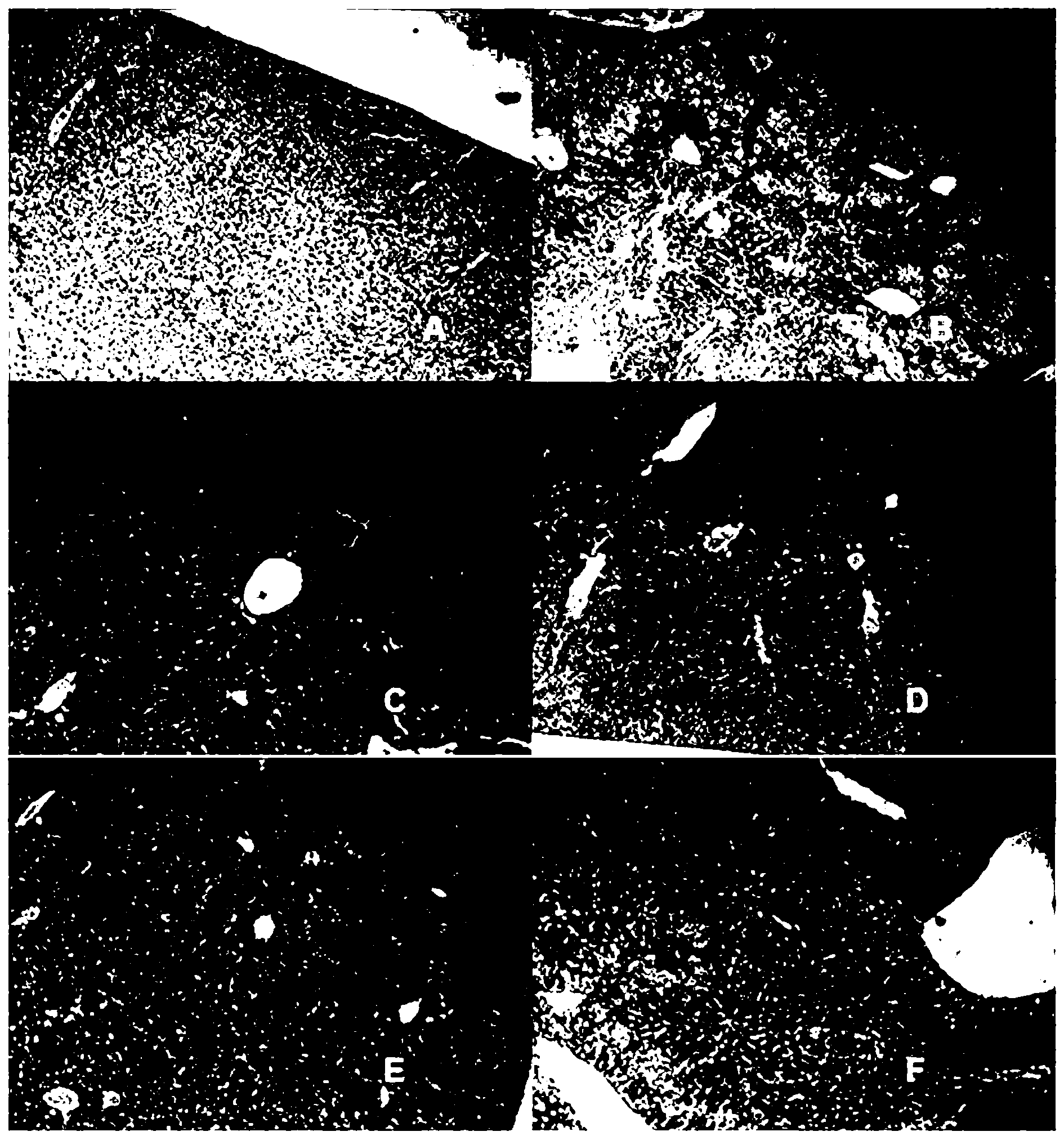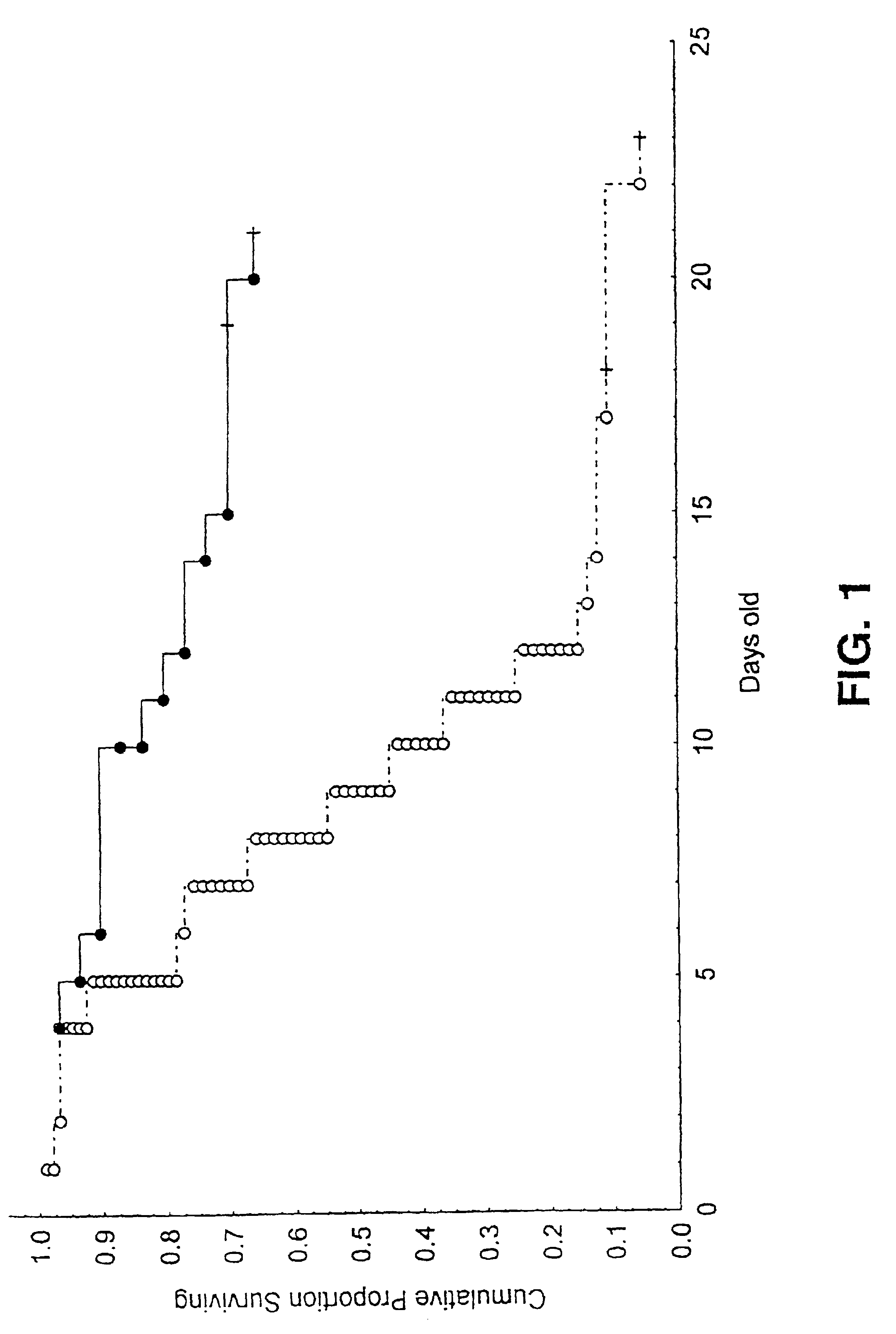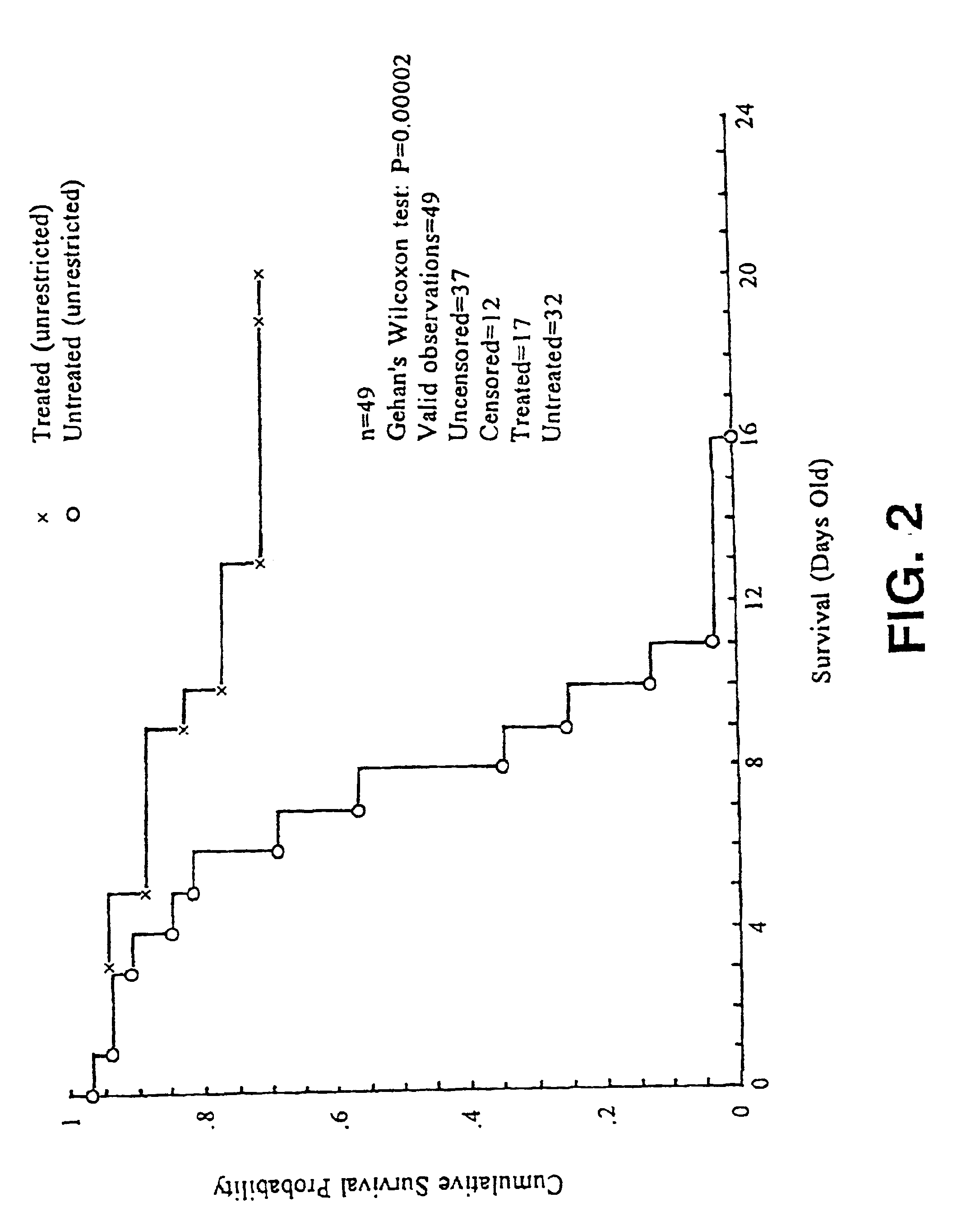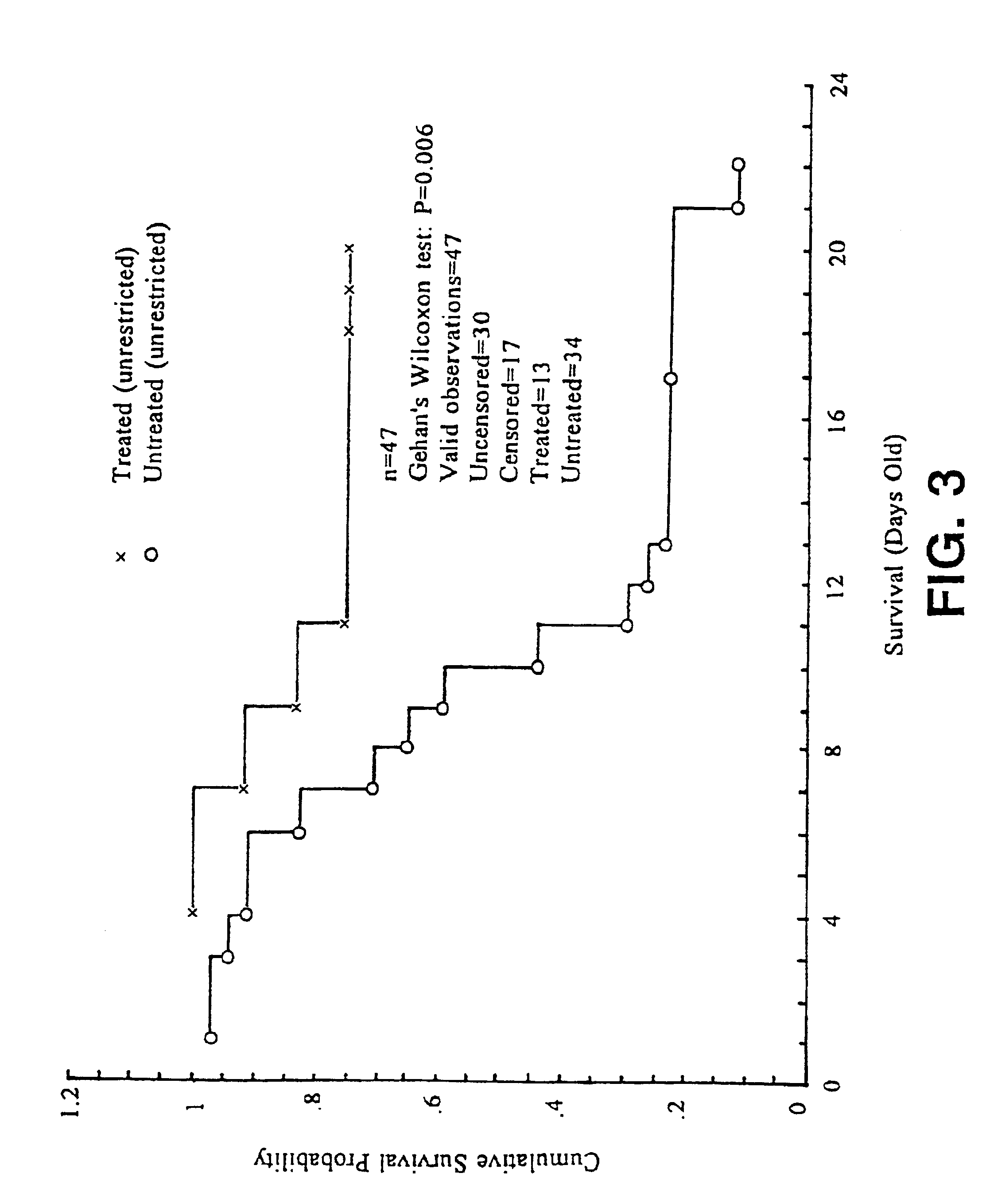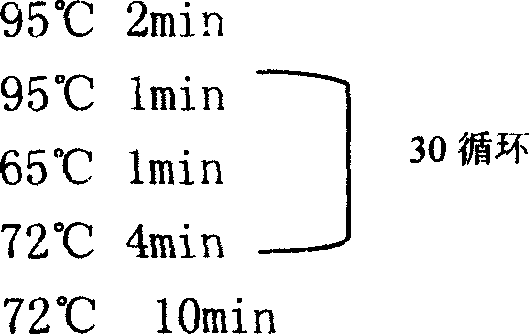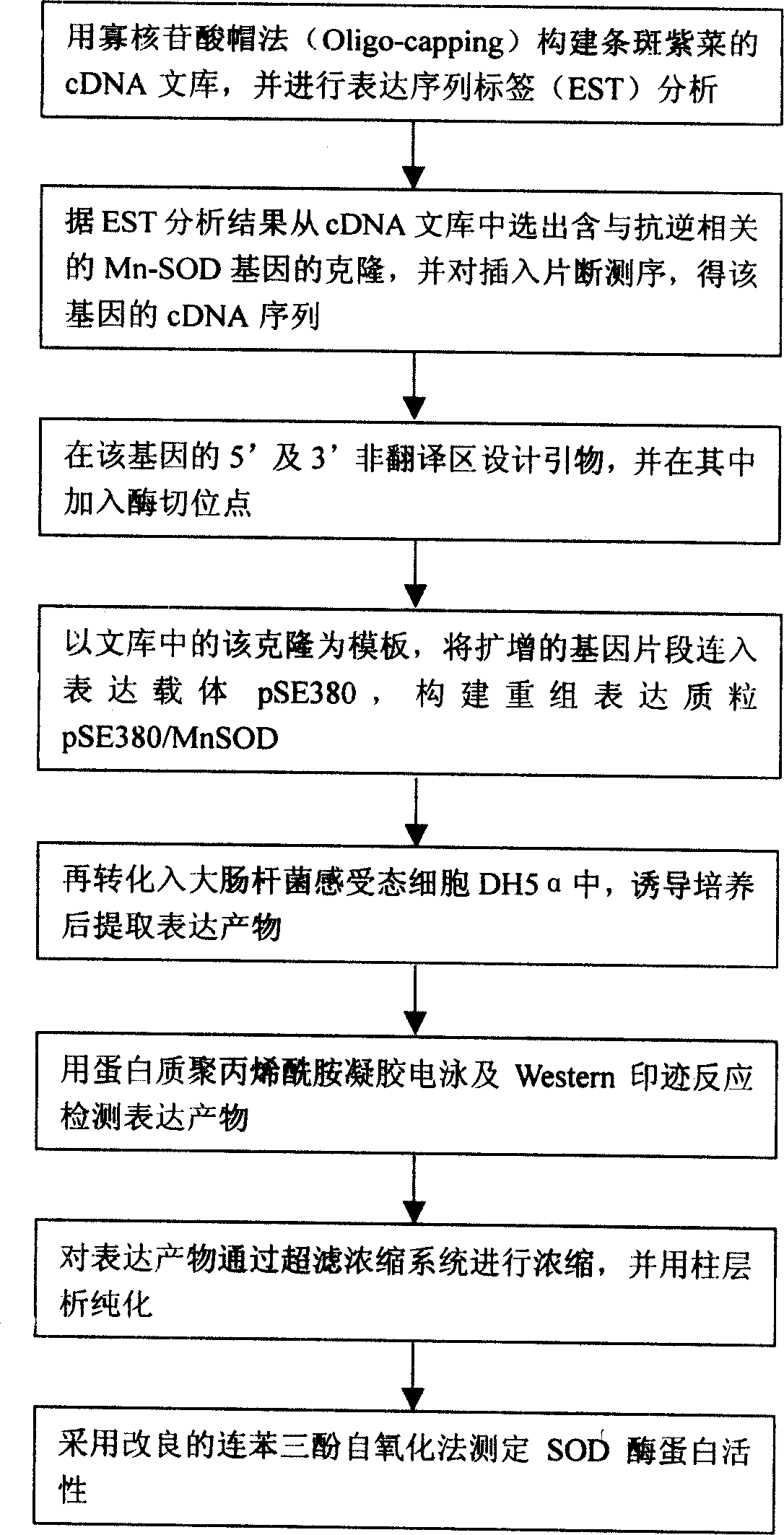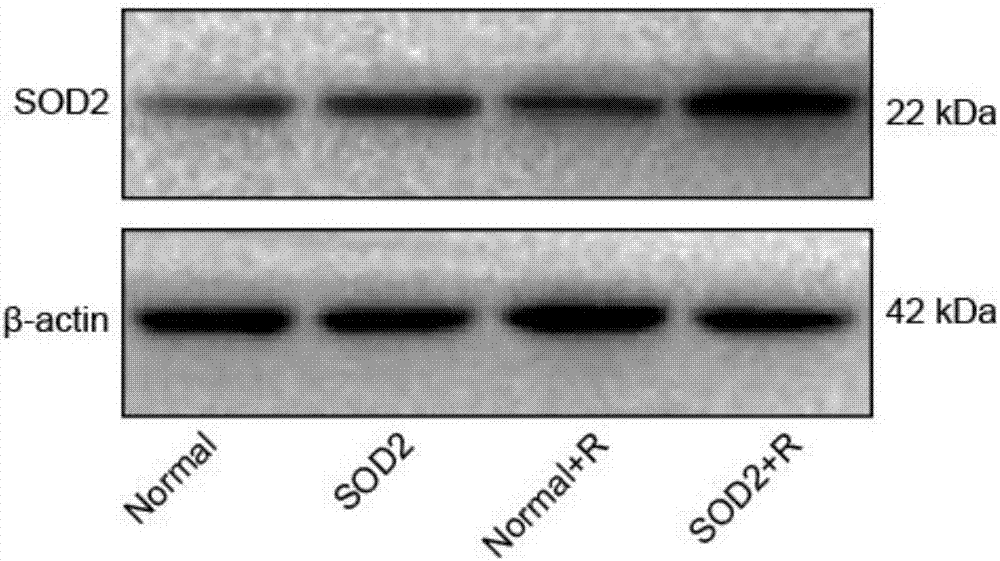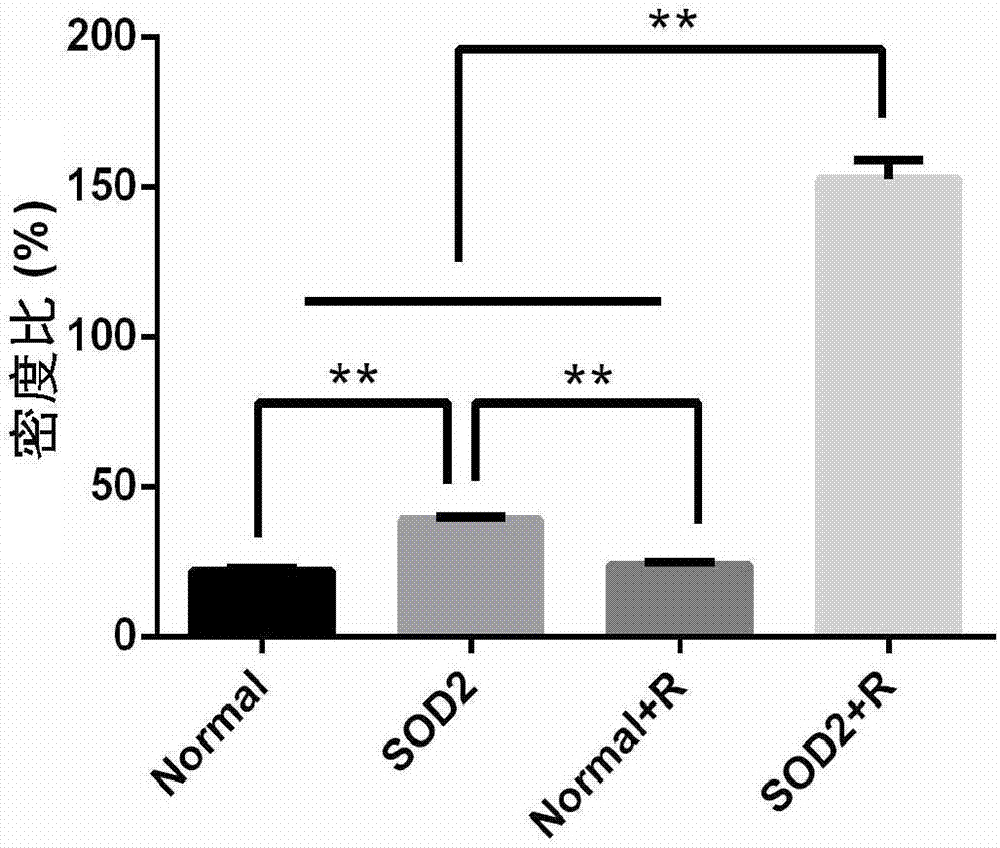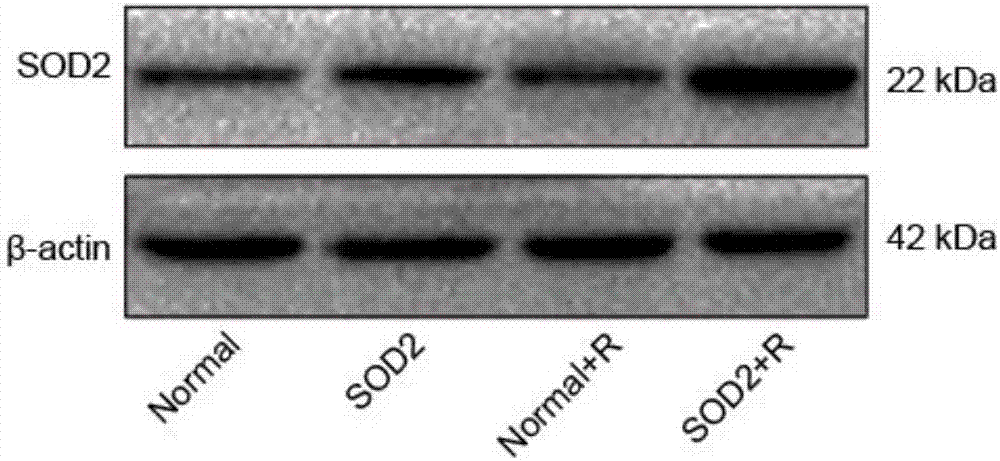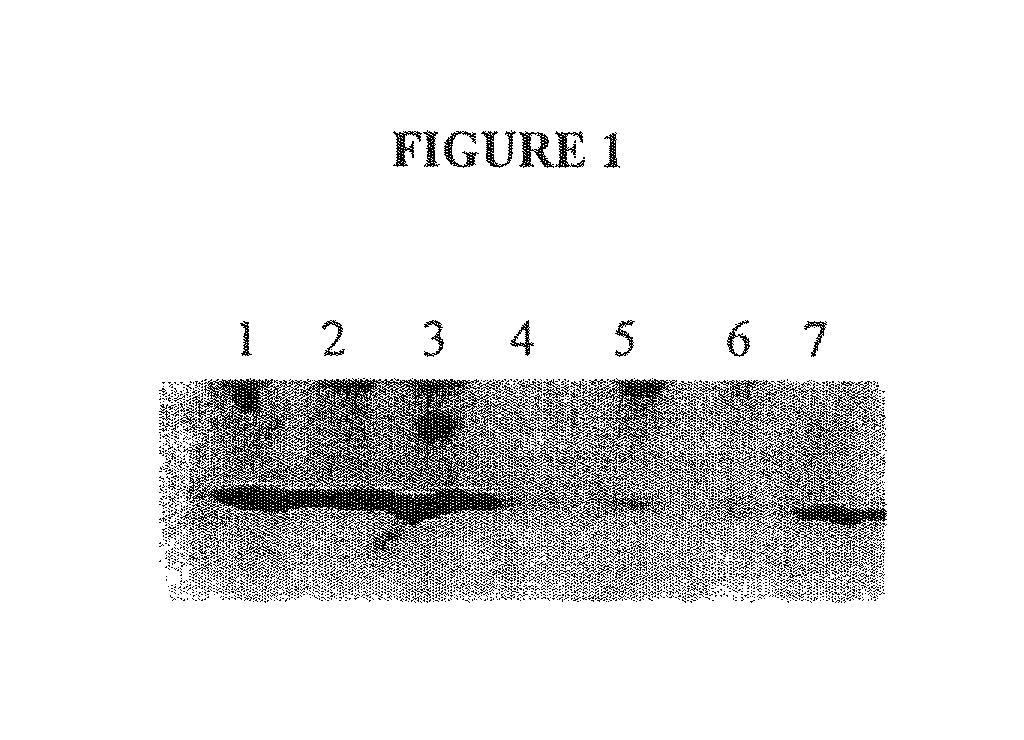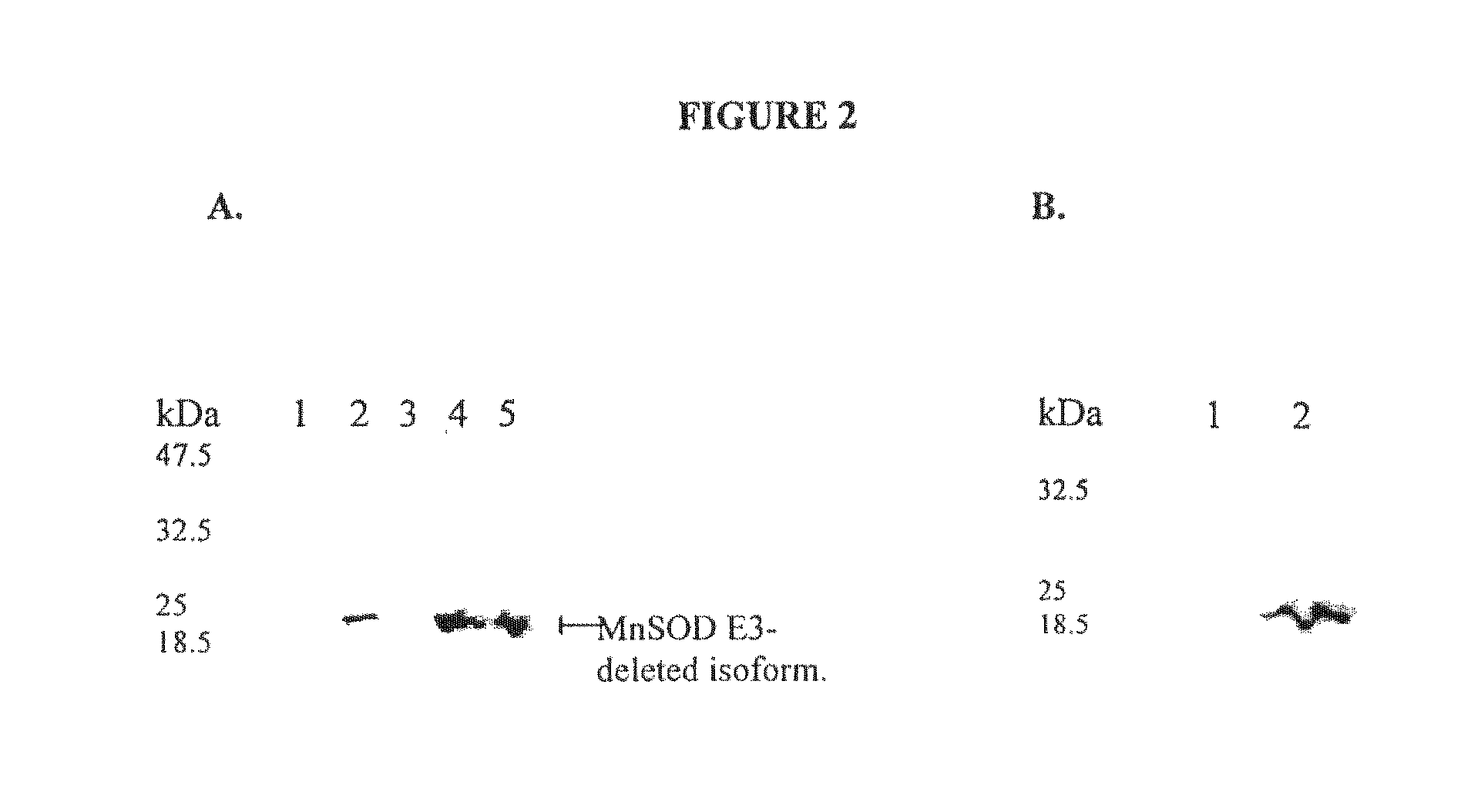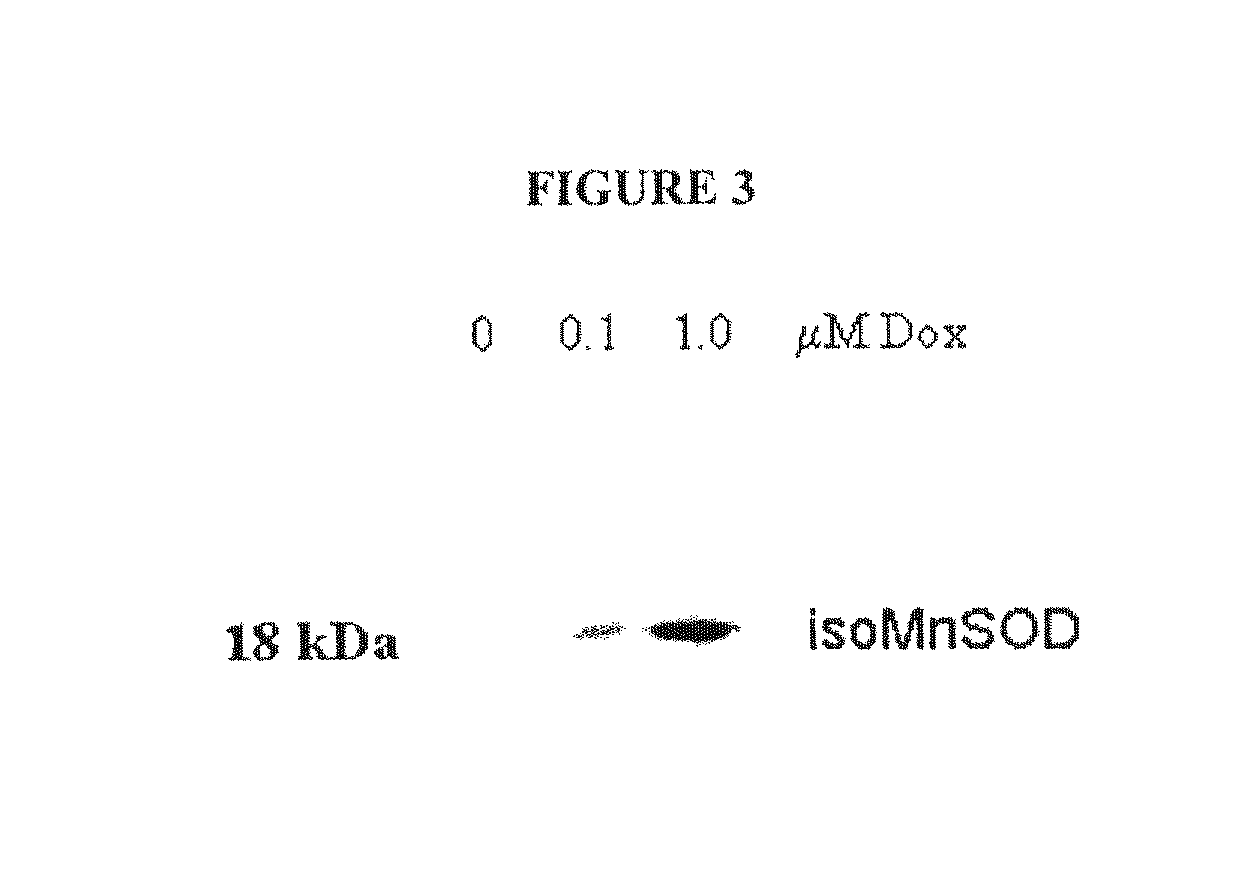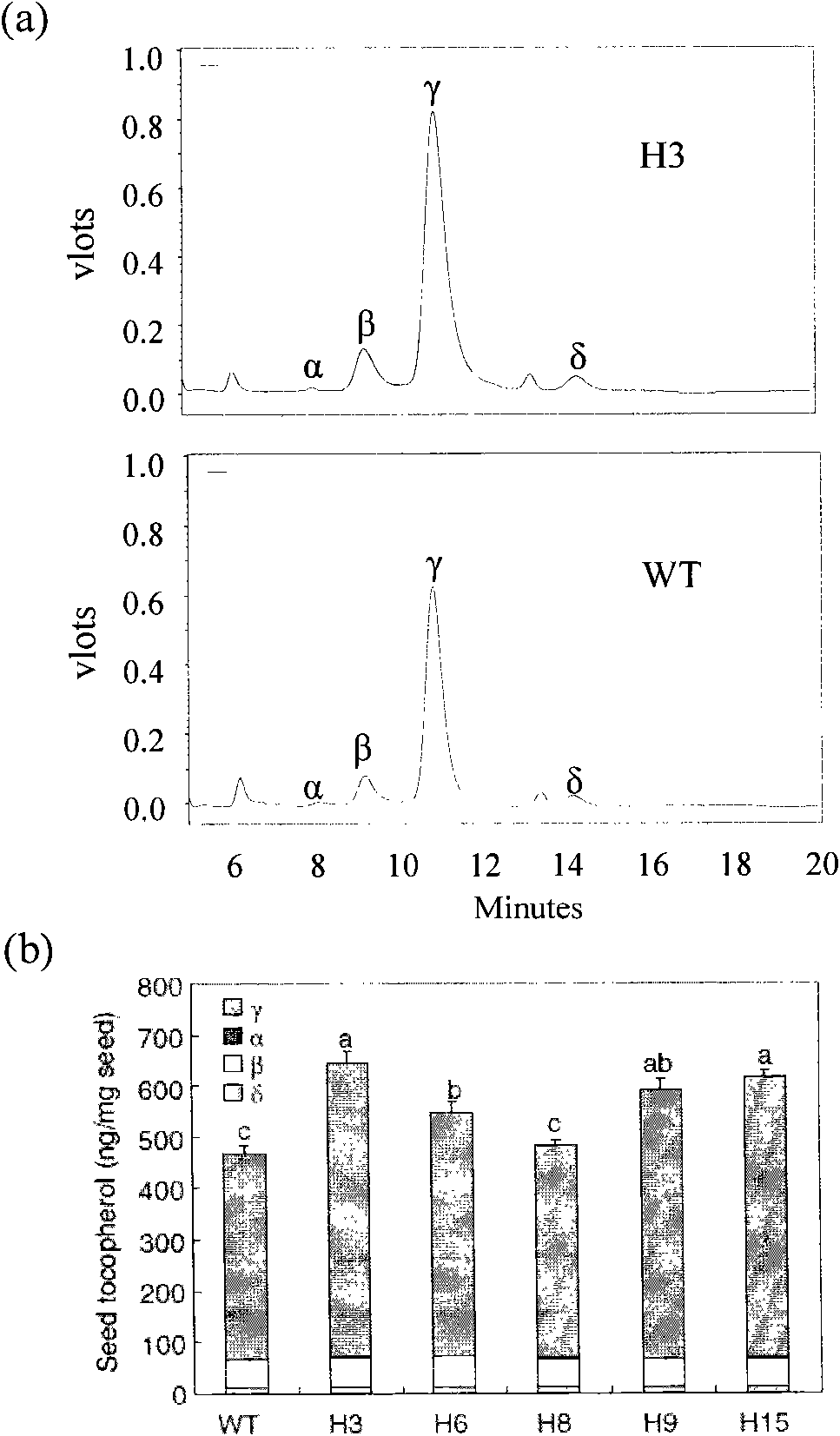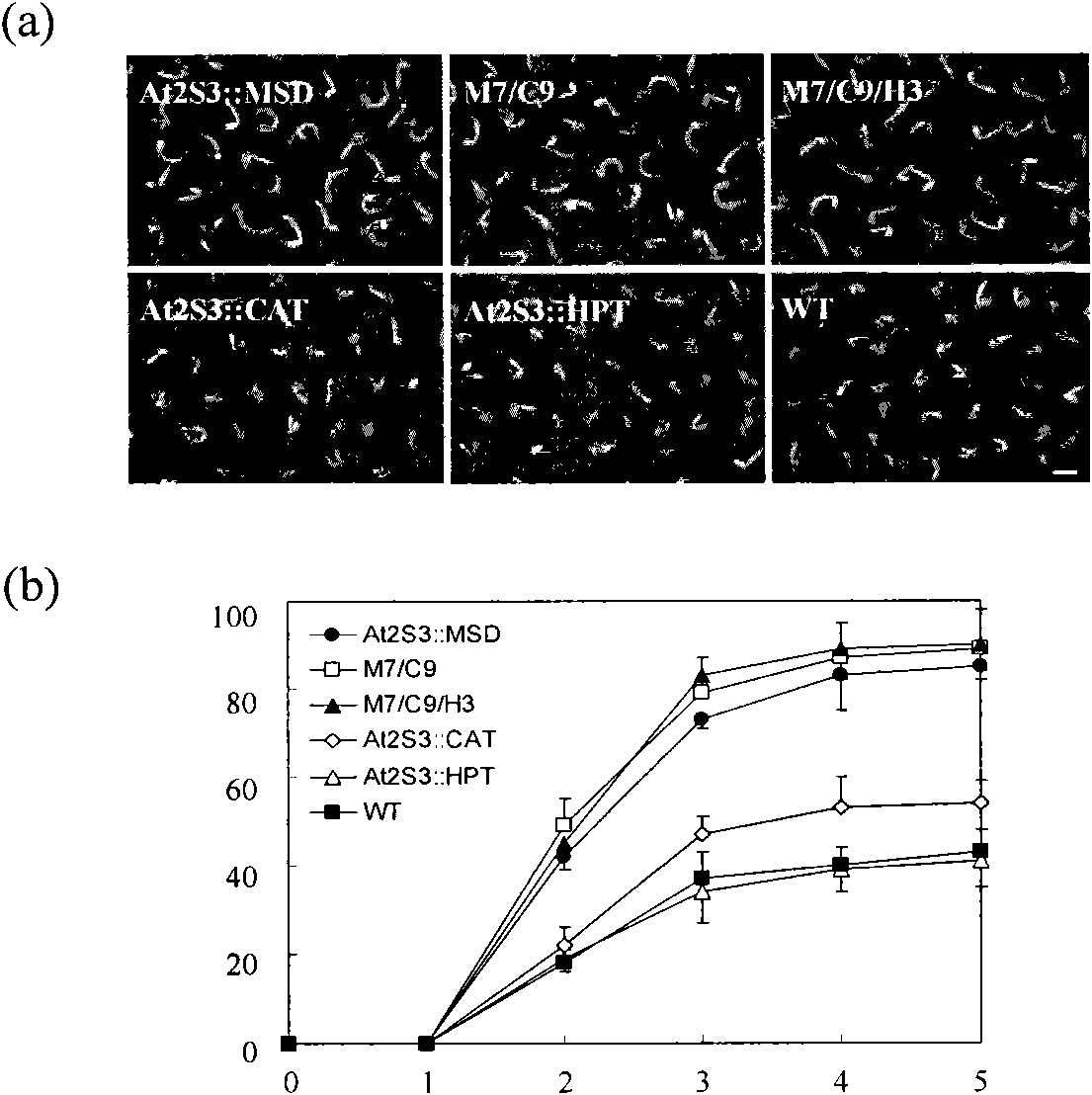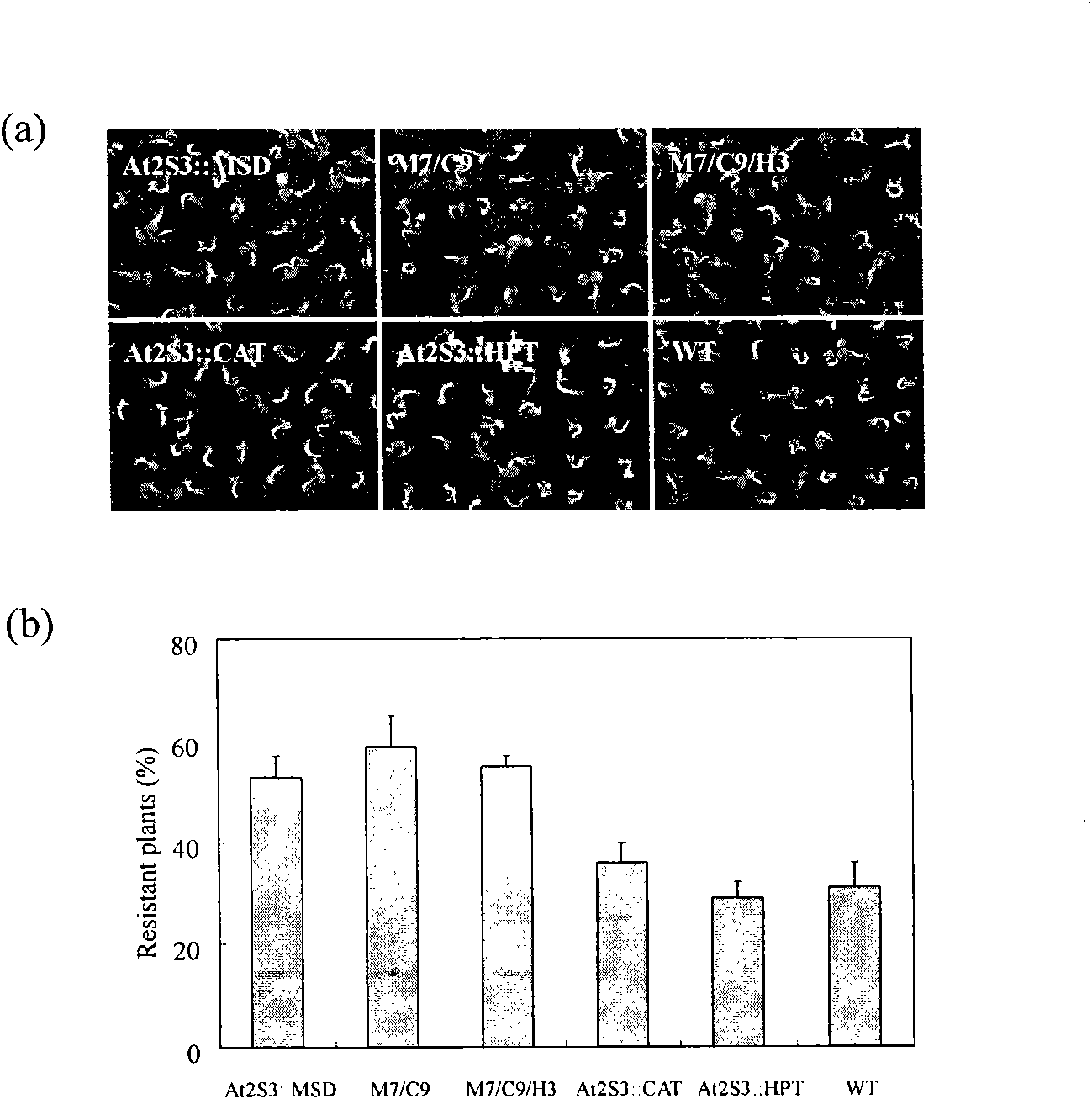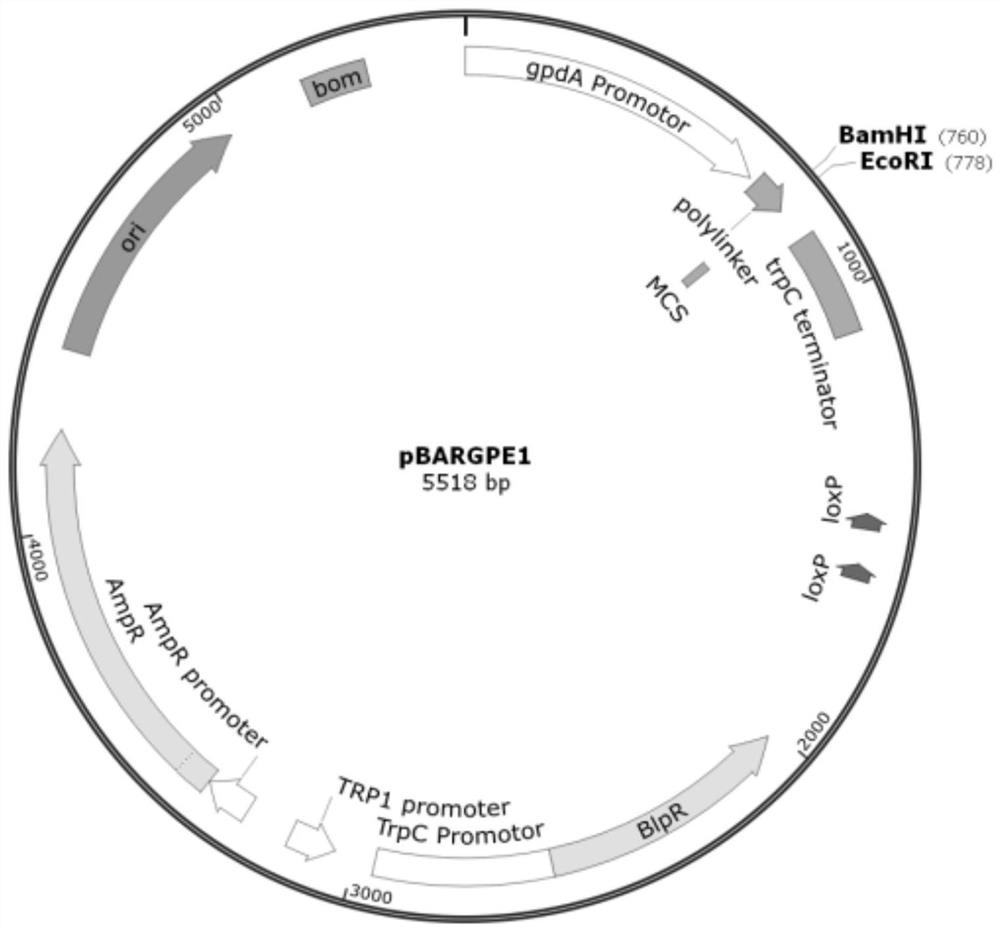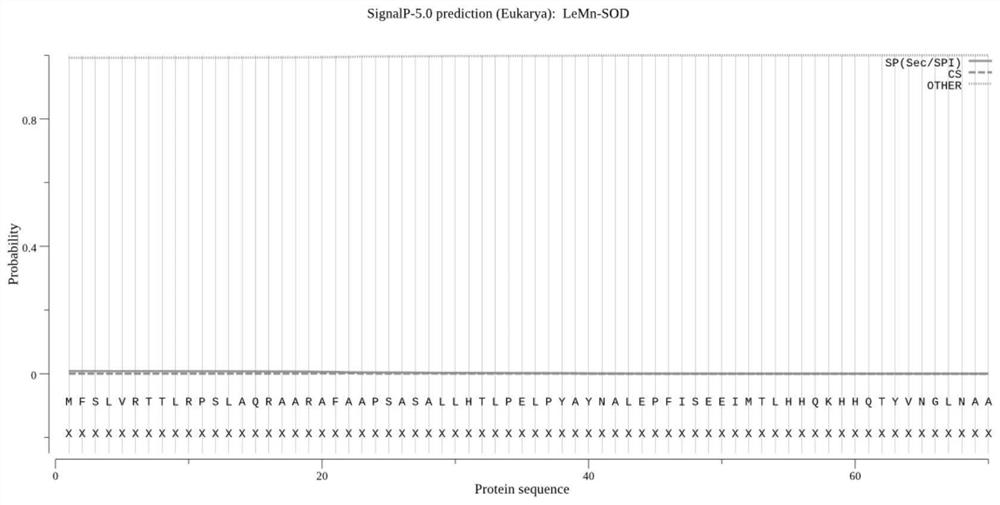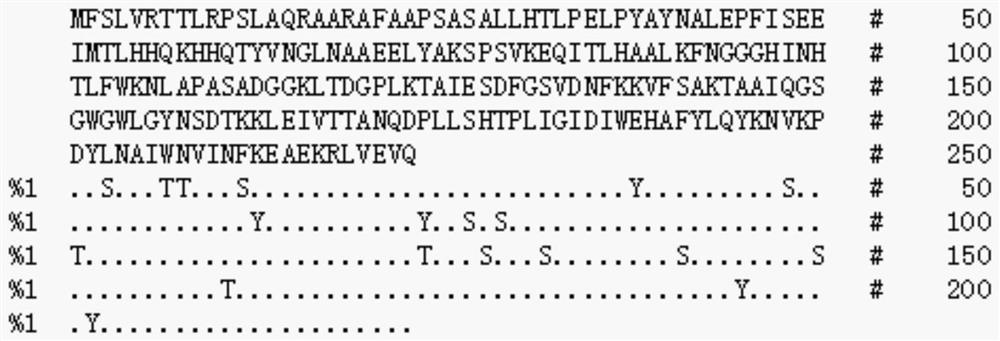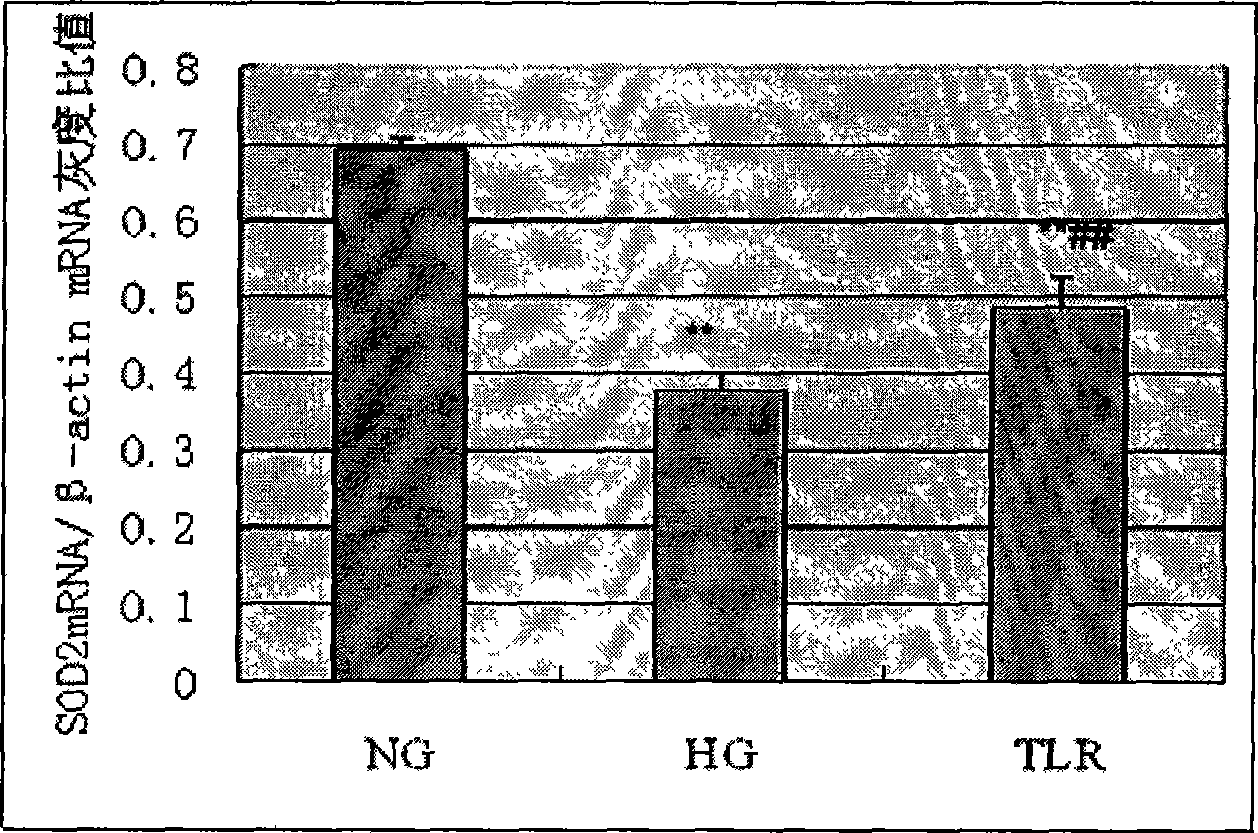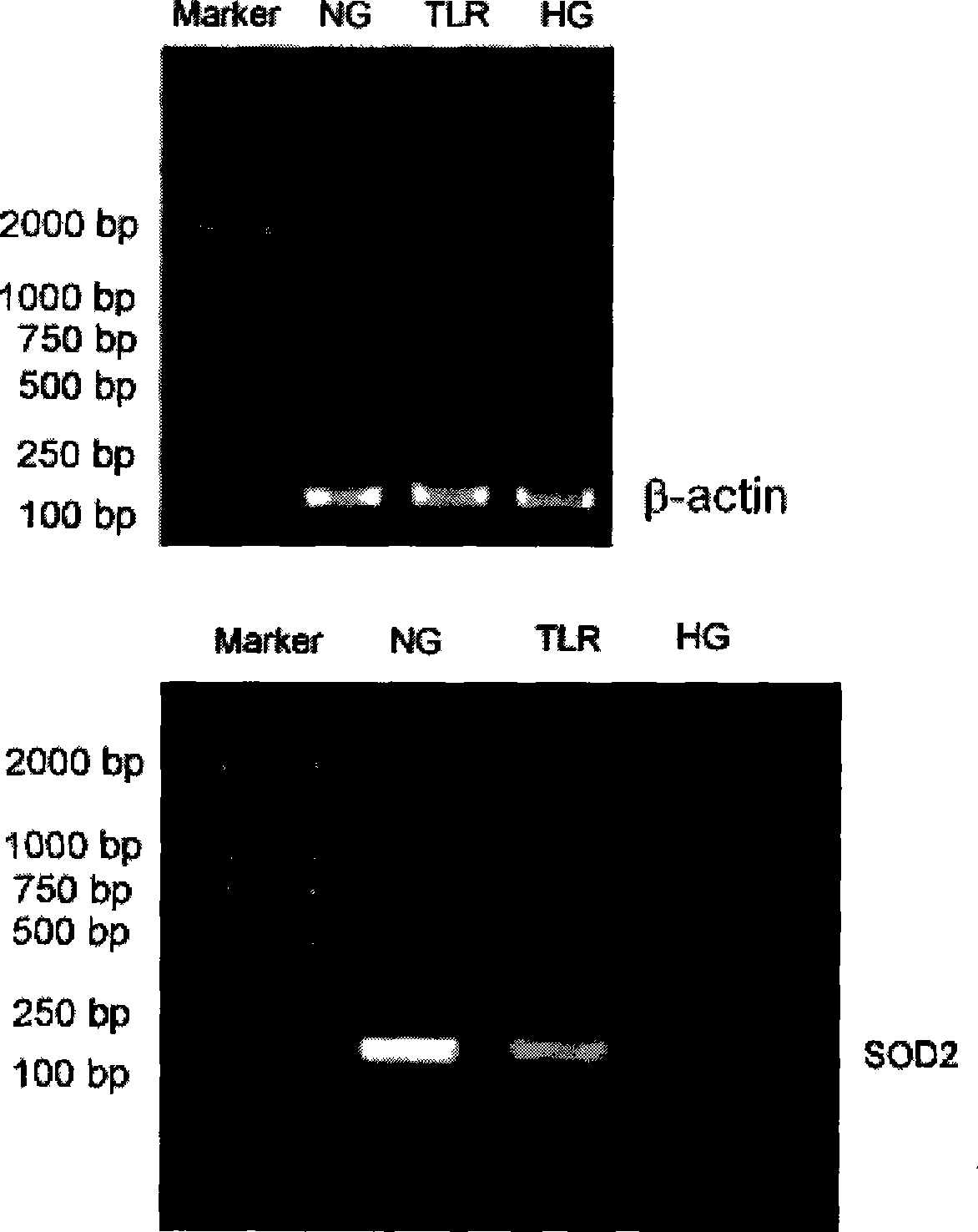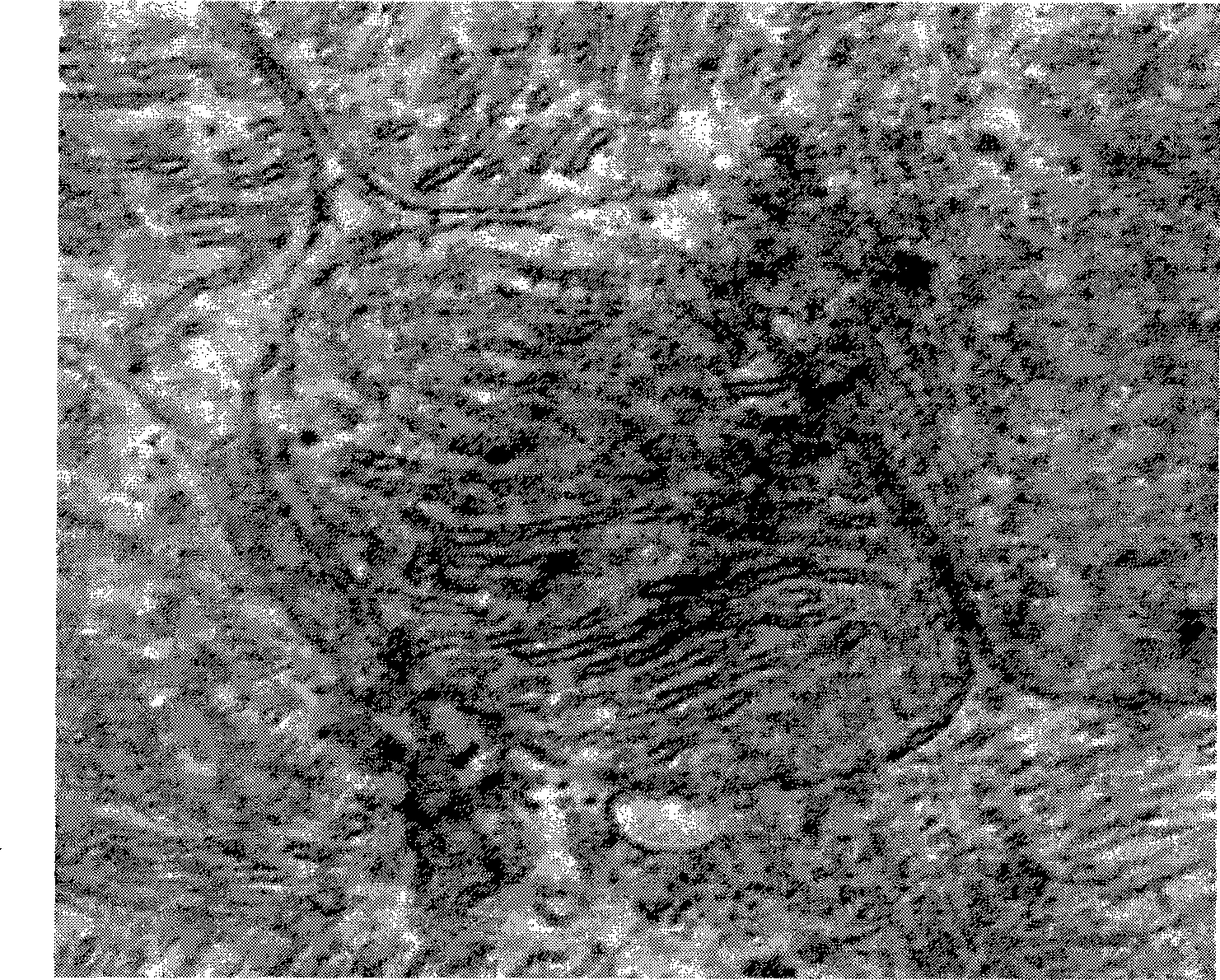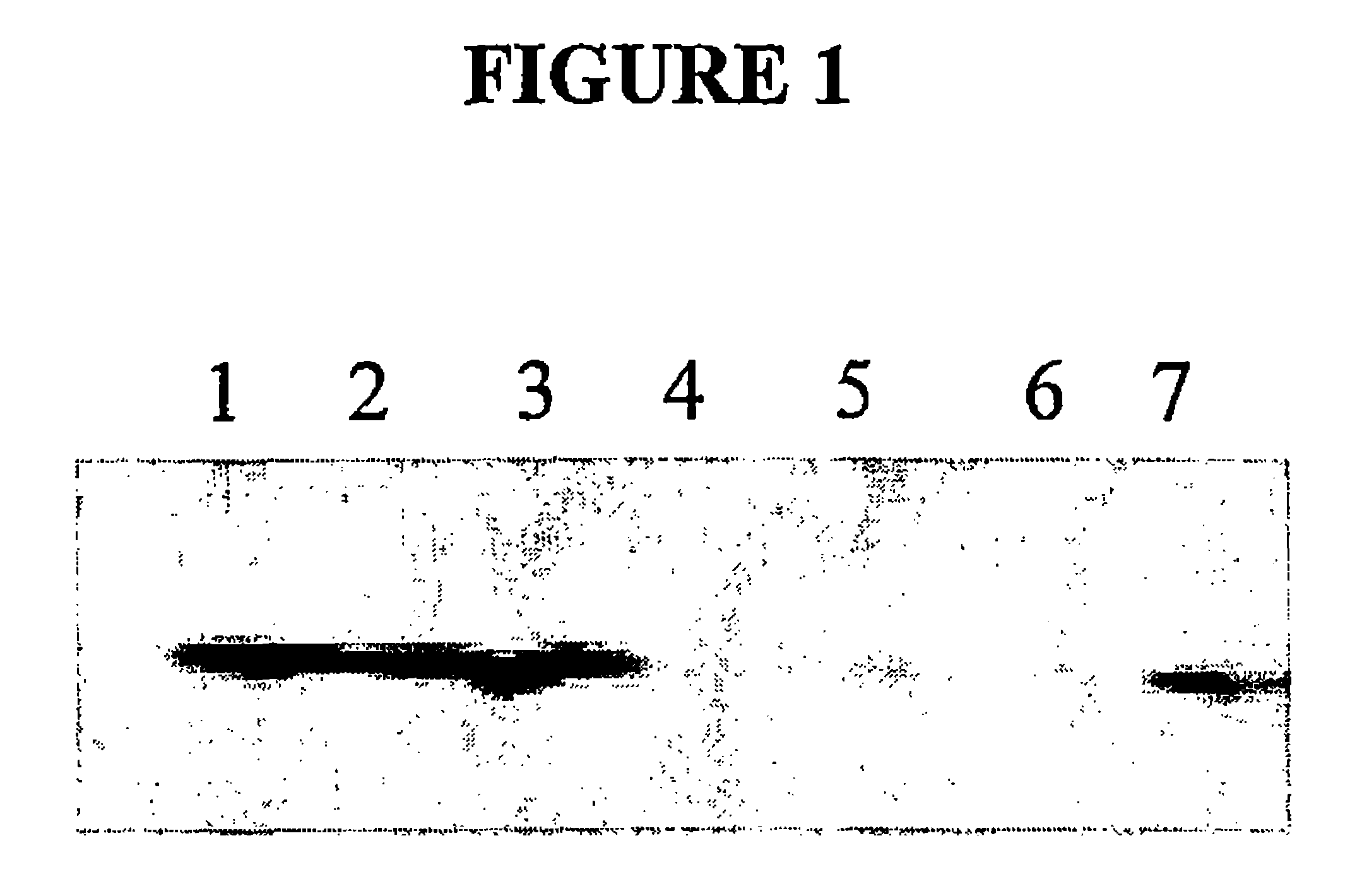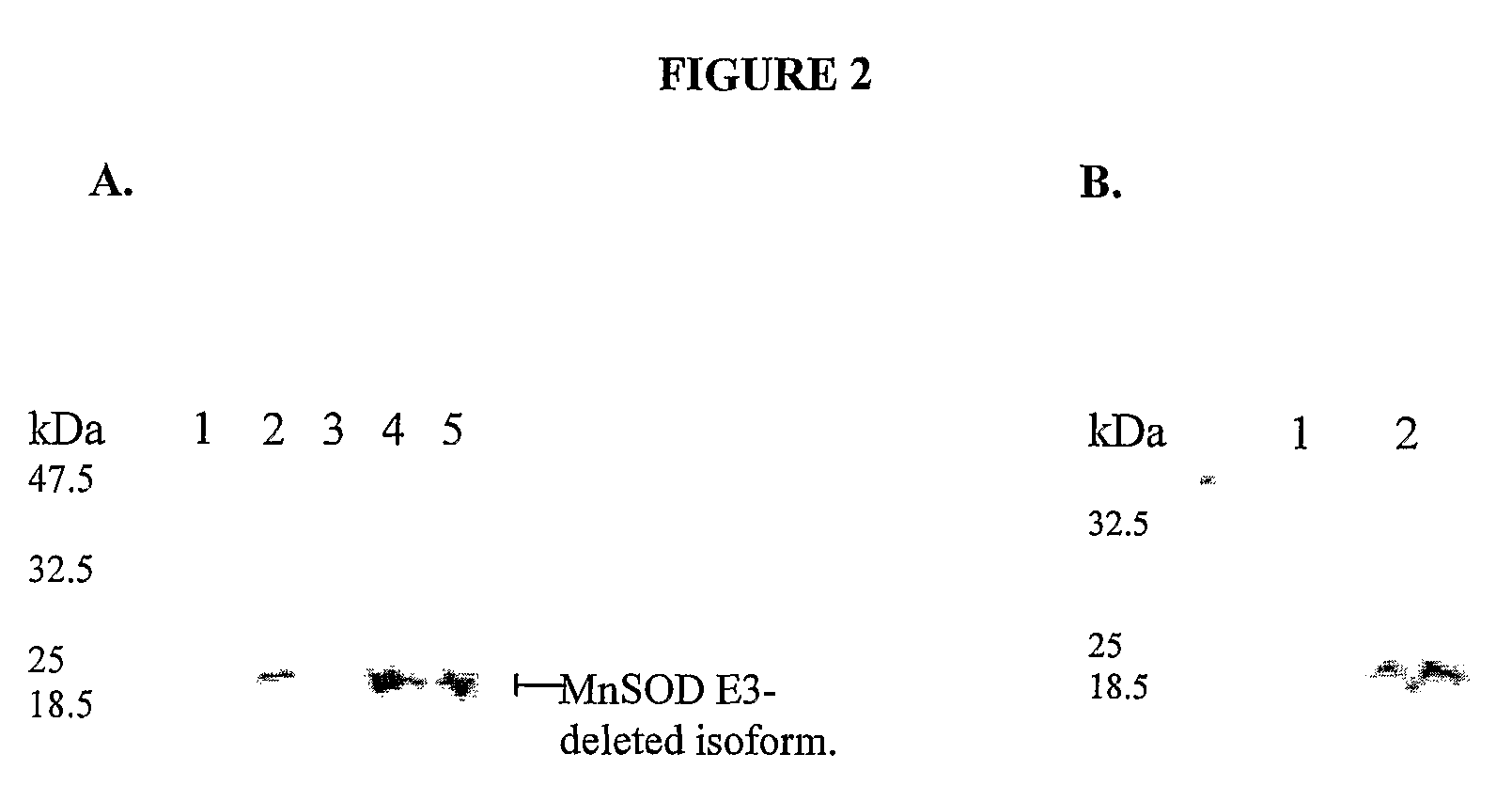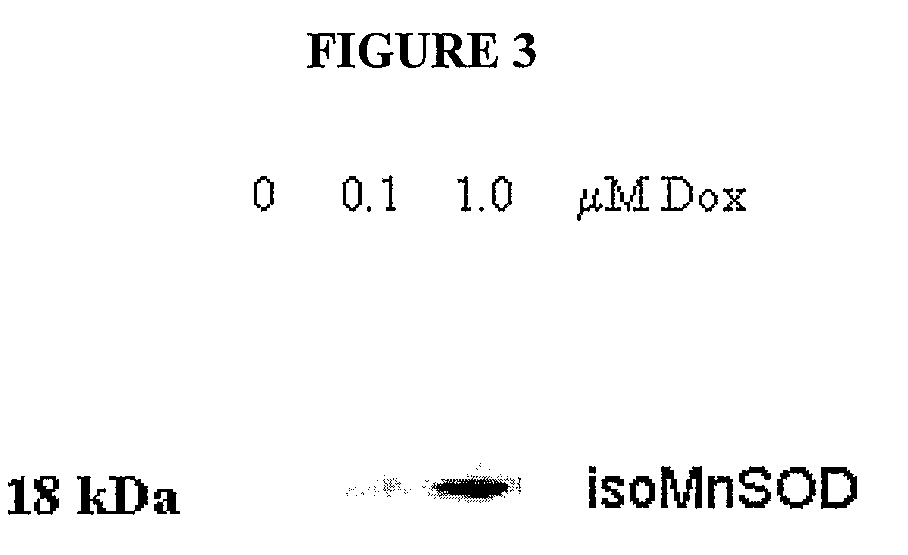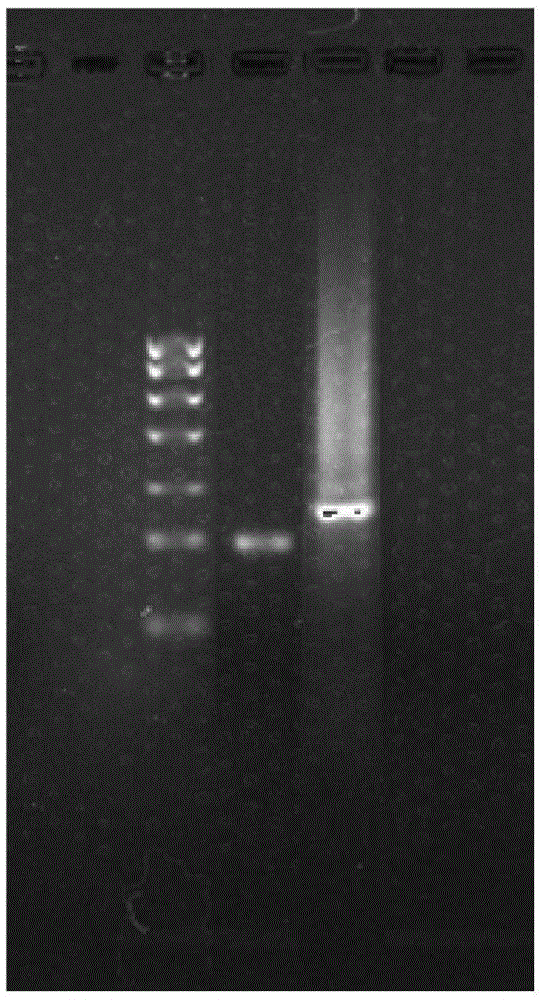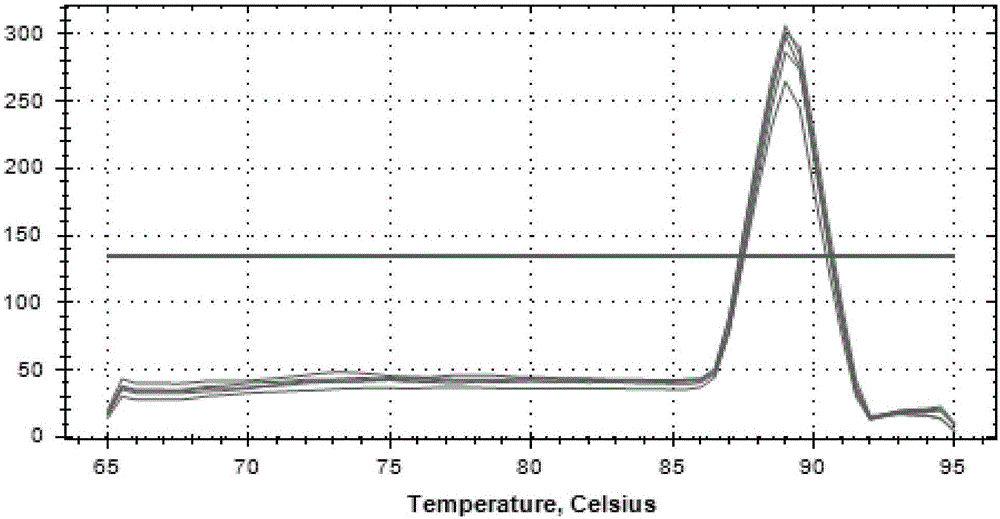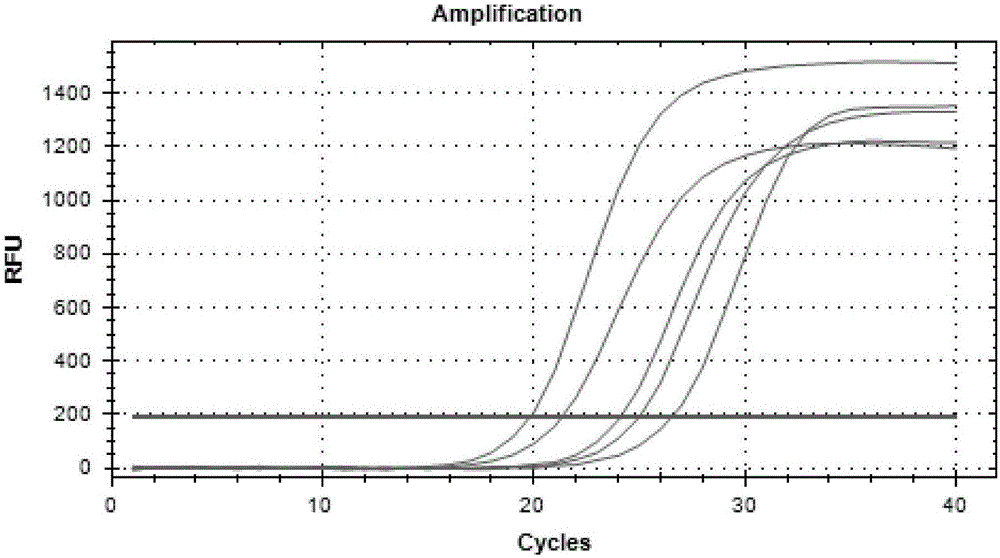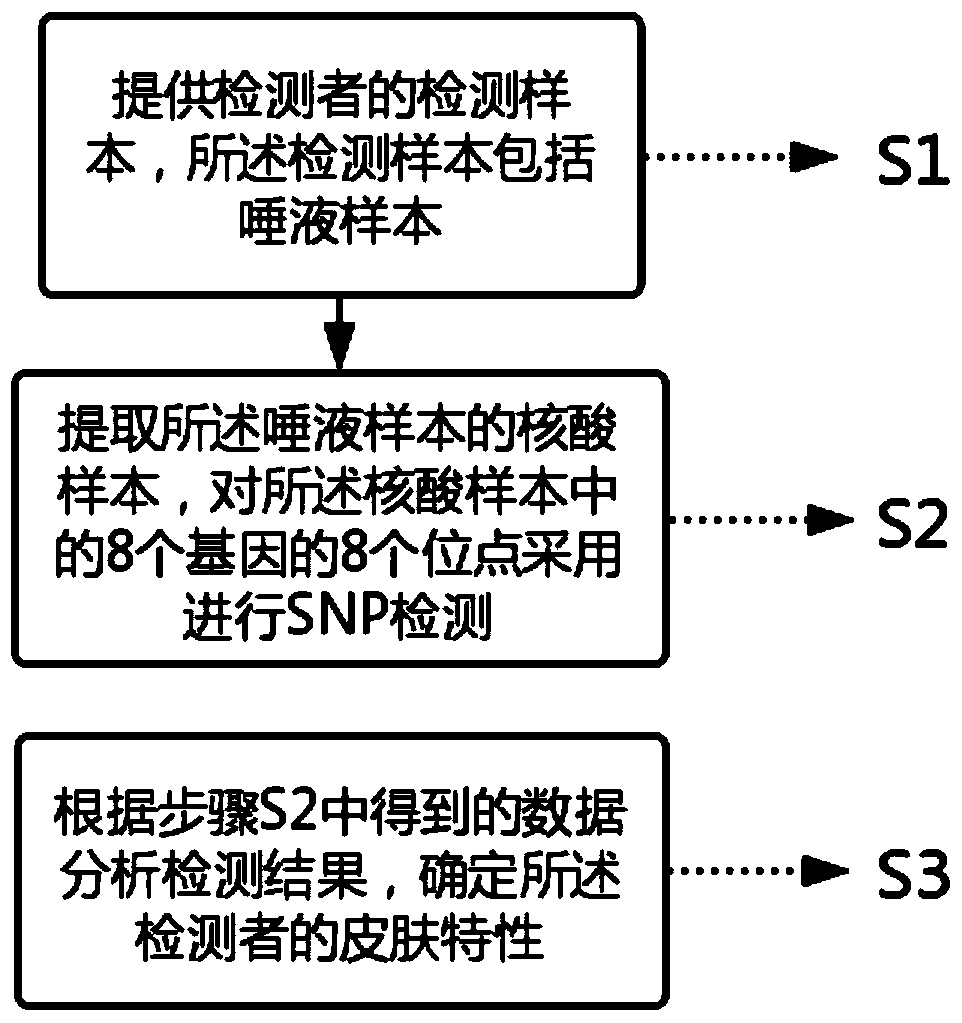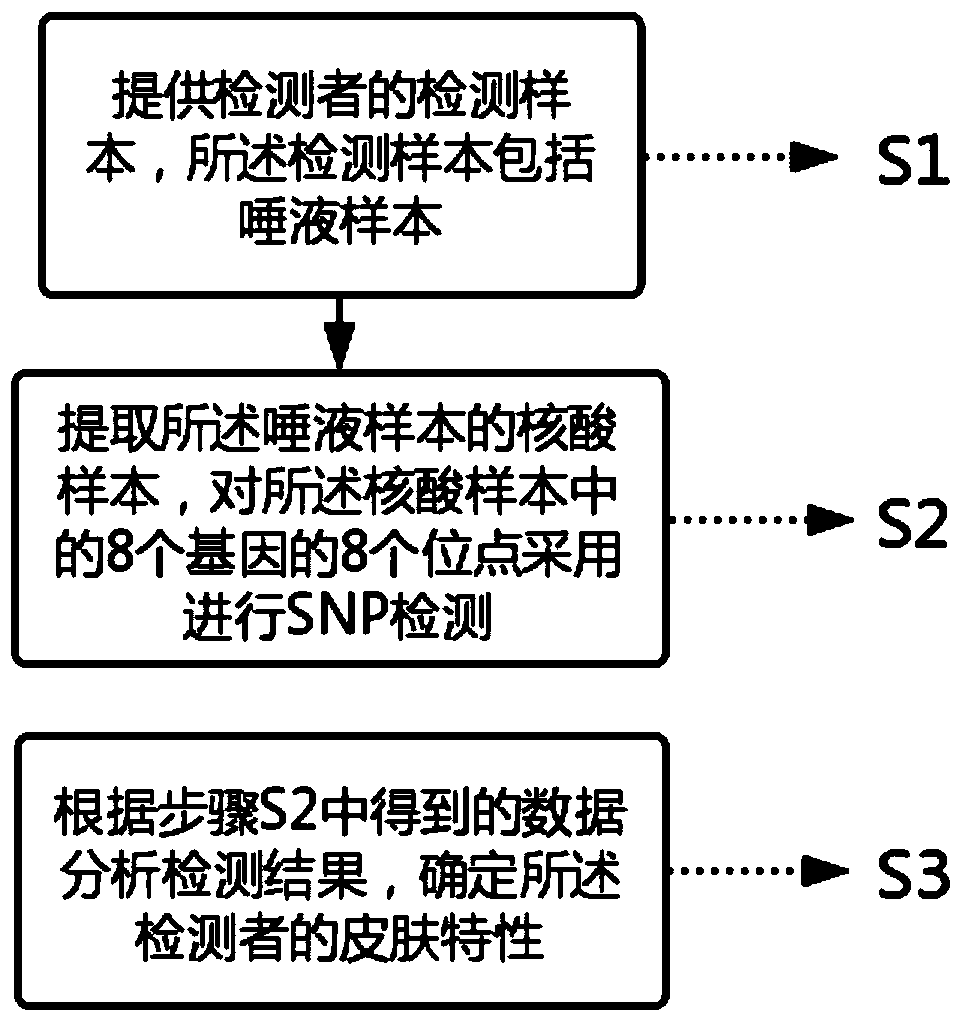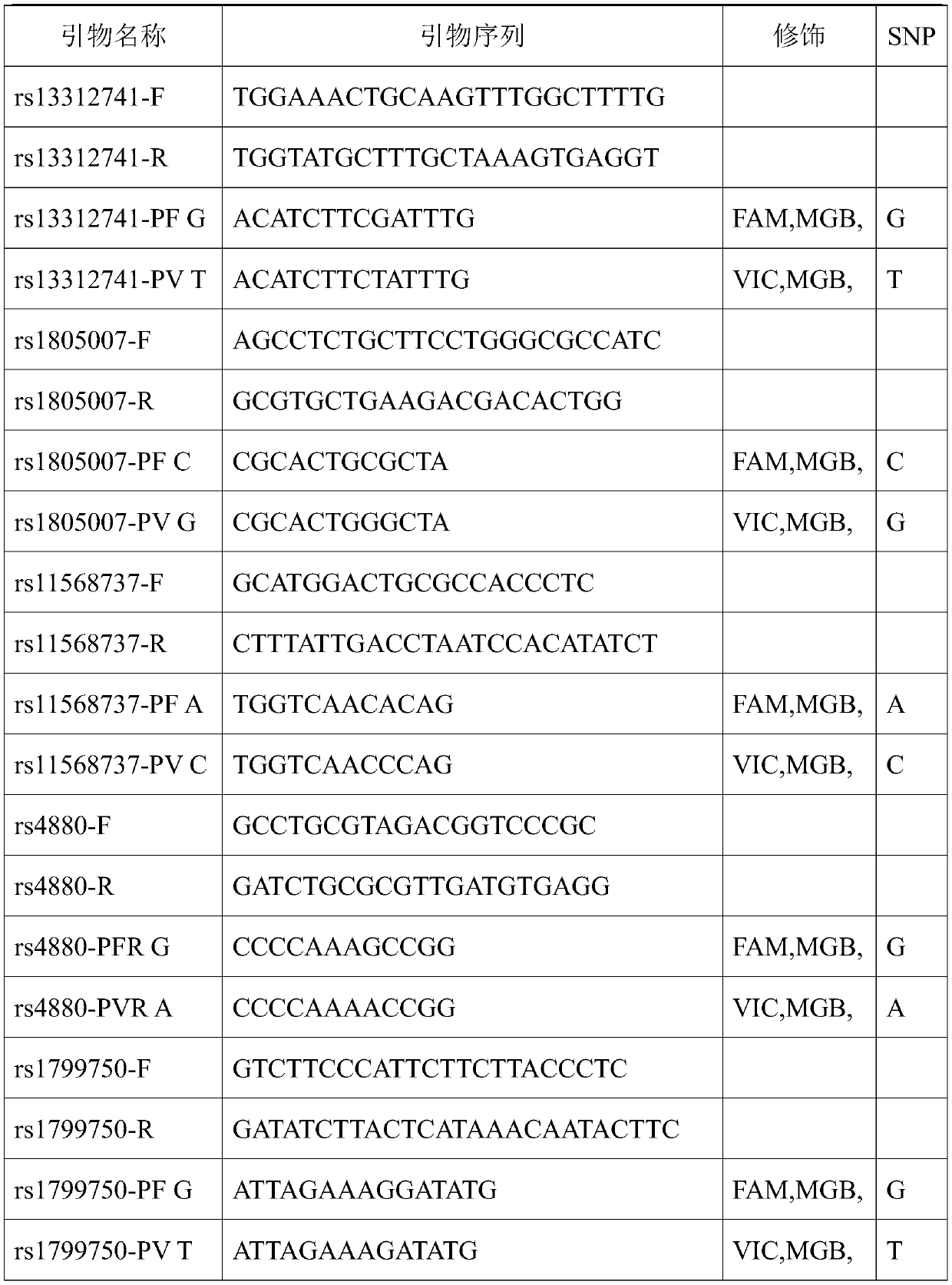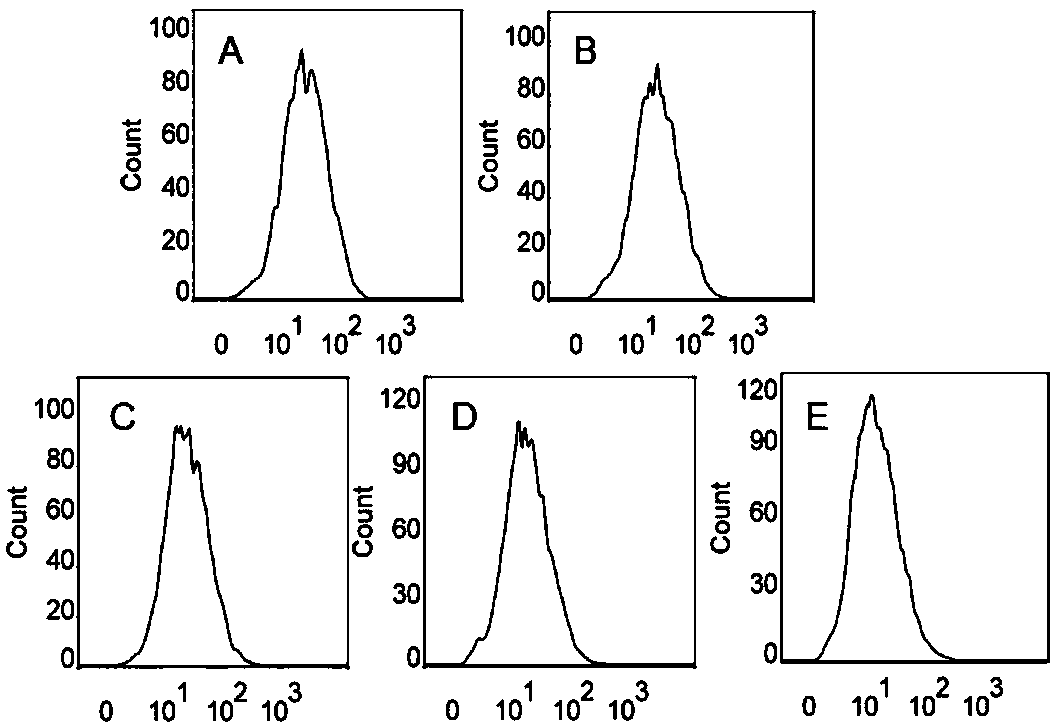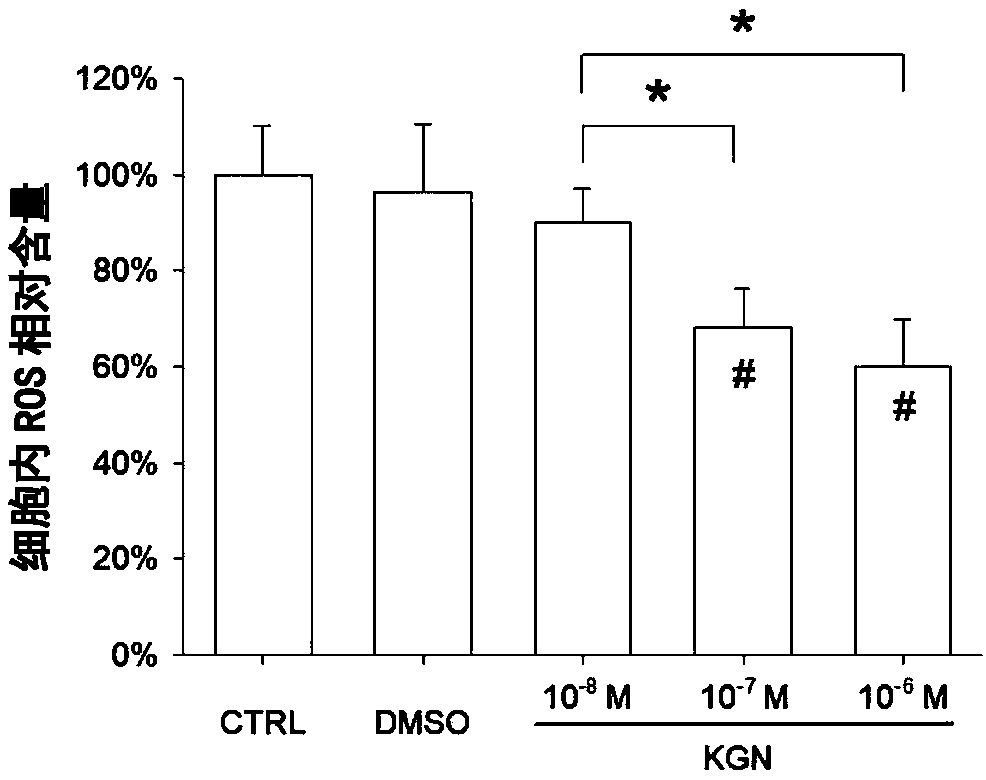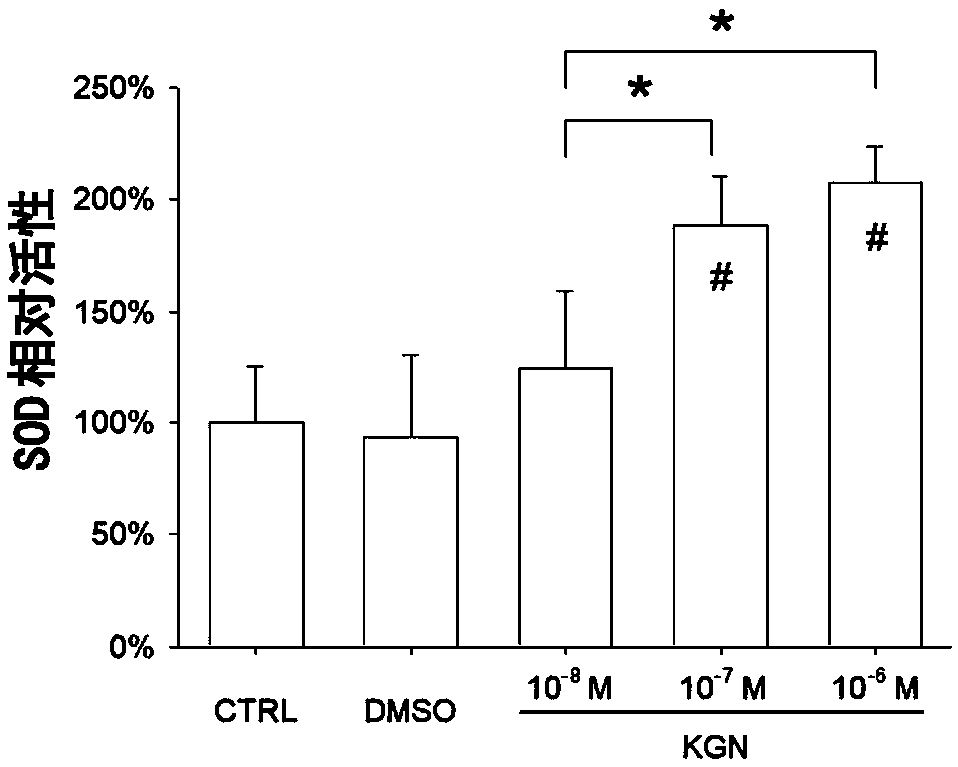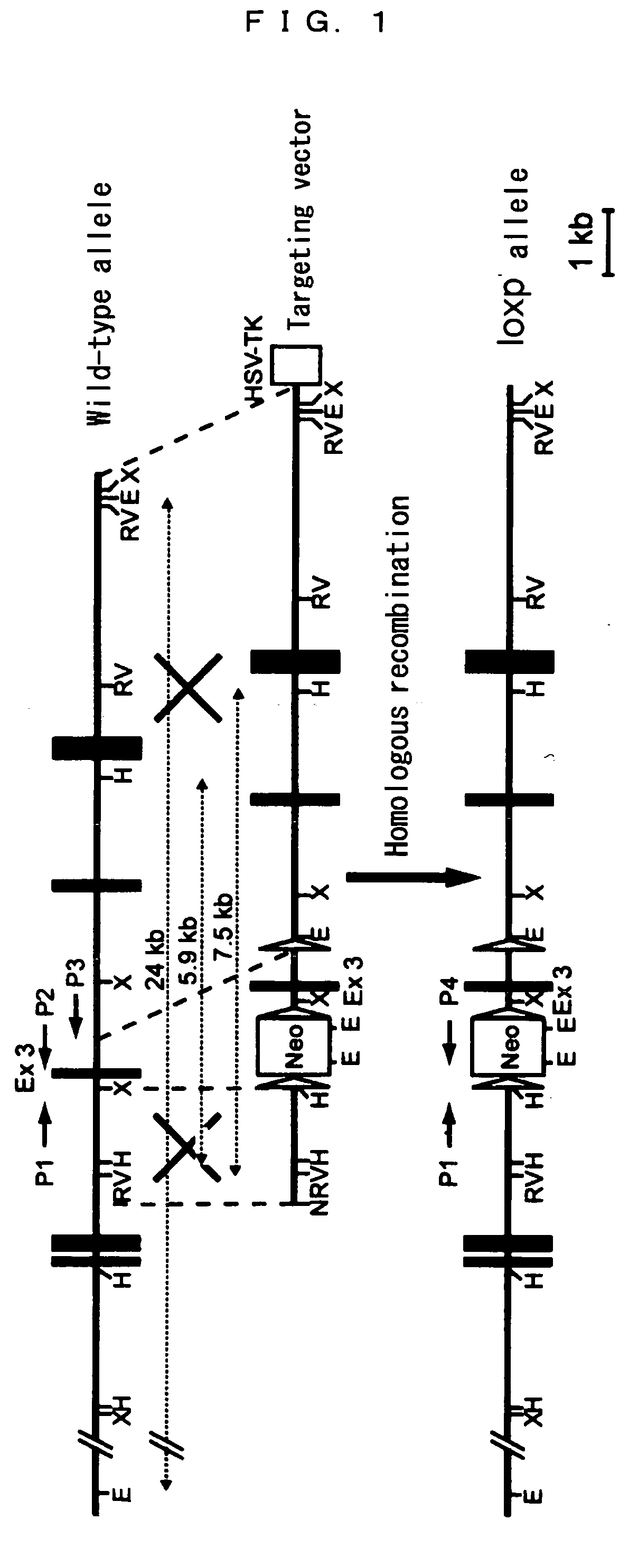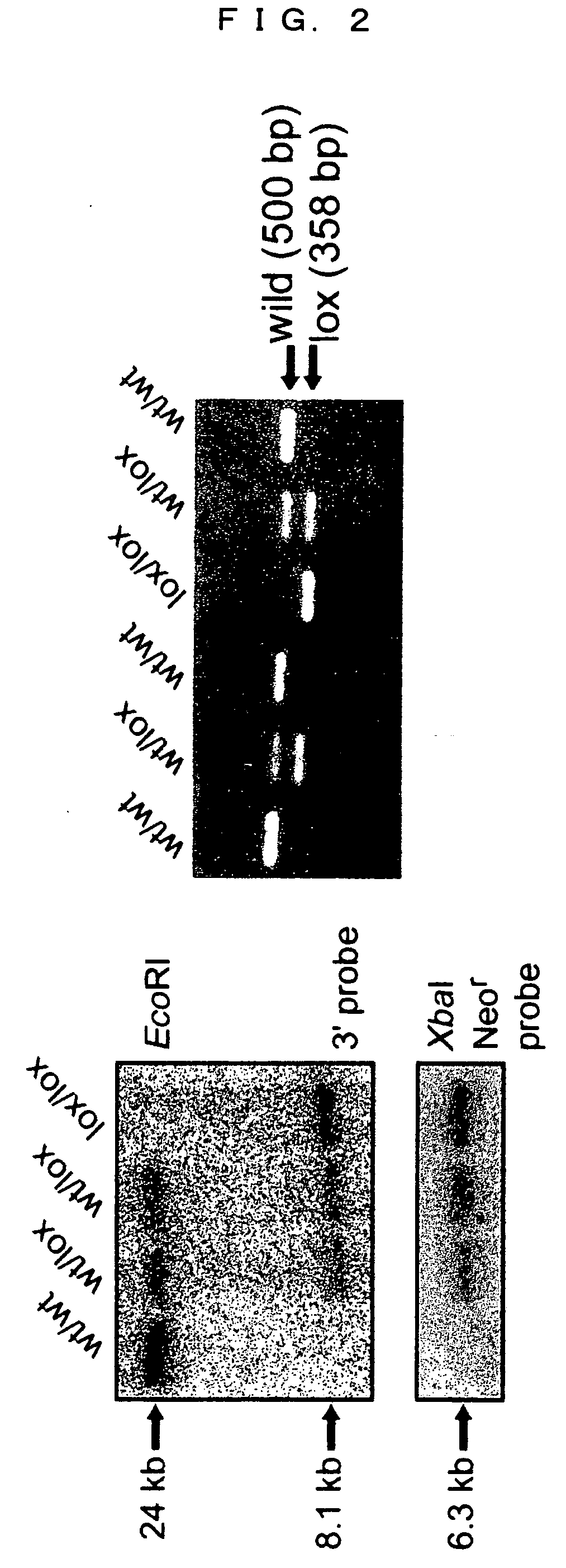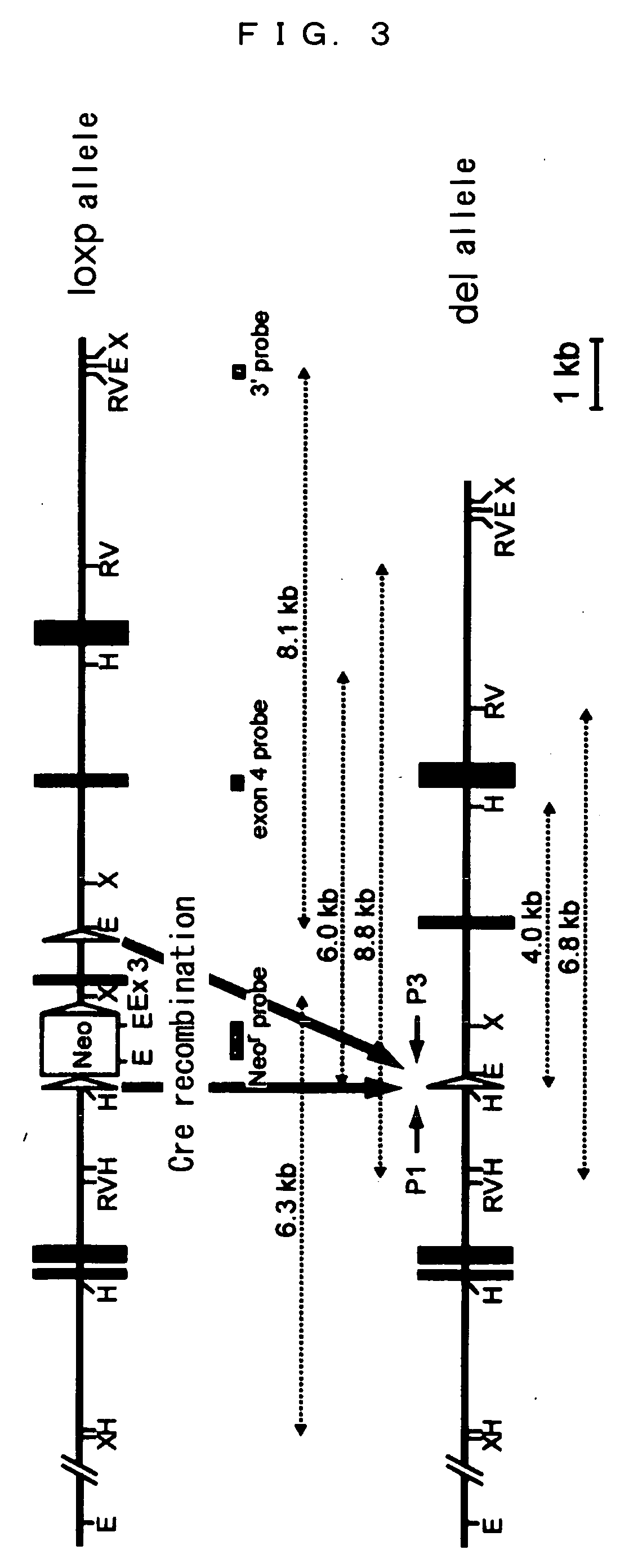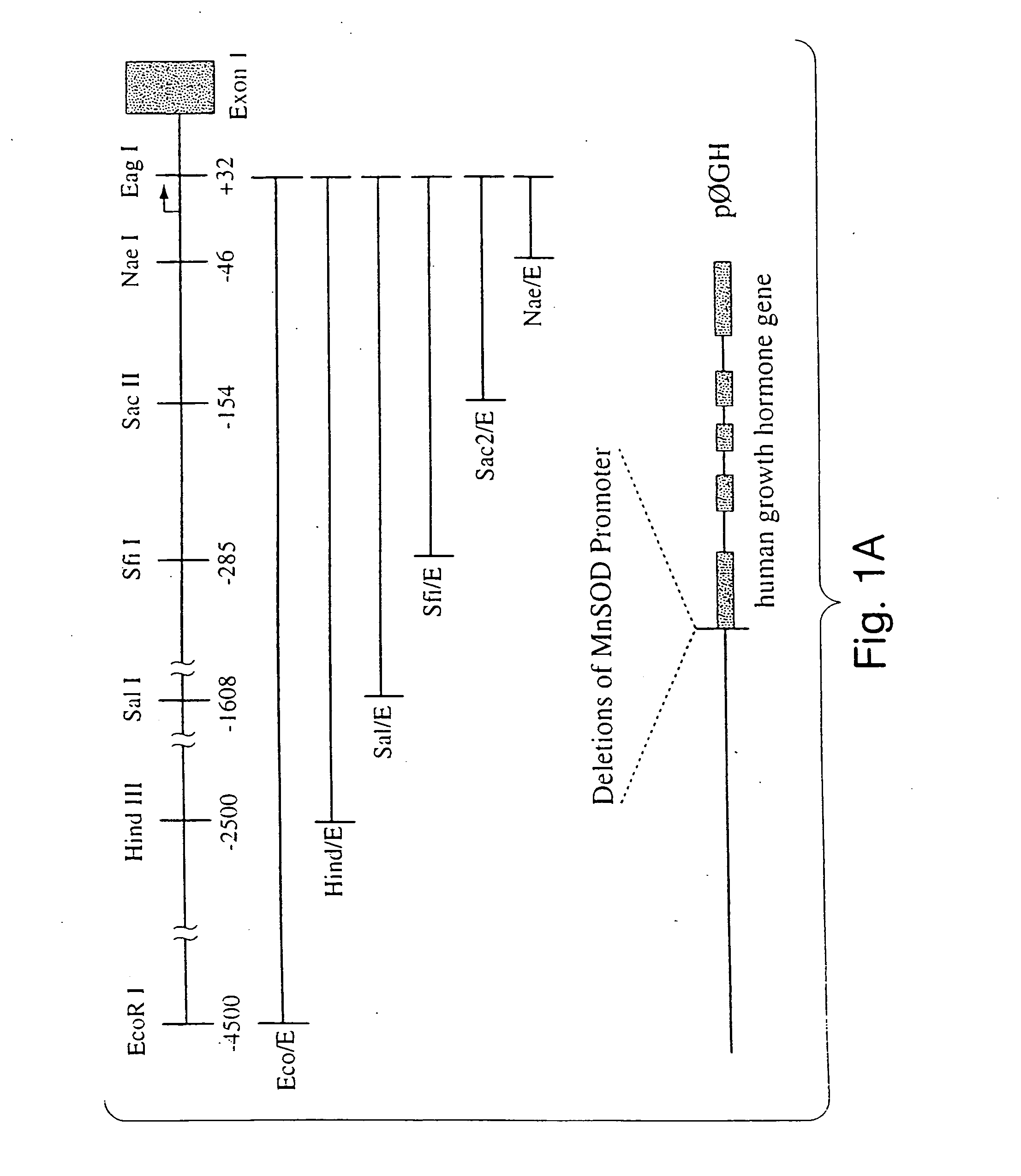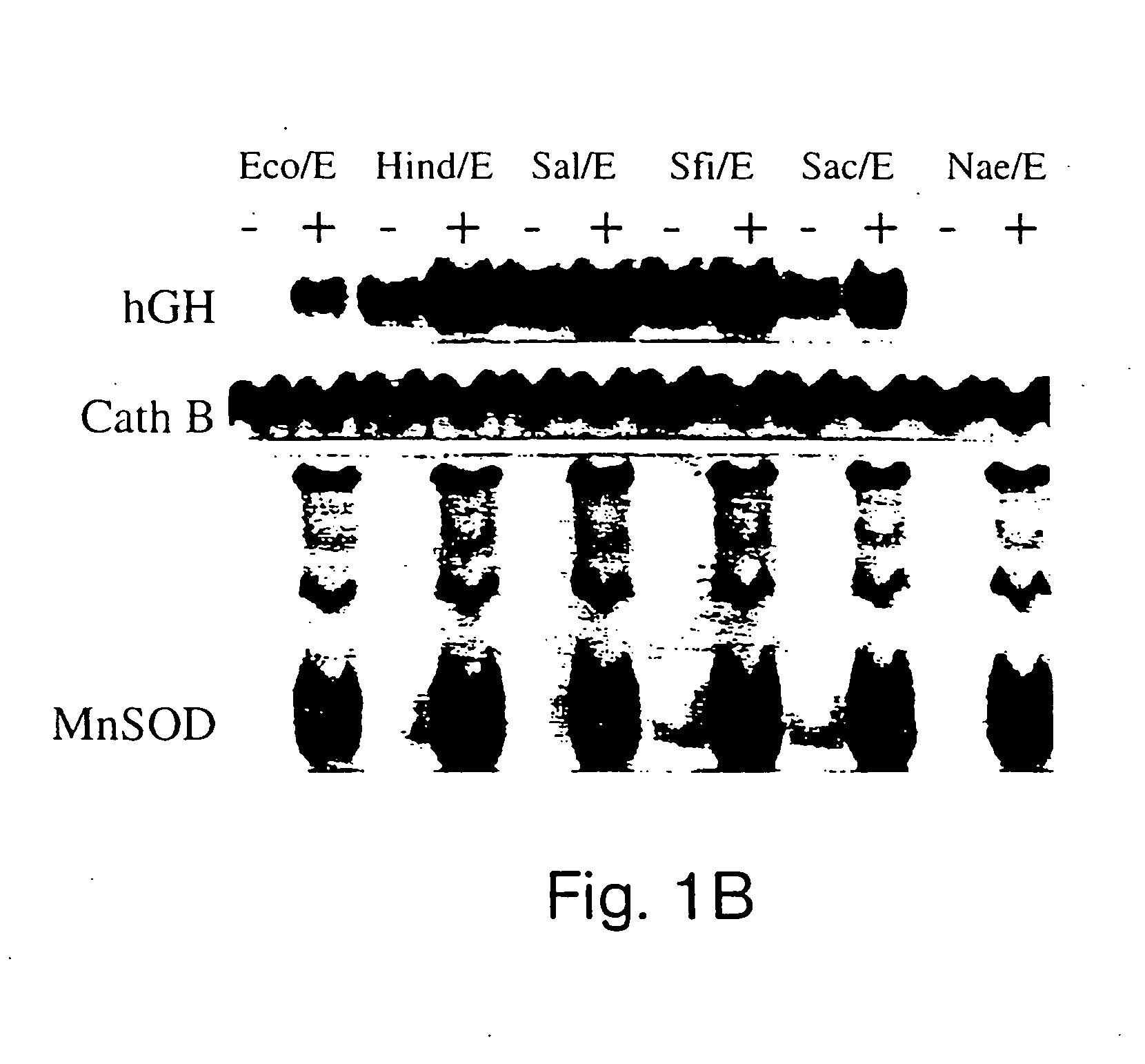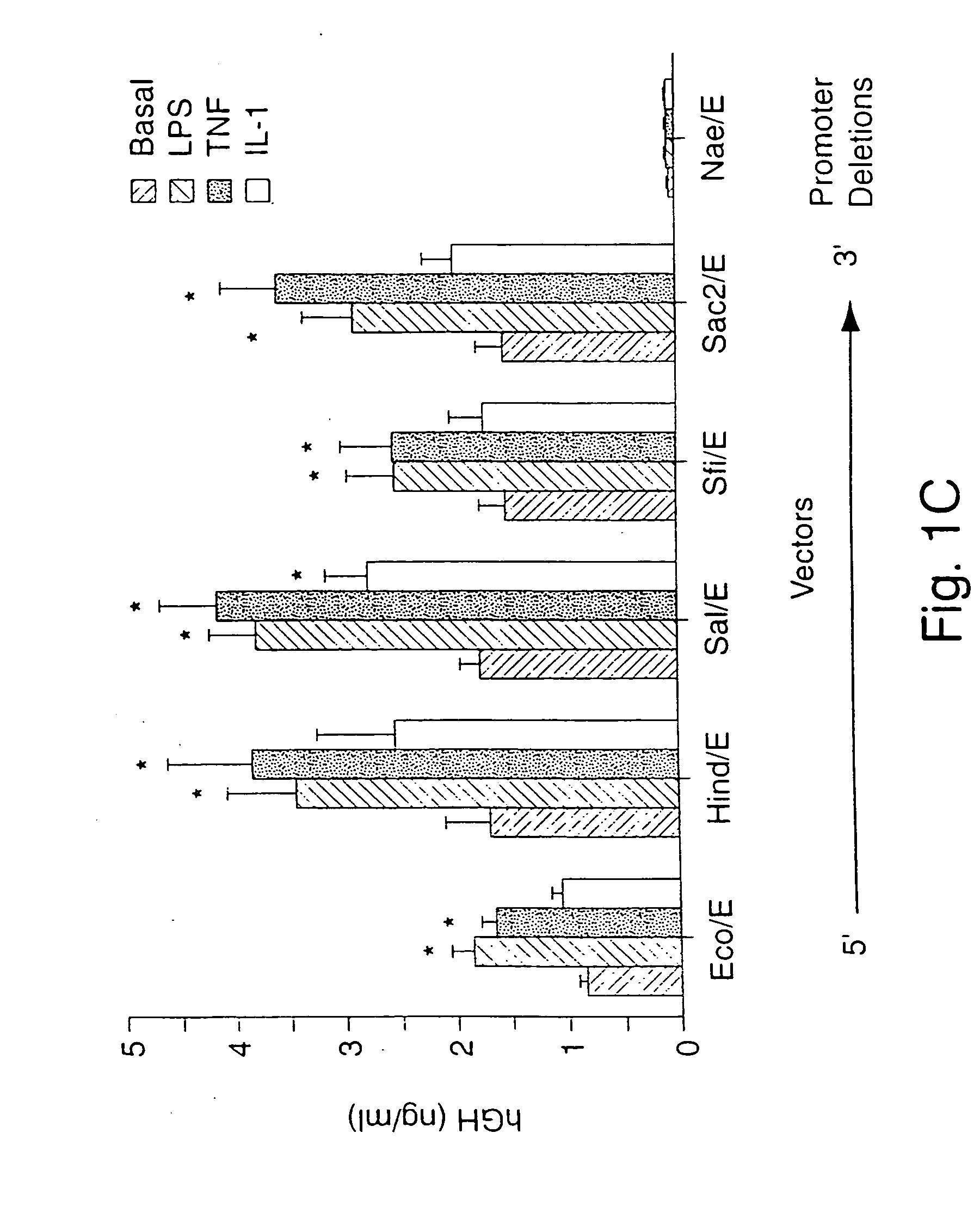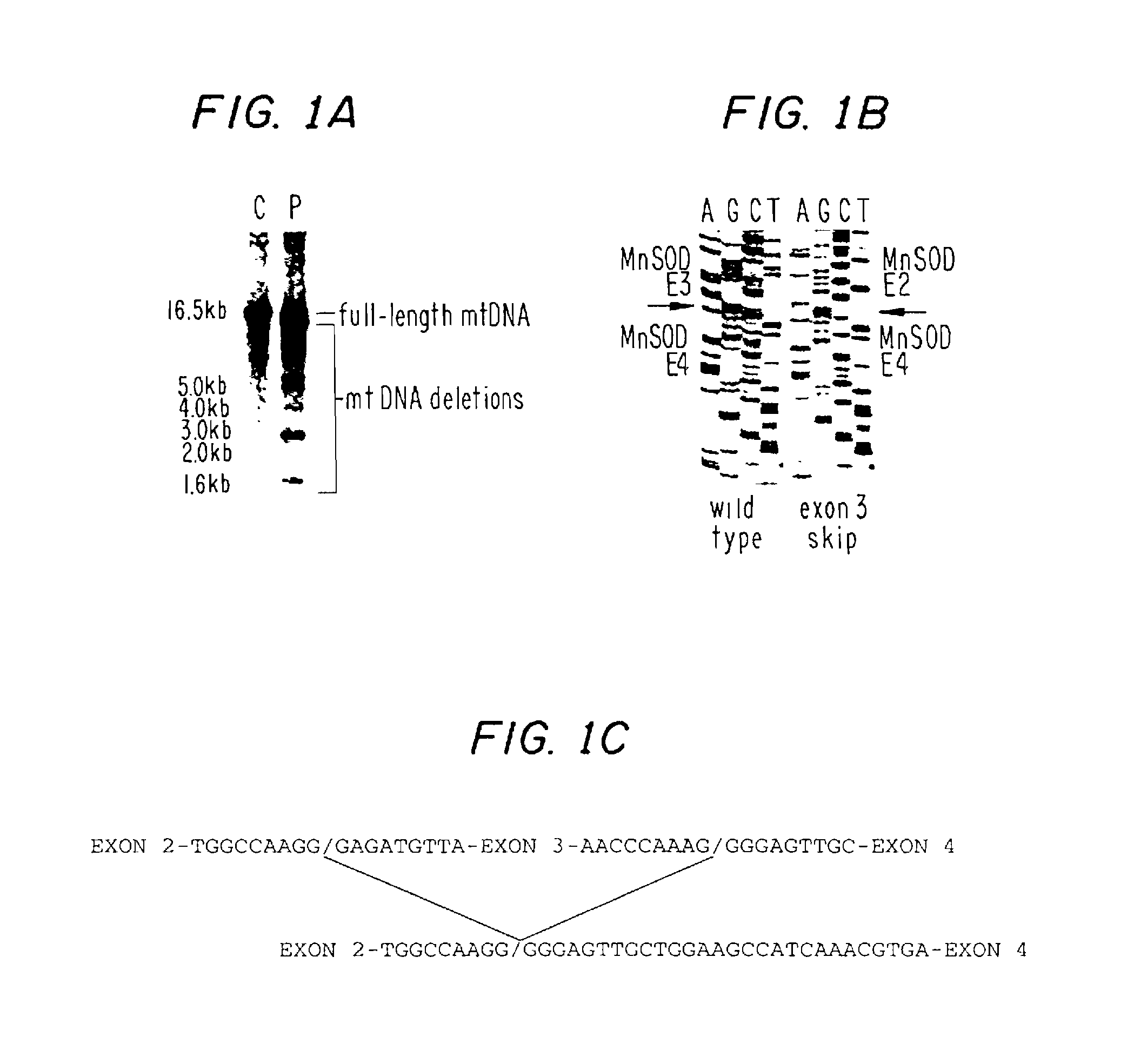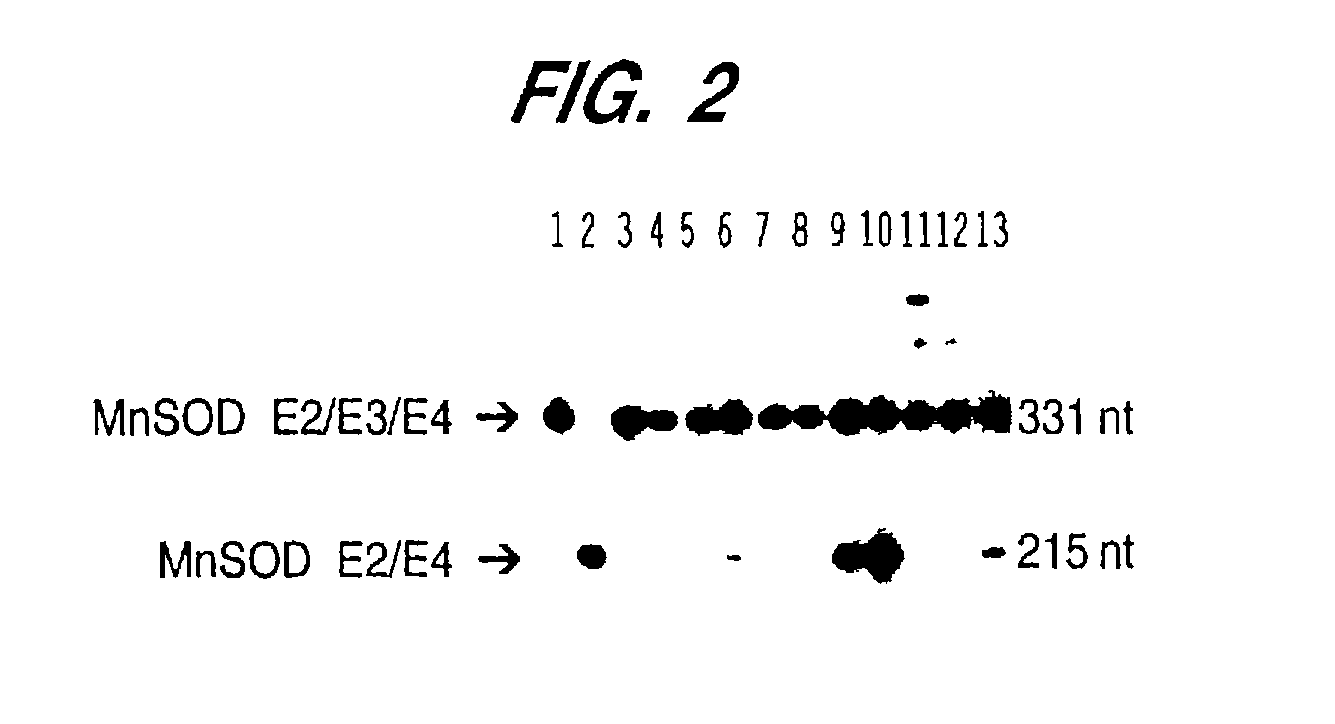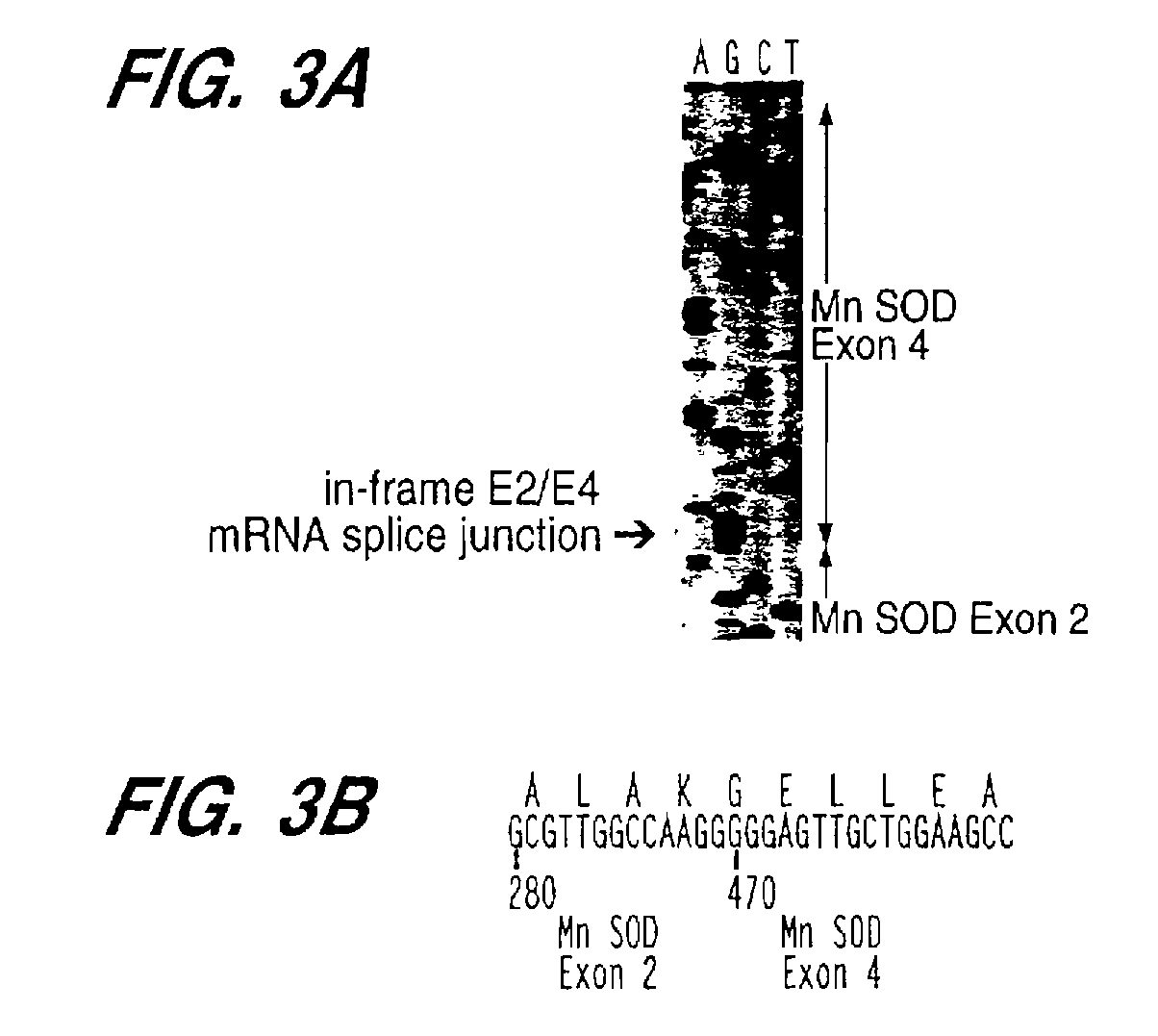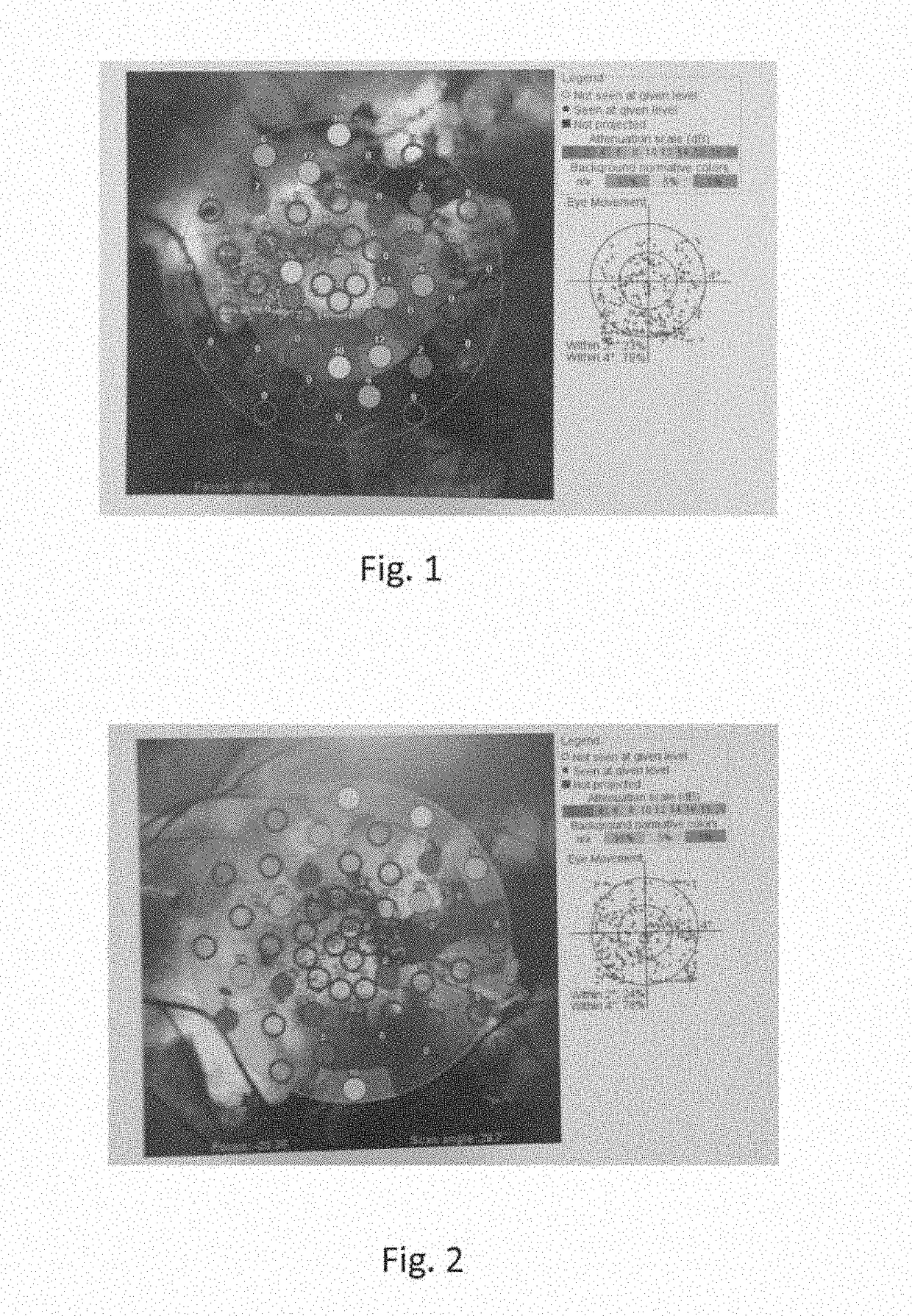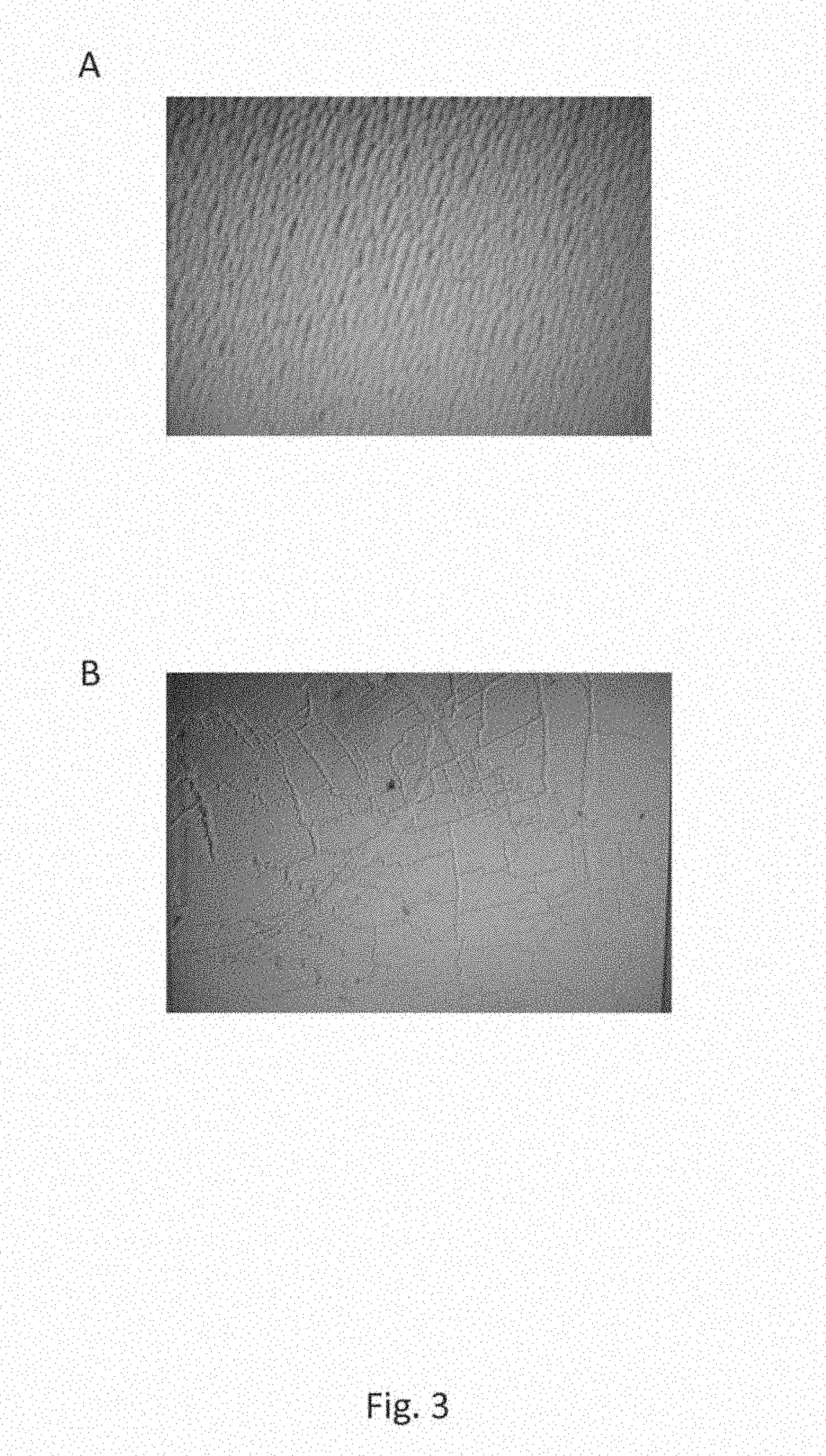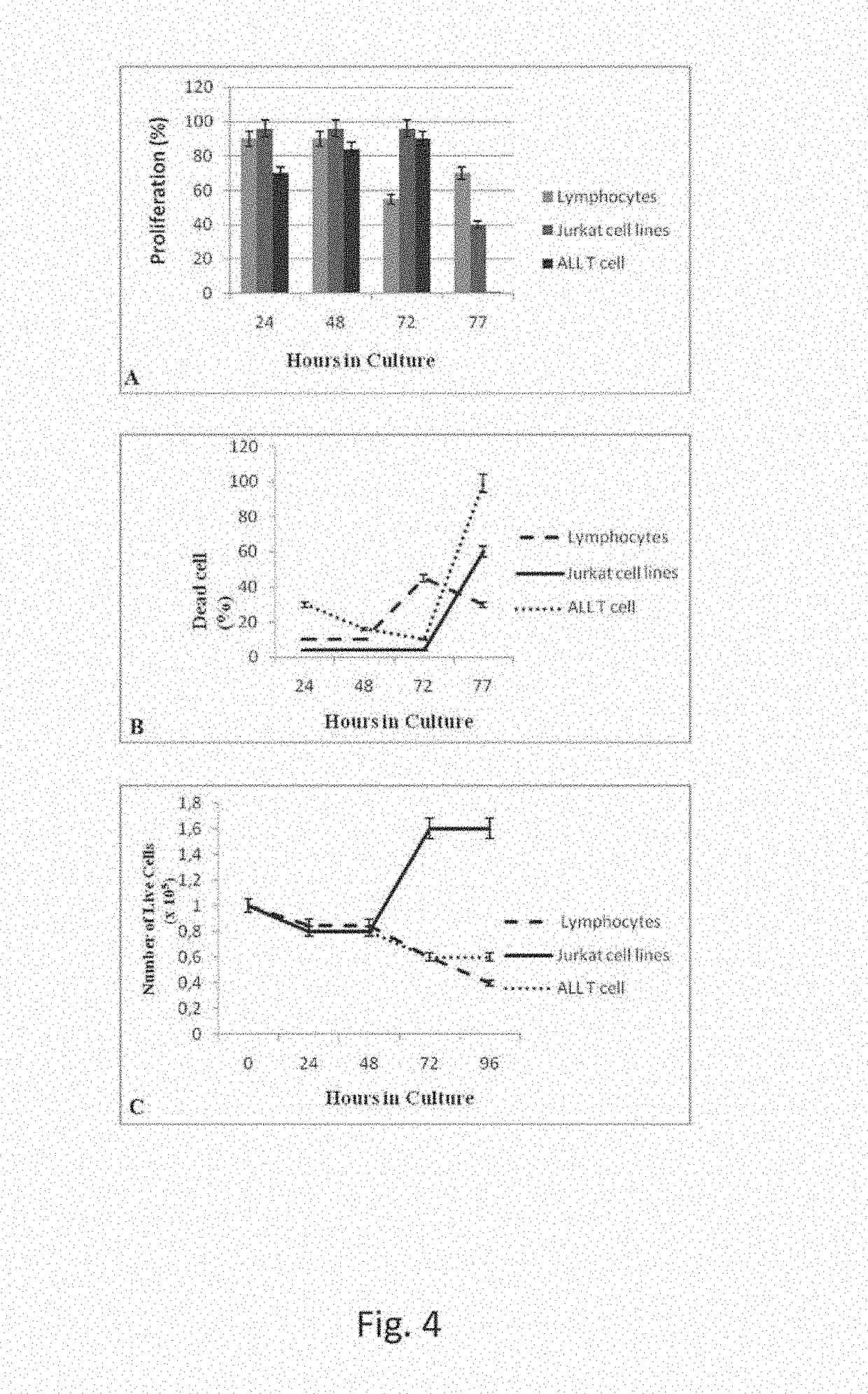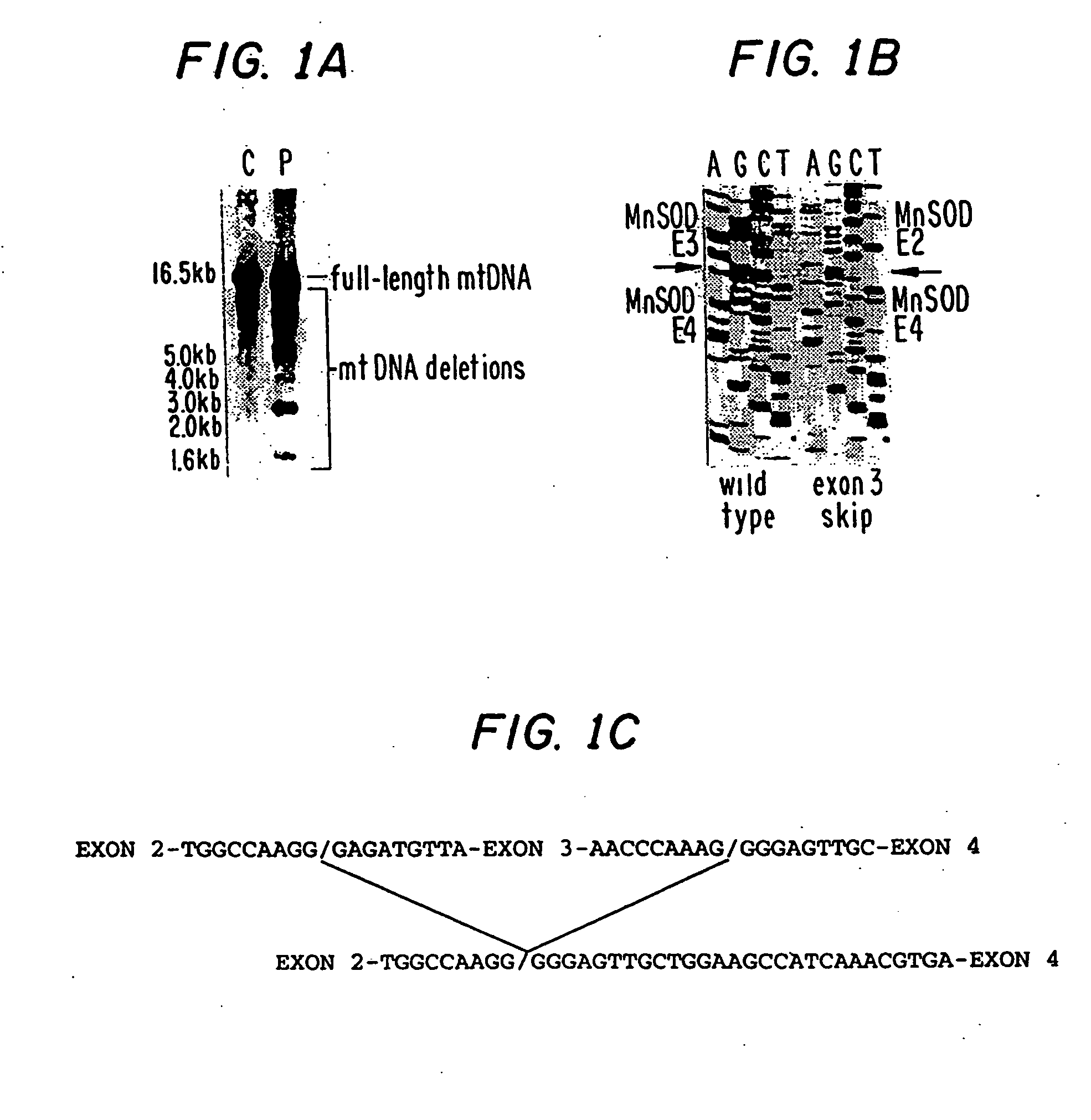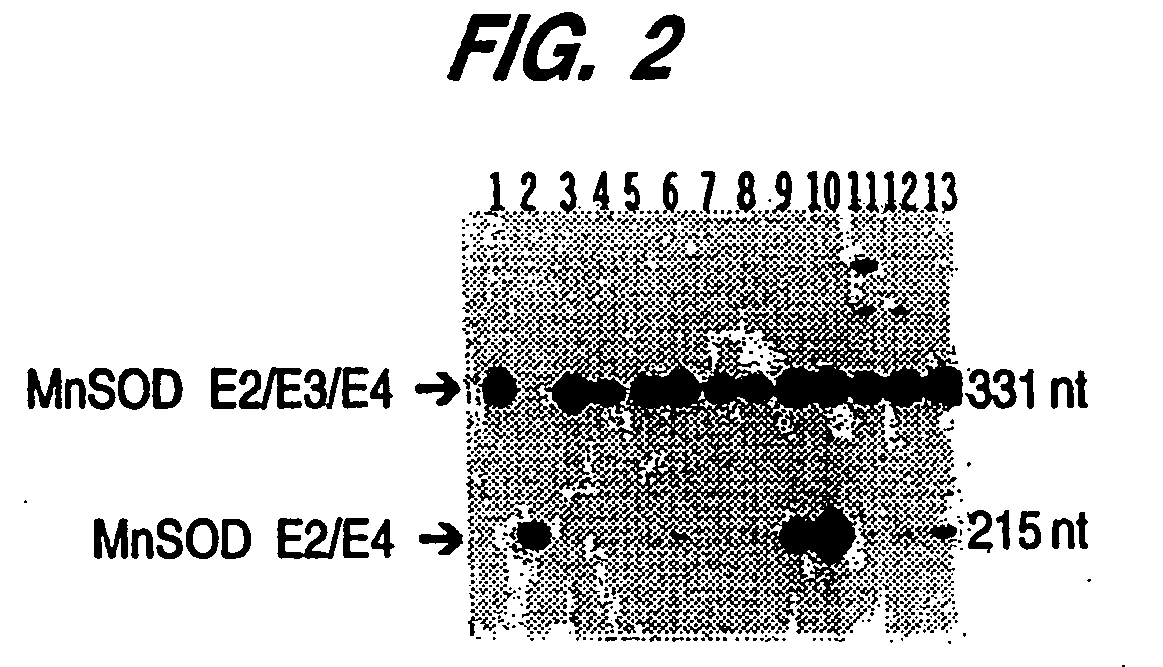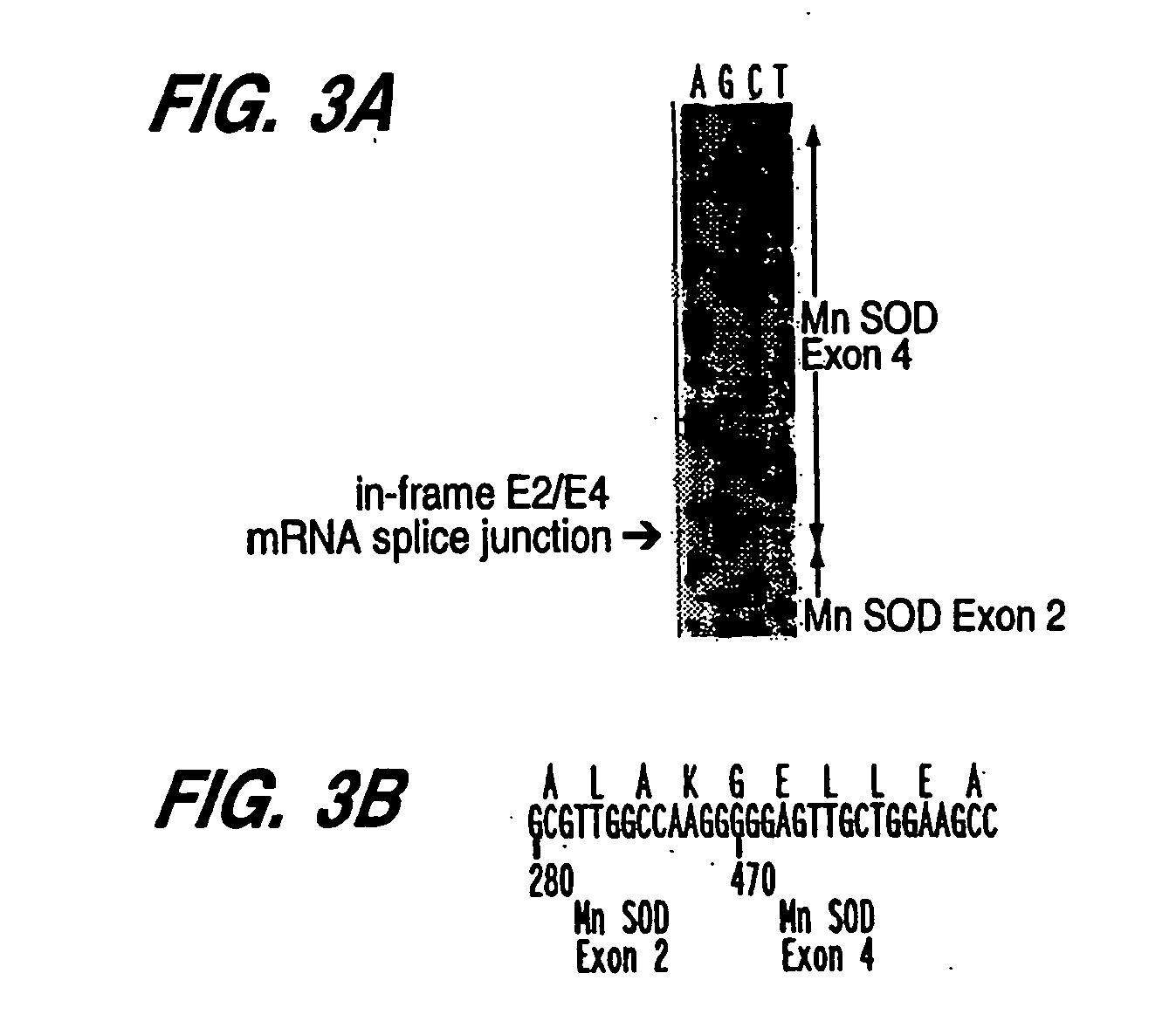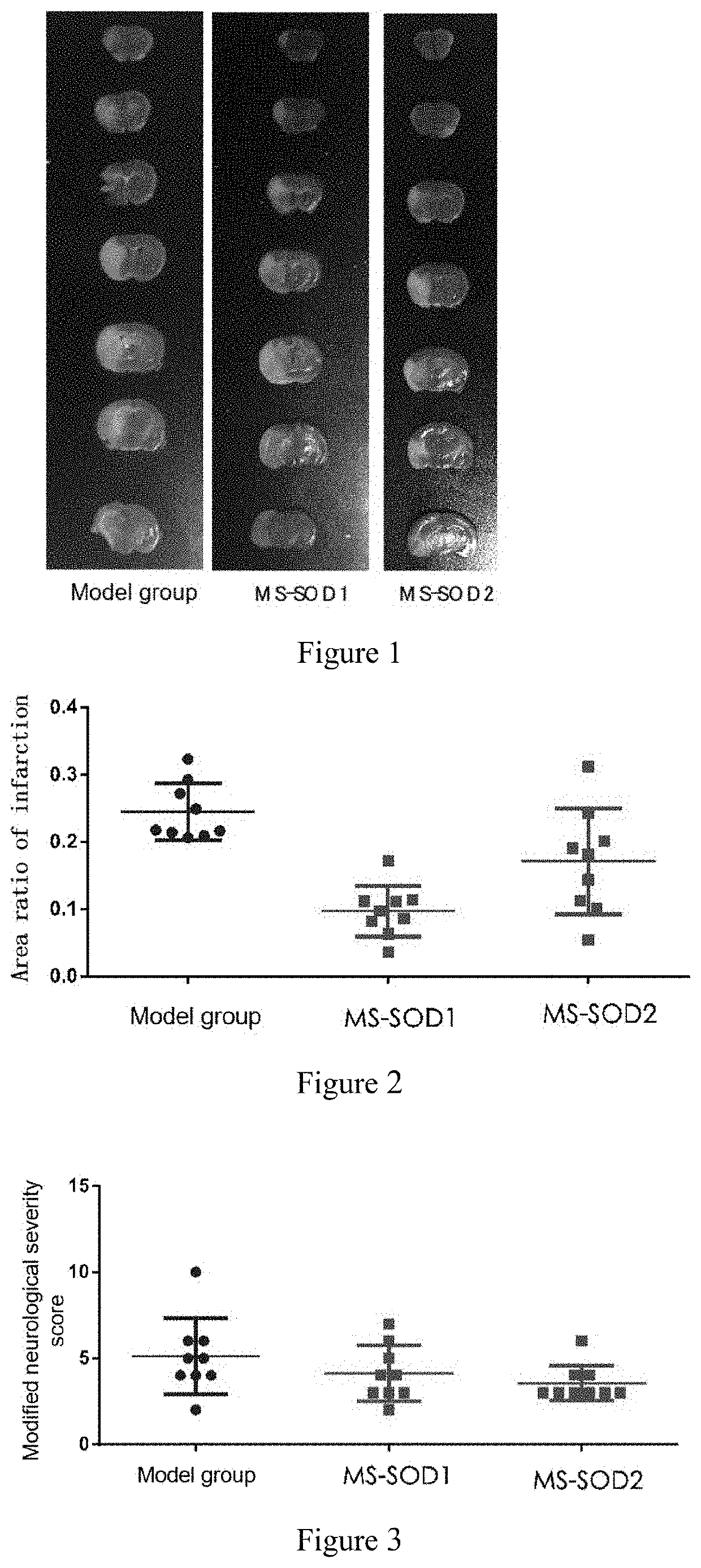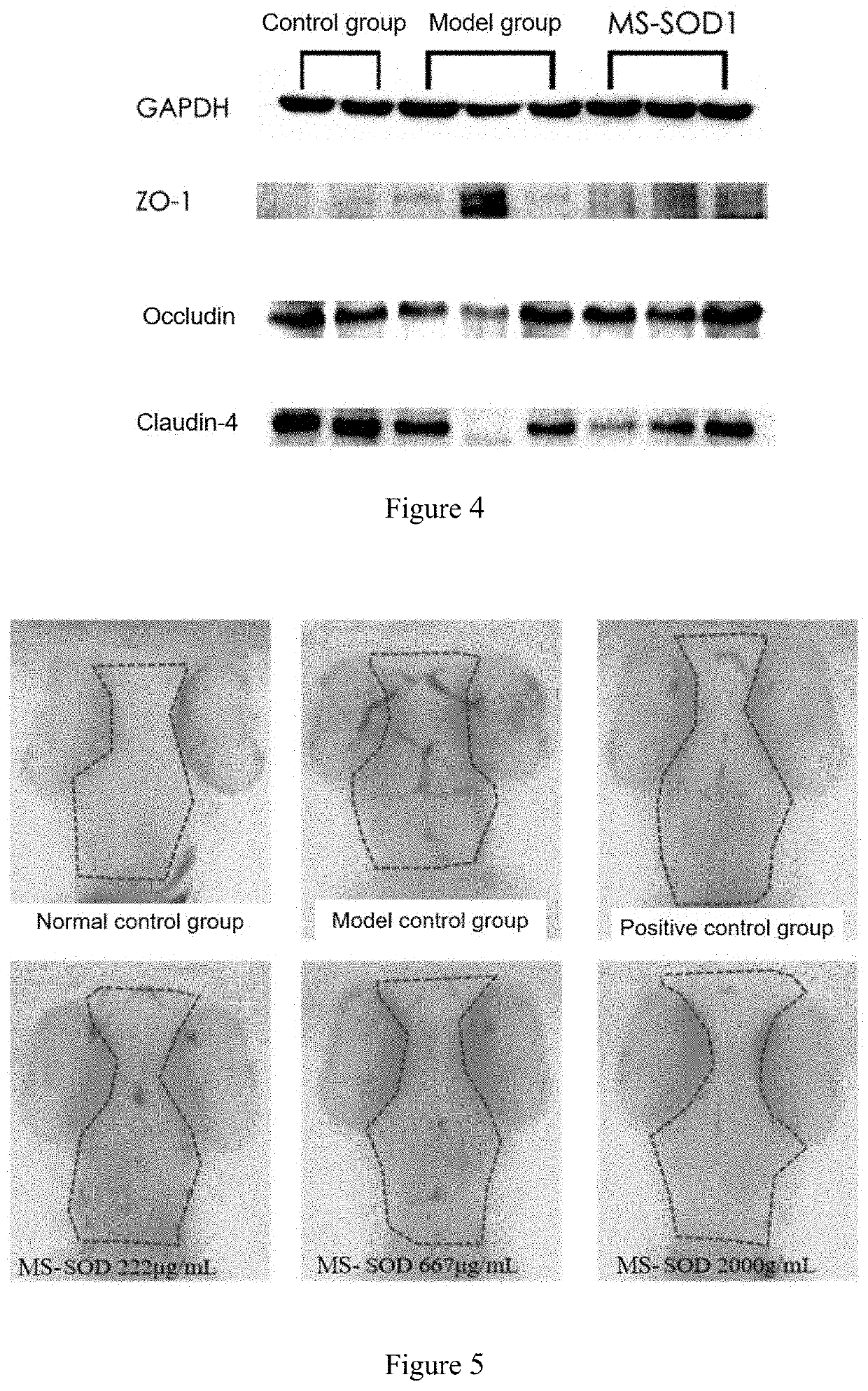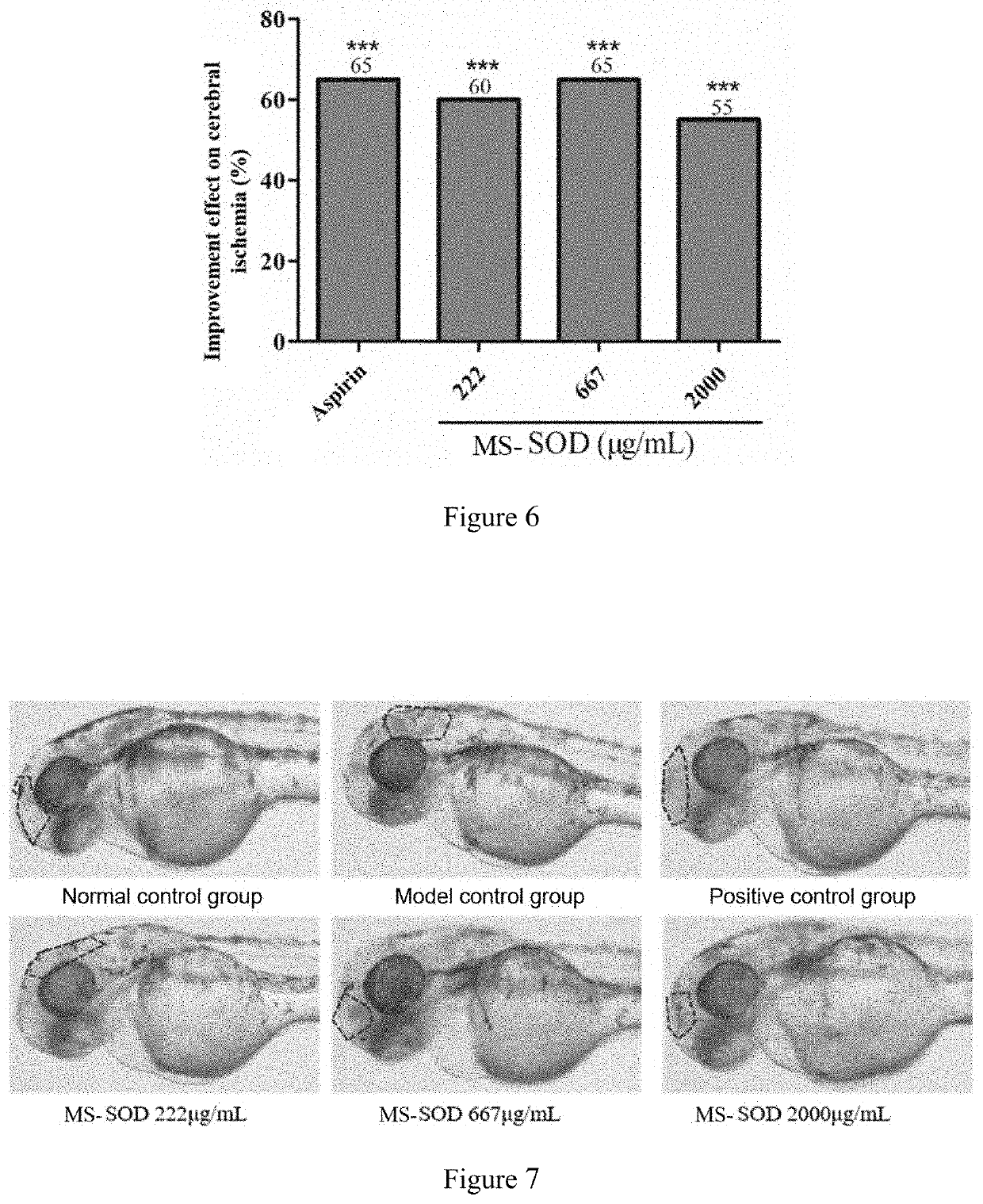Patents
Literature
44 results about "Manganese Superoxide Dismutase" patented technology
Efficacy Topic
Property
Owner
Technical Advancement
Application Domain
Technology Topic
Technology Field Word
Patent Country/Region
Patent Type
Patent Status
Application Year
Inventor
Superoxide dismutase 2, mitochondrial (SOD2), also known as manganese-dependent superoxide dismutase (MnSOD), is an enzyme which in humans is encoded by the SOD2 gene on chromosome 6. A related pseudogene has been identified on chromosome 1.
Pichia engineering bacterial strain for expression of thermosacus aurantiancus miehe light spore variation gene Mn-sod
The invention relates to a pichia yeast engineering strain Pichia pastoris MS18 expressing thermostable manganese superoxide dismutase (Mn-SOD) gene Mn-sod obtained from Thermoascus aurantiacus var. levisporus. The manganese superoxide dismutase gene Mn-sod, which is obtainded from Thermoascus aurantiacus var. levisporus through the RT-PCR method, is cloned and inserted into pichia yeast integration expression vectorp PIC9K, and then the resulting manganese superoxide dismutase gene Mn-sod expression vector pPIC9K / Mn-sod is induced into pichia yeast GS115. After that, a yeast engineering bacteria MS18 expressing manganese superoxide dismutase is seleceted. The engineering bacteria is induced and cultured for six days, so the enzyme expression quantity is 0.92mg / mL, the enzyme activity is 2324 U / mL, and the molecular weight is 86.0 kDa. The engineering strain has stable activity at 50 DEG C and 60 DEG C, the enzyme activity remains 50% after heat preservation at 80 DEG C for 40 min and remains 20% after heat preservation at 90 DEG C for 60 min. The engineering strain of the invention has thermal stability, which can be used for production strain of thermostable manganese superoxide dismutase and has important economic value and social value.
Owner:SHANDONG AGRICULTURAL UNIVERSITY
Method for analyzing blood for the presence of cancer cells
InactiveUS7993826B2Sugar derivativesMicrobiological testing/measurementNeoplasm diagnosisCancer cell
The present invention relates to a method for investigating body fluids for cancer cells, the use thereof and corresponding analysis kits, and the possibilities for cancer treatment derived therefrom. The method is based essentially on determining the expression of the manganese superoxide dismutase, thioredoxin reductase and / or glutathione peroxidase genes. Use of this method permits in particular reliable tumor diagnosis and prognosis. Diminishing an elevated expression of these genes has therapeutic value and may be utilized for cancer treatment.
Owner:GIESING MICHAEL
Longan functional drink and method for preparing same
InactiveCN103005562AInhibit peroxideImprove digestion and absorption efficiencyFood preparationBiotechnologyPhysiology
The invention relates to a longan functional drink and a method for preparing the same. The method comprises the following steps of: mixing desired longan pulp with other various raw materials and adding water to the mixture to a certain volume, boiling the mixture until the temperature is in the range of 80-100 DEG C, preserving heat for 20-40 minutes, grinding by using a pulp refiner until the particle granularity is about 15-20 microns, and filtering to obtain longan mixed juice; inoculating the longan mixed juice with sbacillus containing a manganese superoxide dismutase gene for fermentation culture; and keeping in cold storage, thereby obtaining the longan functional drink. The obtained longan functional drink is advantageous for improving the digestion absorption efficiency of the human body to food, improving the feeding of satiety after eating, reducing the possibility of abdominal distension exhaust, promoting normal defecation, reducing the pressure of the gastrointestinal tract, promoting vigor, promoting the health of the circulatory system, helping the body to adjust operation of the immunologic function and enhancing the human body defense mechanism; besides, the drink is advantageous for clearing away superoxide radicals generated in the human body and protecting the cells against damage, and has the characteristics of resisting aging and radiation, improving the tolerance of the cells to oxygen emergency reaction and the like.
Owner:JIMEI UNIV
Manganese superoxide dismutase exon 3-deleted isoforms and nucleic acid molecules encoding the isoforms
A new isoform of manganese superoxide dismutase (MnSOD) and polynucleotides encoding it have been identified. This isoform, MnSOD E3(−), is a splice variant lacking exon 3 of the full length MnSOD. The polypeptide can be expressed using appropriate host cells. Modulation of either the expression of the polynucleotides of the activity of the polypeptide is also described. Furthermore, diagnostic and therapeutic methods have been developed as a consequence of the isolation of the polynucleotides and polypeptides.
Owner:MITOTEK
Method for quickly preparing recombinant heat-resistant manganese superoxide dismutase
InactiveCN101985614AHigh recovery rateLittle loss of activityEnzymesEscherichia coliChromatographic separation
The invention provides a method for quickly preparing recombinant heat-resistant manganese superoxide dismutase and belongs to the technical field of bioseparation engineering. In the method, the metal-chelating chromatographic separation technology and the self-prepared ultra-macroporous metal-chelating medium are adopted, high-purity high temperature-resistant manganese superoxide dismutase can be quickly separated from recombinant Escherichia coli by four steps, namely centrifugation of fermentation liquor, cell breakage, centrifugation of breaking liquid and chromatography. The separation rate is over 5 times higher than the conventional chromatographic separation rate, the loss of SOD enzymatic activity is low, the recovery is high, the purity is over 85 percent, and the method makes mass production of low-cost high-purity SOD enzyme possible.
Owner:CHINA UNIV OF PETROLEUM (EAST CHINA)
Compositions and Methods for Inhibiting an Isoform of Human Manganese Superoxide Dismutase
Owner:MITOTEK
Compositions and Methods For Inhibiting an Isoform of Human Manganese Superoxide Dismutase
The present invention is directed to methods of modulating the activity of an isoform of manganese superoxide dismutase which is useful for the treatment of diseases such as neurodegenerative diseases and heart failure.
Owner:MITOTEK
Manganese superoxide dimutase exon 3-deleted isoforms and nucleic acid molecules encoding the isoforms
A new isoform of manganese superoxide dismutase (MnSOD) and polynucleotides encoding it have been identified. This isoform, MnSOD E3(−), is a splice variant lacking exon 3 of the full length MnSOD. The polypeptide can be expressed using appropriate host cells. Modulation of either the expression of the polynucleotides of the activity of the polypeptide is also described. Furthermore, diagnostic and therapeutic methods have been developed as a consequence of the isolation of the polynucleotides and polypeptides.
Owner:MITOTEK
Methods for treating neurological disorders using a synergistic small molecule and nucleic acids therapeutic approach
ActiveUS10808247B2Nervous disorderHeterocyclic compound active ingredientsSuperoxide dismutasesNeurological disorder
In one aspect, the disclosure provides methods for treating a neurodegenerative disorder, comprising administering to a subject in need thereof a therapeutically effective amount of a nucleic acid molecule and a therapeutically effective amount of a small molecule that activates NF-κB p65 and increases expression of manganese superoxide dismutase (MnSOD / SOD2) and / or expression of a related protein or enzyme.
Owner:PHIO PHARMA CORP +1
Application of straw mushroom manganese superoxide dismutase VMn-SOD in improving stress resistance ability of microorganisms
ActiveCN110577957AImprove heat stress toleranceImprove cold stress toleranceOxidoreductasesFermentationNucleotideManganese
The invention discloses the application of a straw mushroom manganese superoxide dismutase VMn-SOD in improving the stress resistance ability of microorganisms. According to the straw mushroom manganese superoxide dismutase VMn-SOD, an amino acid sequence is shown as SEQ ID NO.1, and a nucleotide sequence of a coding gene is shown as SEQ ID NO.2. The straw mushroom manganese superoxide dismutase VMn-SOD gene is transferred into a suitable microbial host body, so that a host expresses the manganese superoxide dismutase, the heat stress resistance, cold stress resistance and salt stress resistance ability of the host are improved. Straw mushroom catalase VCAT is derived from fungi and transferred into the suitable microbial host, and the temperature stress resistance ability and the salt stress resistance ability of the host are improved.
Owner:SHANGHAI ACAD OF AGRI SCI
Primer group, reagent and/or kit and system for detecting lung cancer chemotherapy related genes, and application
ActiveCN109517900AClustering is clearImprove accuracyMicrobiological testing/measurementDNA/RNA fragmentationCYP2C8Biology
The invention relates to a primer group, reagent and / or kit and system for detecting lung cancer chemotherapy related genes, and application. The primer group contains primers for detecting gene mutation of ERCC1, MTHFR, GSTP1, XRCC1, DYNC2H1, ABCB1, CYP2C8*3, TP53, NQO1, CBR3, SOD2, CYP2C19, UGT1A1*6, TYMS, NT5C2 and CDA. The primer group, the reagent and / or the kit, the system and the application have the advantages of high accuracy, high specificity, high sensitivity, good precision and the like, and meanwhile, further have the advantages of sample saving, short detection period, easy operation, convenient analysis and the like.
Owner:SIMCERE DIAGNOSTICS CO LTD +2
Application of manganese superoxide dismutase stimulant in preparing liver-protecting drug
InactiveCN103223161APeptide/protein ingredientsDigestive systemDismutaseSuperoxide dismutase mimetics
The invention provides novel medical application of a manganese superoxide dismutase stimulant MnSODm in preparing a liver-protecting drug. By investigating the protective effect of a manganese superoxide dismutase stimulant compound to mice acute liver injury induced by carbon tetrachloride, the MnSODm has an obvious protective effect to the mice acute liver injury induced by CCI4, and therefore, the manganese superoxide dismutase stimulant can be used for preparing the liver-protecting drug, i.e., pharmaceutically acceptable preparation can be prepared by using the manganese superoxide dismutase stimulant as an active ingredient according to a conventional process and auxiliary materials.
Owner:甘肃省人民医院
Methods for identifying compounds as antioxidants
InactiveUS6900026B2Improve survivalAvoid developmentCompounds screening/testingMicrobiological testing/measurementMedicineParkinsonism
The present application describes methods for the testing of compounds of potential usefulness as therapeutic antioxidants and / or as therapeutic free radical scavengers. The animal model for testing such compounds is the Sod2CJE homozygous Manganese Superoxide Dismutase-deficient mouse. When pups of these mice are treated with certain antioxidants, they survive past about 7 days of age, and later develop characteristic histological changes and characteristic neurobehavioral disorders. Those treated mice can be further treated with test compounds which may or may not cross the blood brain barrier, and the life span and physical and neurobehavioral characteristics of those mice provide information about the potential utility of the test compound as a therapeutic antioxidant. Phenotypes of the treated mice allow conclusions regarding targeted areas of the brain and thus, applications to particular disorders such as Parkinsonism.
Owner:EMORY UNIVERSITY +1
Porphyra yezoensis manganese superoxide dismutase and its preparation method
InactiveCN1766112ADevelop raw material sourcesBacteriaMicrobiological testing/measurementEscherichia coliBinding site
Owner:OCEAN UNIV OF CHINA
SOD2 lentiviral vector, construction method and application thereof in targeted radiation protection and tumor sensitization
InactiveCN107365799AReduce proliferationPromote growthFermentationVector-based foreign material introductionRadiation DosagesApoptosis
The invention discloses a SOD2 lentiviral vector, a construction method and application thereof in targeted radiation protection and tumor sensitization and belongs to the technical field of tumor gene therapy. The vector is pLVX-C9BC-SOD2-T2A2-AcGFP1; an embedded promoter composed of a CAr G box and a CMV basal promoter in serial connection has obvious radiation inducing characteristics, can effectively promote expression of downstream gene under radiation treatment and can regulate and control the expression of the downstream gene within a certain range according to radiation dosage. In-vivo and in-vitro experiments prove that combined application of radiotherapy and SOD2 gene therapy has radiotherapy sensitization effect on tumor cells and can effectively inhibit proliferation and growth of the tumor cells; the combined application has radiation protection effect on normal cells and tissue and can lower apoptosis rate of the normal cells in a radiation field.
Owner:SICHUAN CANCER HOSPITAL
Compositions and methods for inhibiting an isoform of human manganese superoxide dismutase
Owner:MITOTEK
Method for improving antioxidant capacity and quality of seeds
InactiveCN102250896AIncrease VE contentImprove antioxidant capacityVector-based foreign material introductionAngiosperms/flowering plantsManganeseHigh survival rate
The invention relates to a method for improving antioxidant capacity and quality of seeds. In the method, the recombination of a seed-specific promoter At2S3 and three antioxidant genes is applied to improve the antioxidant capacity of the seeds. The upstream 1760 bp promoter sequence of the At2S3 gene respectively fuses GUS (beta-glucuronidase) reporter gene, manganese-superoxide dismutase (MSD1) gene, catalase (CAT1) gene and a gene of a key enzyme (homogentisate plant-transferase; HPT1) during vitamin E biosynthesis to transform arabidopsis and carry out strain hybridization. The results show that the GUS reporter gene is specifically and efficiently expressed in the seeds; and the monovalent MSD1 (M7), bivalent MSD1 / CAT1 (M7 / C9) and trivalent MSD1 / CAT1 / HPT1 (M7 / C9 / H3) transgenic arabidopsis strains have significantly higher germination rate of seeds when being subjected to 10 mu M paraquat oxidative stress treatment and significantly higher survival rate of seedlings when subjected to 1 mu M paraquat oxidative stress treatment than those of wild-type strains. Therefore, the promoter is a seed-specific highly-efficient promoter, and the recombination of the promoter and three antioxidant genes has important economic and social benefits for prolonging storage period of the seeds and improving quality and stress resistance of the seeds.
Owner:SHANDONG AGRICULTURAL UNIVERSITY
Application of lentinus edodes manganese superoxide dismutase LeMn-SOD to improving stress resistance of microorganisms
The invention discloses an application of lentinus edodes manganese superoxide dismutase LeMn-SOD to improving the stress tolerance of microorganisms. The amino acid sequence of the lentinus edodes manganese superoxide dismutase LeMn-SOD is shown as SEQ ID NO.1, and the nucleotide sequence of a coding gene of the lentinus edodes manganese superoxide dismutase LeMn-SOD is shown as SEQ ID NO.2. Thelentinus edodes manganese superoxide dismutase LeMn-SOD gene is transferred into a suitable microbial host, so that the host expresses manganese superoxide dismutase, and the cold stress resistance and salt stress resistance of host cells are improved. The lentinus edodes manganese superoxide dismutase LeMn-SOD disclosed by the invention is derived from fungi and can be transferred into a suitablemicrobial host, so that the stress resistance of the host is improved.
Owner:SHANGHAI ACAD OF AGRI SCI
Use of traditional Chinese medicine in preparing medicine for treating diabetes cardiomyopathy
InactiveCN101361841AAnthropod material medical ingredientsHydroxy compound active ingredientsRat modelMrna expression
The invention discloses a traditional Chinese medicine composition applied to preparing medicines for curing diabetes cardiomyopathy. Tests prove that the pharmaceutical composition can enhance the activity of suckling mouse cardiac muscle cells in vitro culture; by promoting the expression of mRNA of superoxide dismutase (SOD2), free radicals are eliminated and high-glucose-induced myocardial cell injury is prevented by restraining oxidative stress; simultaneously, the medicinal composition can improve myocardial lesions of a diabetes rat model and restrain cardiac muscle cell apoptosis; gene chip test results show that the medicinal composition plays the roles of curing the diabetes cardiomyopathy in the aspects of correcting sugar and protein metabolism, enhancing antioxidant capacity, inhibiting cell apoptosis and the like; and the experimental results prompt that the medicinal composition can protect the cardiac muscle of a patient and cure the diabetes cardiomyopathy.
Owner:HEBEI YILING MEDICINE INST
Compositions and methods for inhibiting an isoform of human manganese superoxide dismutase
The present invention is directed to methods of modulating the activity of an isoform of manganese superoxide dismutase which is useful for the treatment of diseases such as neurodegenerative diseases and heart failure.
Owner:MITOTEK
In-vitro molecular detection method for manganese SOD2 and primer
InactiveCN105132415AOvercoming the influence of human factorsOvercome stabilityMicrobiological testing/measurementDNA/RNA fragmentationSuper oxide dismutaseTotal rna
Owner:TIANJIN KANGTING BIOLOGICAL ENG GRP CO LTD
Separation technology for gene recombinant heat-resistant manganese superoxide dismutase
InactiveCN101955920AHigh recovery rateImprove separation efficiencyEnzymesEscherichia coliRecombinant escherichia coli
The invention provides separation technology for a gene recombinant heat-resistant manganese superoxide dismutase and belongs to the technical field of bioseparation engineering. By mainly applying the ultrafiltration separation technology, high-purity heat-resistant manganese superoxide dismutase can be separated from recombinant Escherichia coli (E. coli) by three simple steps of crushing, centrifuging and ultrafiltration; and in the separation preparation process, chromatography and electrophoresis centrifugal technology are not used, the extraction period is greatly shortened, and the rapid large-scale preparation of the recombinant heat-resistant manganese superoxide dismutase is realized.
Owner:CHINA UNIV OF PETROLEUM (EAST CHINA)
Skin gene detection method
The invention relates to a skin gene detection method. The method includes the following steps: S1, providing a detection sample of a detector, wherein the detection sample comprises a saliva sample;S2, extracting a nucleic acid sample of the saliva sample, performing SNP detection on 8 sites of 8 genes in the nucleic acid sample, wherein the 8 genes and sites respectively are rs13312741 site ofa TYR gene, rs1805007 site of an MC1R gene, rs11568737 site of an SLC45A2 gene, rs4880 site of an SOD2 gene, rs1799750 site of an MMP1 gene, rs222747 site of a TRPV1 gene, rs61816761 site of an FLG gene and rs11103631 site of an AQP3 gene; and S3, analyzing the detection results according to the data obtained in the S2, and determining the skin characteristic of the detector. The gene detection method can carry out characteristic detection on the skin at the gene level, can reflect the real condition of the skin of a detector, and can carry out skin care in a targeted way for a long time.
Owner:苏州罗塞塔生物科技有限公司
Application of Kartogenin for preparing drugs for improving mesenchymal stem cell oxidation resistance
InactiveCN108451940AImprove antioxidant capacityHigh activityOrganic active ingredientsAntinoxious agentsKartogeninGene expression level
The invention belongs to the field of medicine, and discloses application of Kartogenin for preparing drugs for improving the mesenchymal stem cell oxidation resistance. An experiment shows that KGN can reduce active oxygen inside BM-MSC, can improve the SOD and CAT activity, and can improve the gene expression level of SOD1, SOD2, CAT and GPX1 and increase the expression content of correspondingprotein. Accordingly, it proves that KGN has the promoting effect on the intracellular anti-oxidant function of stem cells, and the application of Kartogenin for preparing the drugs for improving themesenchymal stem cell oxidation resistance can provide a brand new scheme for improving the body cell oxidation resistance for medicine, tissue engineering research and the like.
Owner:THE FIRST AFFILIATED HOSPITAL OF SOOCHOW UNIV
Knockin non-human animal and tissue-specific MnSOD knockout non-human animal
A knockin nonhuman animal having a DNA wherein a region containing at least an exon of an MnSOD gene is interposed between two recombinase recognition sequences is disclosed. Further, a knockout nonhuman animal obtainable by mating a transgenic nonhuman animal expressing a recombinase in a specific tissue with the above knockin nonhuman animal, wherein an expression of manganese superoxide dismutase in the specific tissue is suppressed or deficient; and a nonhuman animal obtainable by further mating one of the above animals with the above knockout nonhuman animal, wherein manganese superoxide dismutase is specifically deficient in the specific tissue are disclosed.
Owner:ANTI AGING SCI
Novel manganese superoxide dismutase regulatory elements and uses therefore
InactiveUS20050164237A1Increase transcription/expression levelSugar derivativesGenetic material ingredientsTranscriptional Regulatory ElementsRegulator gene
A novel transcriptional regulatory element which was isolated from the MnSOD gene and which exhibits promoter-enhancer activity is disclosed. The promoter-enhancer activity of the element is further modulated by inflammatory mediators to regulate transcription. Methods of using the promoter-enhancer element to regulate gene expression, and therapeutic uses involving the promoter-enhancer element are also described.
Owner:NICK HARRY +2
Manganese superoxide dismutase exon 3-deleted isoforms and nucleic acid molecules encoding the isoforms
A new isoform of manganese superoxide dismutase (MnSOD) and polynucleotides encoding it have been identified. This isoform, MnSOD E3(−), is a splice variant lacking exon 3 of the full length MnSOD. The polypeptide can be expressed using appropriate host cells. Modulation of either the expression of the polynucleotides of the activity of the polypeptide is also described. Furthermore, diagnostic and therapeutic methods have been developed as a consequence of the isolation of the polynucleotides and polypeptides.
Owner:MITOTEK
Manganese superoxide dismutase variants and uses thereof
The present invention concerns variant proteins of manganese superoxide dismutase (MnSOD) and uses thereof. In particular, the invention concerns a short variant of recombinant MnSOD, and uses thereof for treating or preventing tumors, as well as for treating or preventing diseases with an etiology relating to an excess of free radicals.
Owner:MANCINI ALDO
Manganese superoxide dimutase exon 3-deleted isoforms and nucleic acid molecules encoding the isoforms
A new isoform of manganese superoxide dismutase (MnSOD) and polynucleotides encoding it have been identified. This isoform, MnSOD E3(−), is a splice variant lacking exon 3 of the full length MnSOD. The polypeptide can be expressed using appropriate host cells. Modulation of either the expression of the polynucleotides of the activity of the polypeptide is also described. Furthermore, diagnostic and therapeutic methods have been developed as a consequence of the isolation of the polynucleotides and polypeptides.
Owner:MITOTEK
Use of a manganese superoxide dismutase with high stability in the prevention or treatment of cerebral stroke
PendingUS20220168400A1Good effectImprove stabilityPeptide/protein ingredientsOxidoreductasesAmino acidManganese Superoxide Dismutase
The present invention relates to the use of a manganese superoxide dismutase with high stability and a pharmaceutical composition thereof in the prevention or treatment of cerebral stroke. The amino acid sequence of the manganese superoxide dismutase with high stability of the present invention is set forth in SEQ ID NO: 4. The manganese superoxide dismutase with high stability provided by the present invention can significantly prevent and reduce the cerebral injury after cerebral stroke, and has good prevention and treatment effects on cerebral stroke.
Owner:CARRY HEALTH BIOPHARMACEUTICALS HANGZHOU CO LTD
Features
- R&D
- Intellectual Property
- Life Sciences
- Materials
- Tech Scout
Why Patsnap Eureka
- Unparalleled Data Quality
- Higher Quality Content
- 60% Fewer Hallucinations
Social media
Patsnap Eureka Blog
Learn More Browse by: Latest US Patents, China's latest patents, Technical Efficacy Thesaurus, Application Domain, Technology Topic, Popular Technical Reports.
© 2025 PatSnap. All rights reserved.Legal|Privacy policy|Modern Slavery Act Transparency Statement|Sitemap|About US| Contact US: help@patsnap.com


